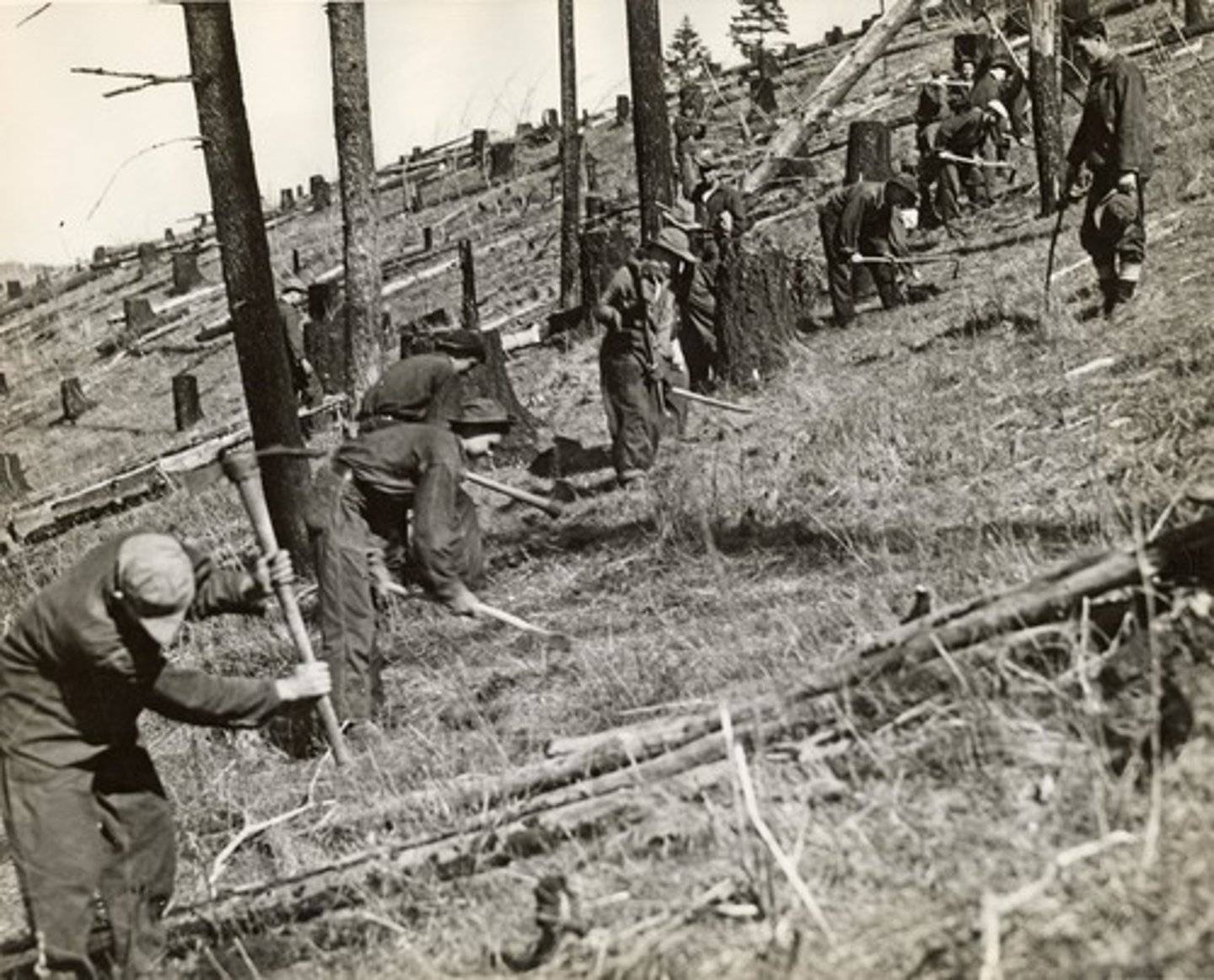Unit 2 - The Gilded Age & The Progressive Era 낱말 카드 | Quizlet
1/69
There's no tags or description
Looks like no tags are added yet.
Name | Mastery | Learn | Test | Matching | Spaced |
|---|
No study sessions yet.
70 Terms
Gilded Age
A name for the late 1800s, coined by Mark Twain to describe the tremendous increase in wealth caused by the industrial age and the ostentatious lifestyles it allowed the very rich. The great industrial success of the U.S. and the fabulous lifestyles of the wealthy hid the many social problems of the time, including a high poverty rate, a high crime rate, and corruption in the government.
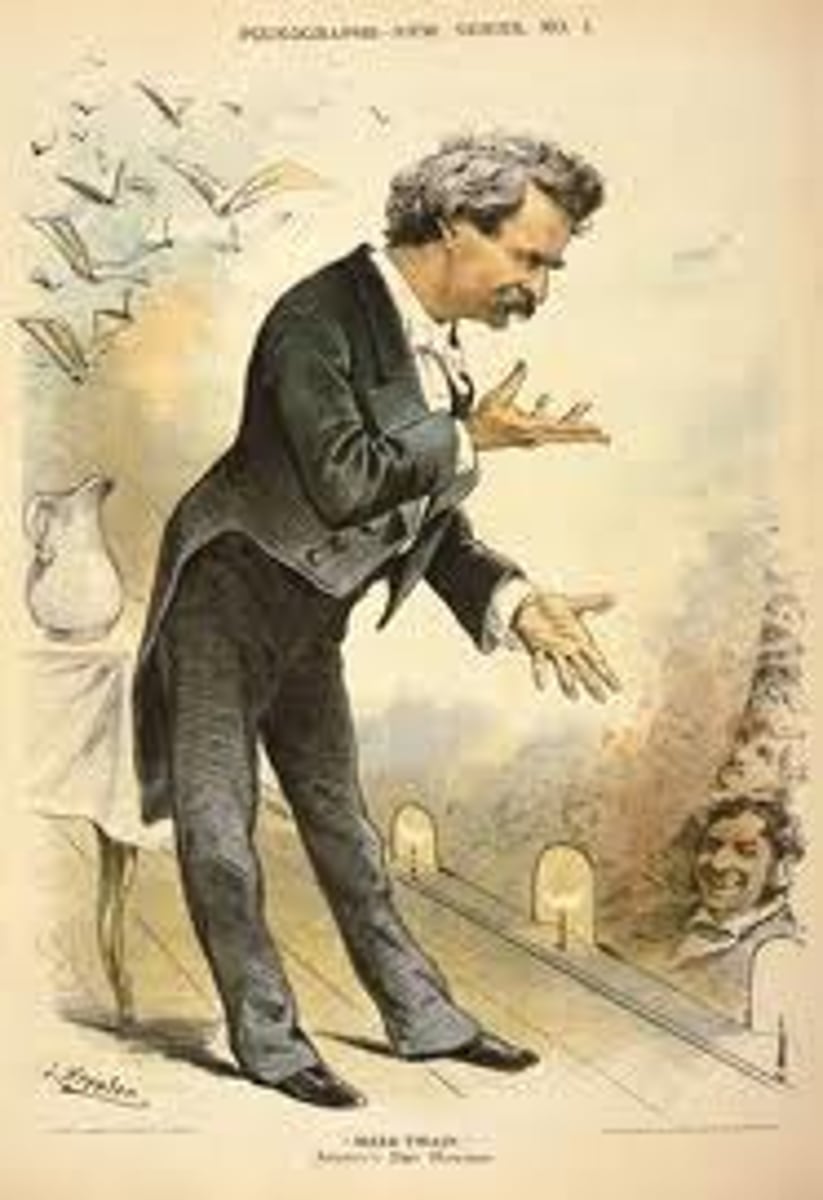
Bessemer Process
A way to manufacture steel quickly and cheaply by blasting hot air through melted iron to quickly remove impurities.
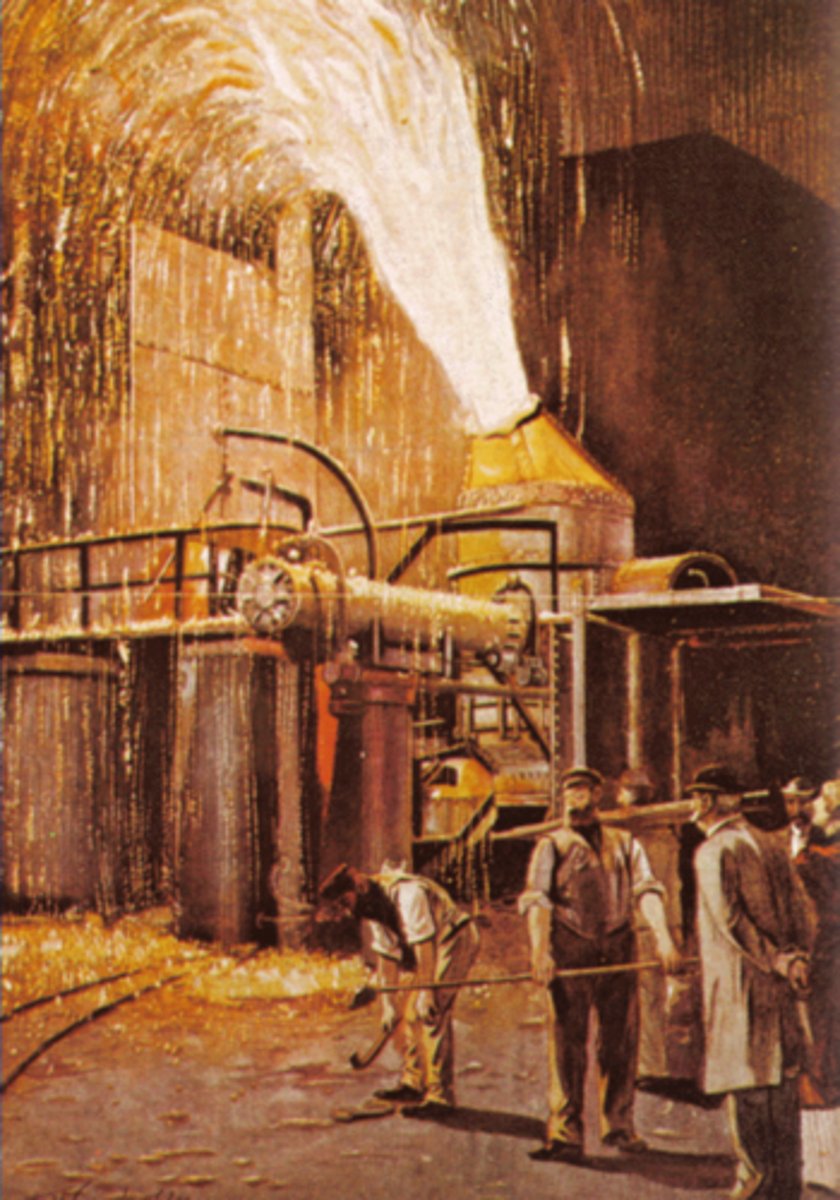
Robber Barons
Refers to the industrialists or big business owners who gained huge profits by paying their employees extremely low wages. They also drove their competitors out of business by selling their products cheaper than it cost to produce it. Then when they controlled the market, they hiked prices high above original price.
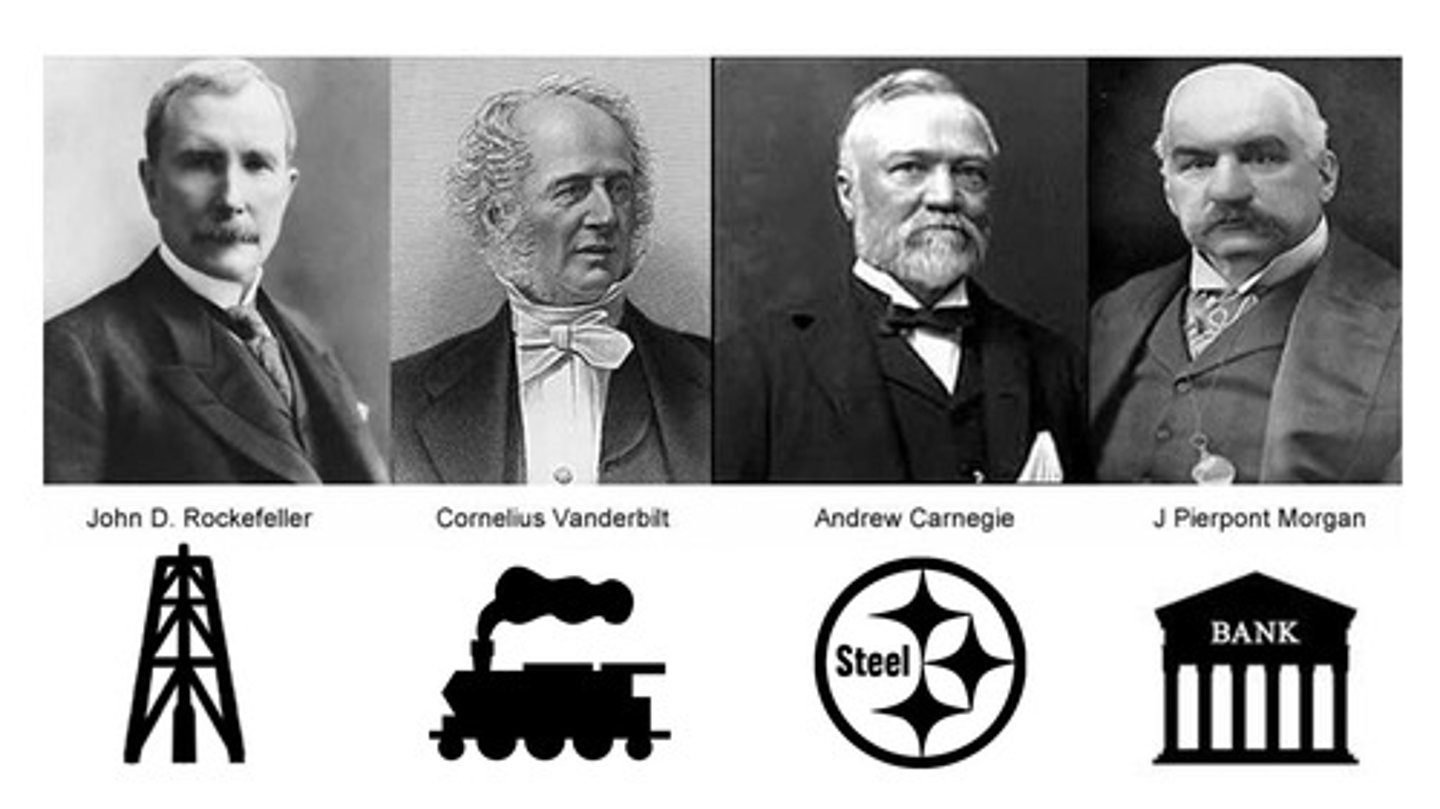
Captains of Industry
Positive view of big business leaders and industrialists as "movers and shakers" of society who bettered society through the use of capitalism.
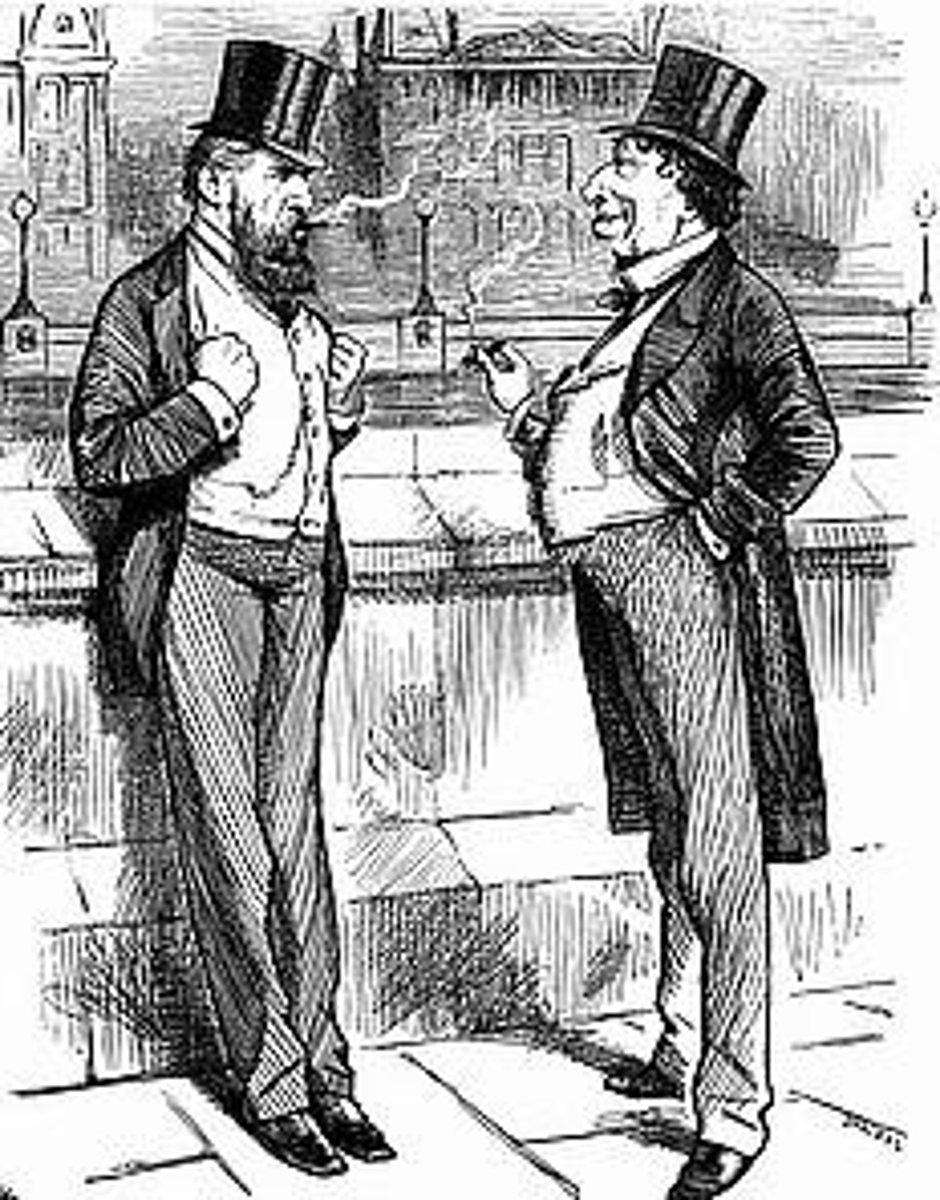
Thomas Edison (1847-1931)
One of the most versatile inventors, Edison invented the phonograph, the moving picture and the light bulb. Edison had a fierce rivalry with Nikola Tesla over what type of electrical current should be the basis for future power generation and conversion.

Transcontinental Railroad
A train route across the United States, finished in 1869. It was the project of two railroad companies: the Union Pacific built from the east, and the Central Pacific built from the west. The two lines met in Utah.
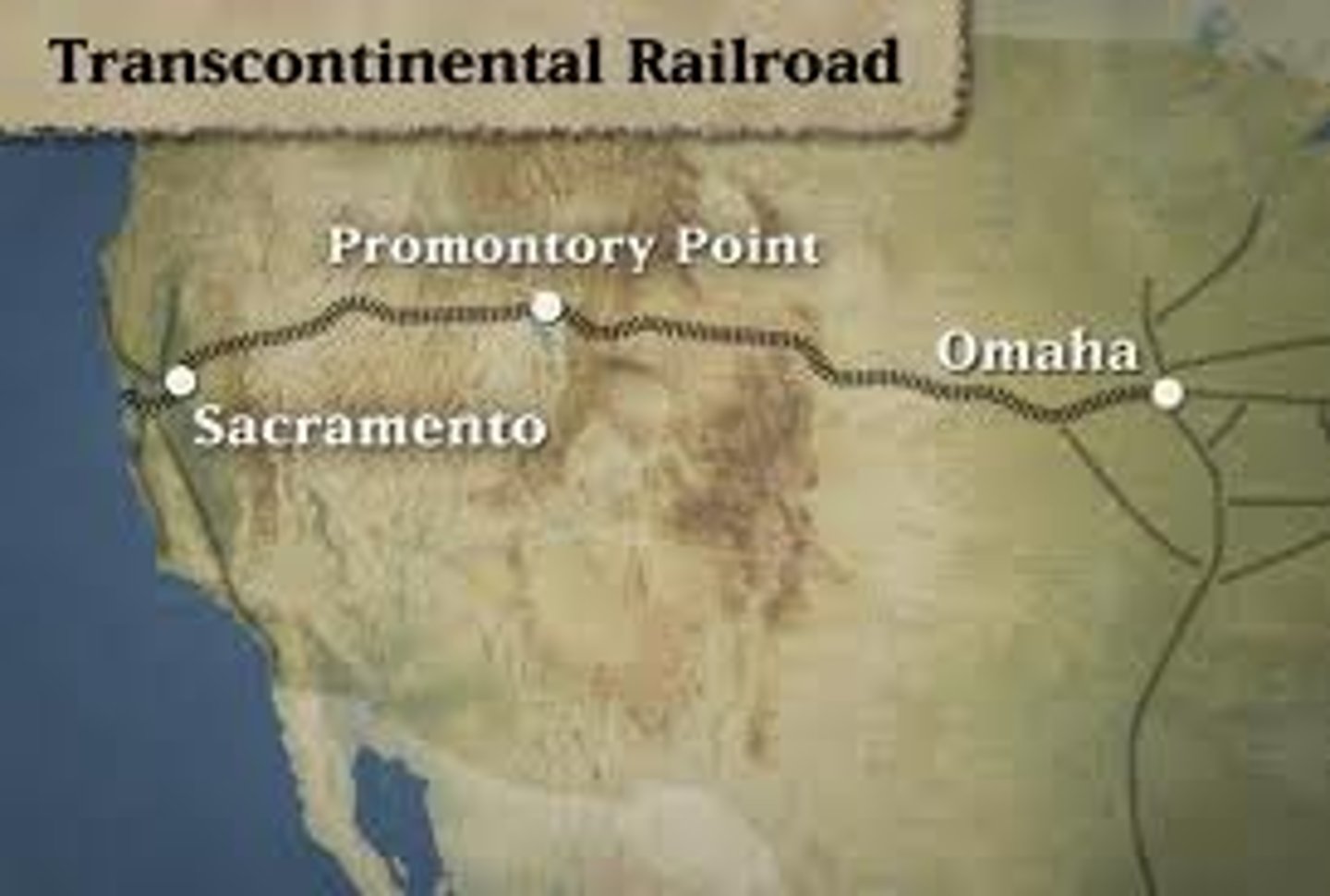
Entrepreneur
A person who organizes, manages, and takes on the risks of a business.

Factors of production (resources)
The land, labor, and capital resources used to produce goods and services.

Capitalism
An economic system based on private ownership of capital.
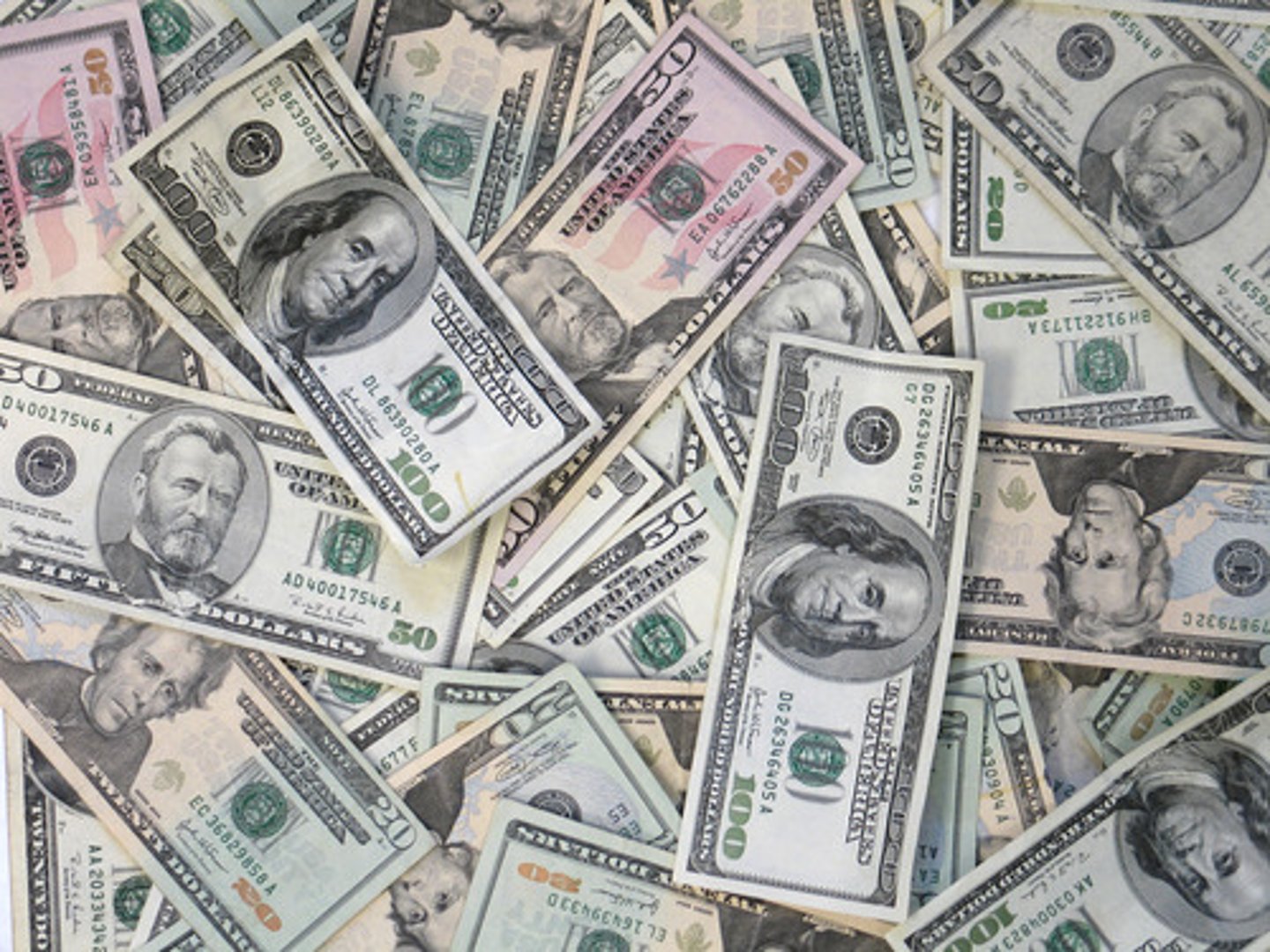
Laissez-faire
Idea that government should play as small a role as possible in economic affairs.
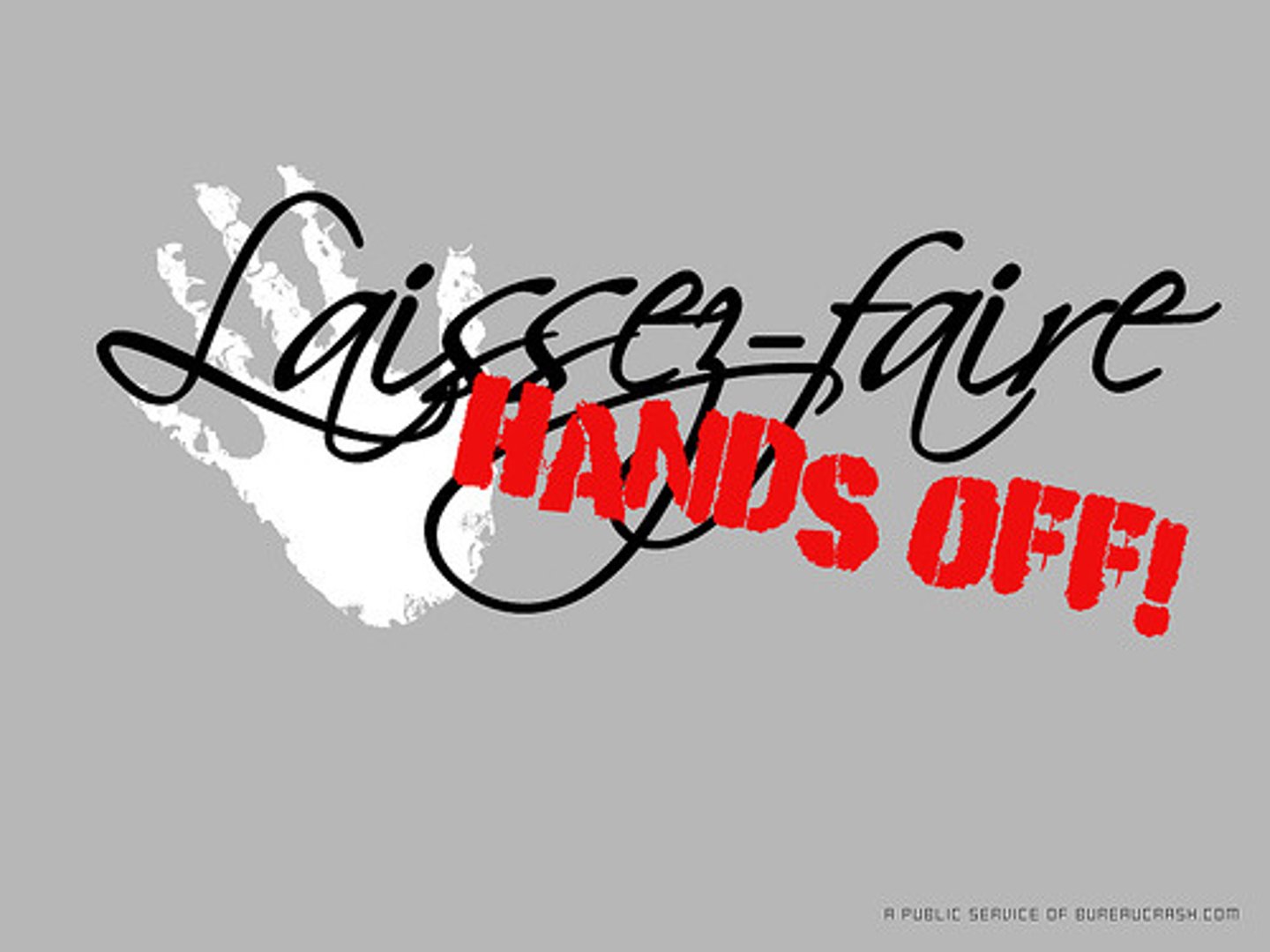
Social Darwinism (and Herbert Spencer)
Wrongly applying Darwin's beliefs and terminology, Herbert Spencer saw societies as organisms that evolved to adapt and survive (he also coined the phrase "survival of the fittest"). Spencer said the strong would grow and continue, and the weak would decline and end; he also believed that this shouldn't be tampered with. Social Darwinism was used to justify systems of racist social and political ideologies during the 20th century, including such groups as the NSDAP (Nazis) and KKK.
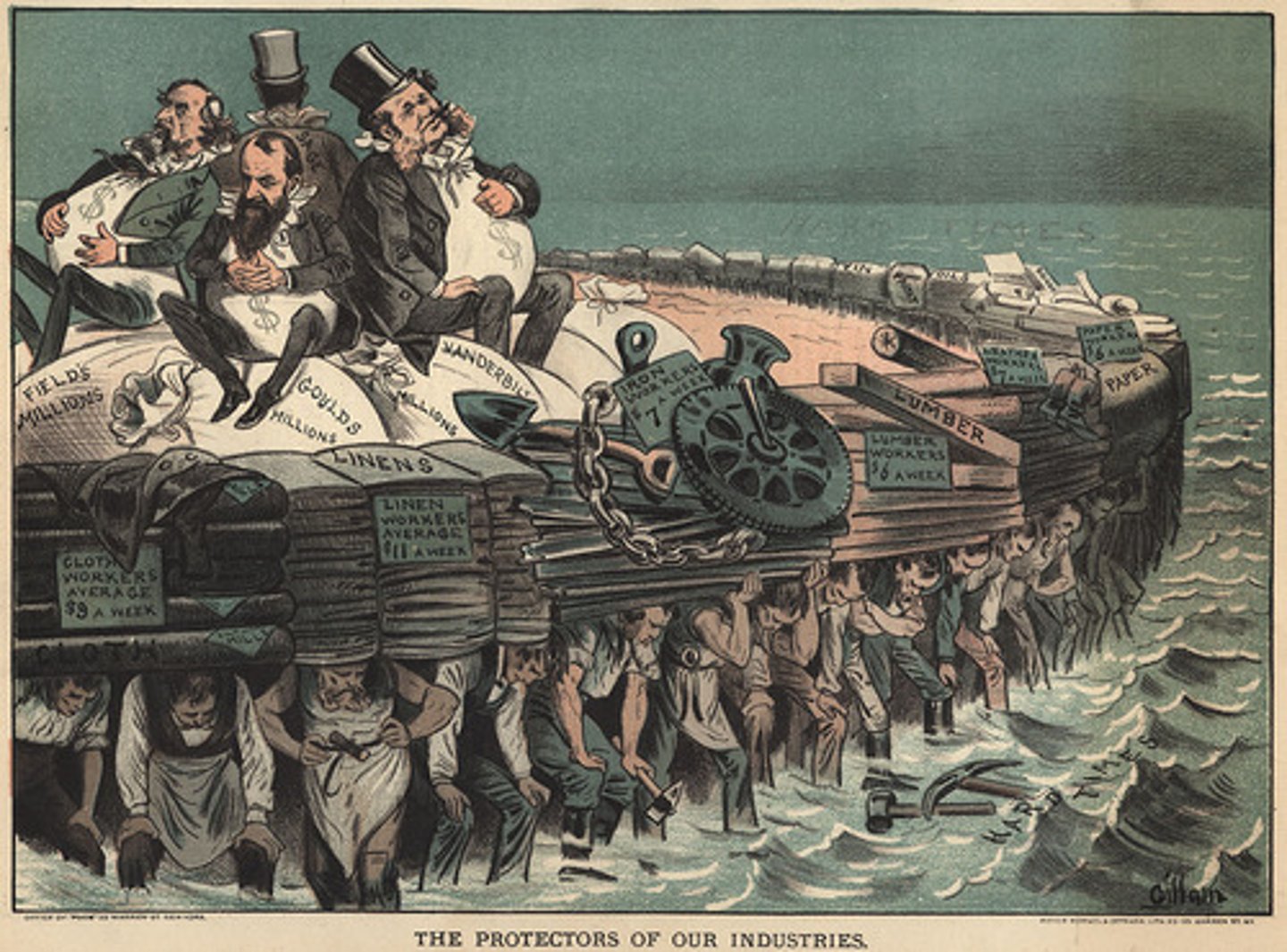
Corporation
A business owned by stockholders who share in its profits but are not personally responsible for its debts.

Trust
A group of corporations run by a single board of directors, often forming a monopoly.
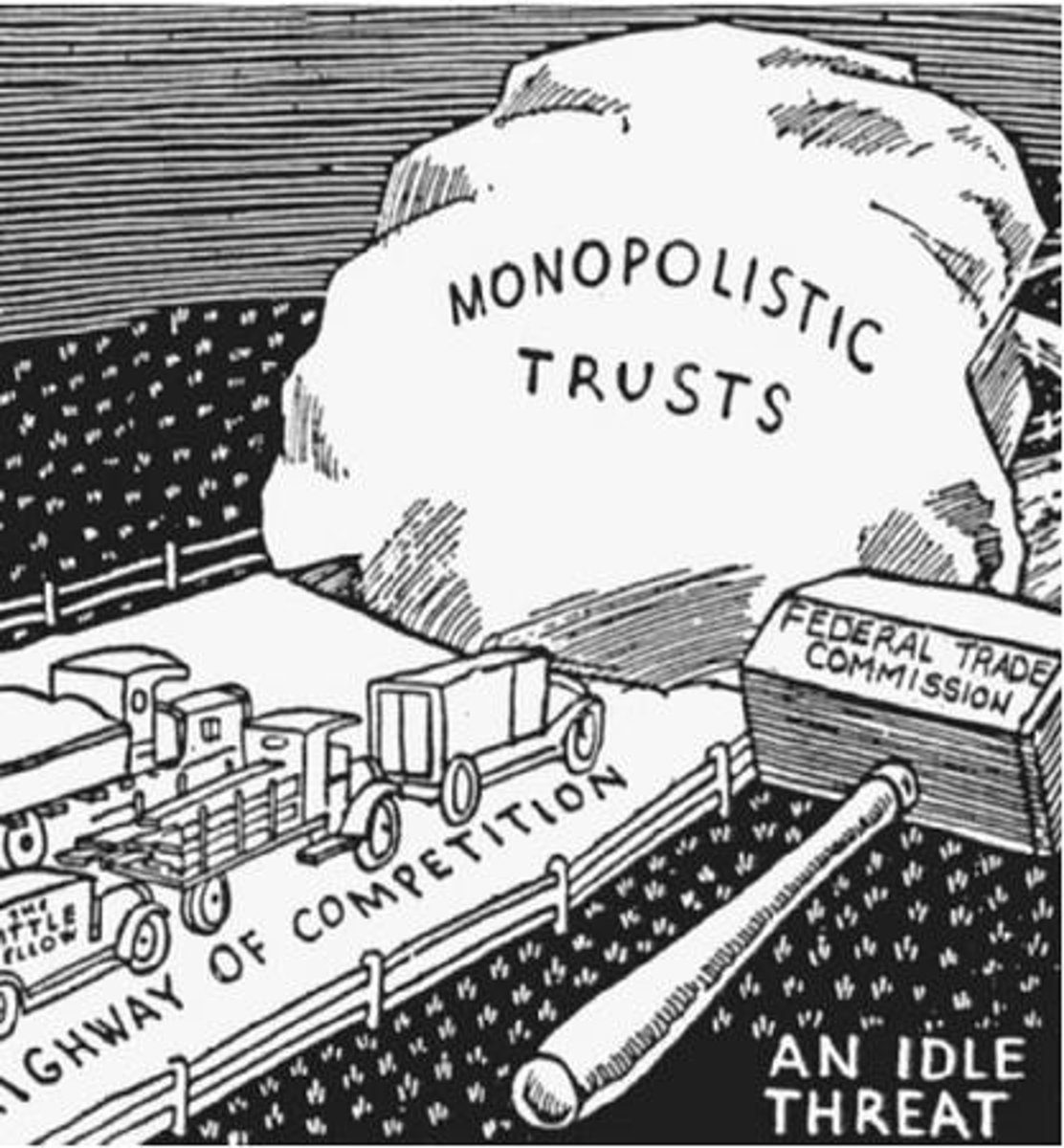
John D. Rockefeller
Captain of industry that created a monopoly in oil refineries
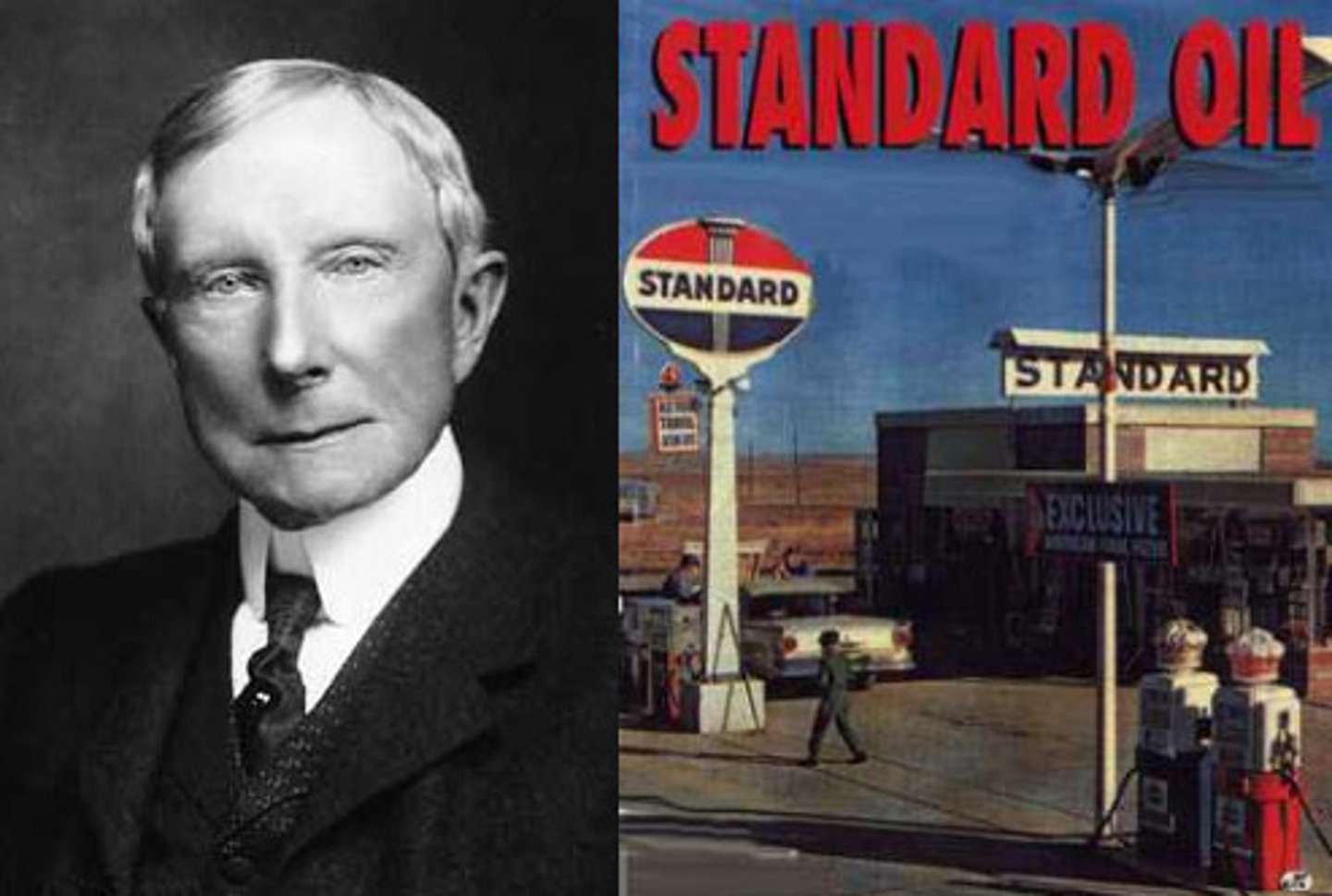
Standard Oil Company
Founded by John D. Rockefeller. Largest unit in the American oil industry in 1881. Known as A.D. Trust, it was outlawed by the Supreme Court of Ohio in 1899. Replaced by the Standard Oil Company of New Jersey.
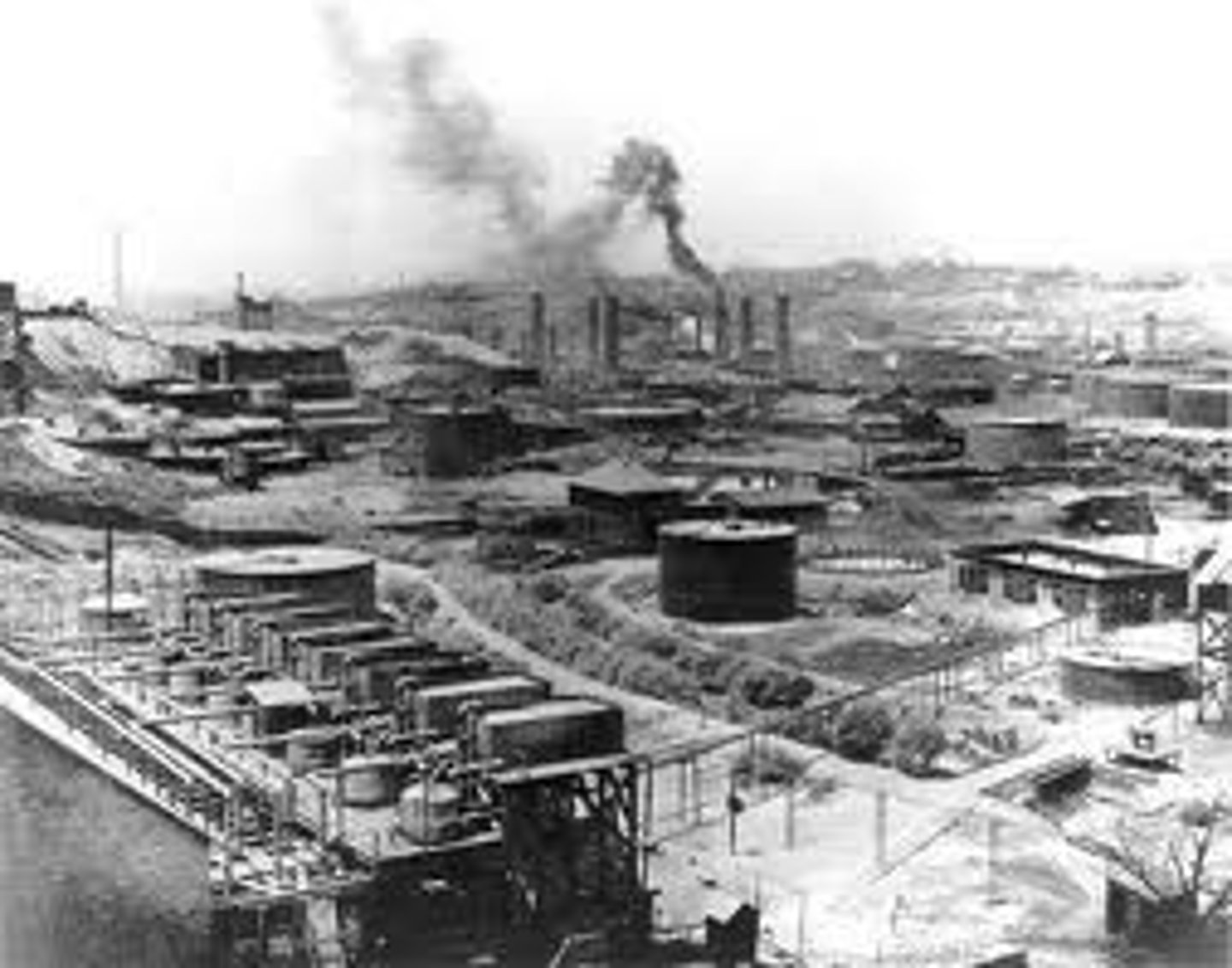
Andrew Carnegie
A Scottish immigrant who founded the U.S. Steel corporation; made a fortune in steel and donated most of his profits.
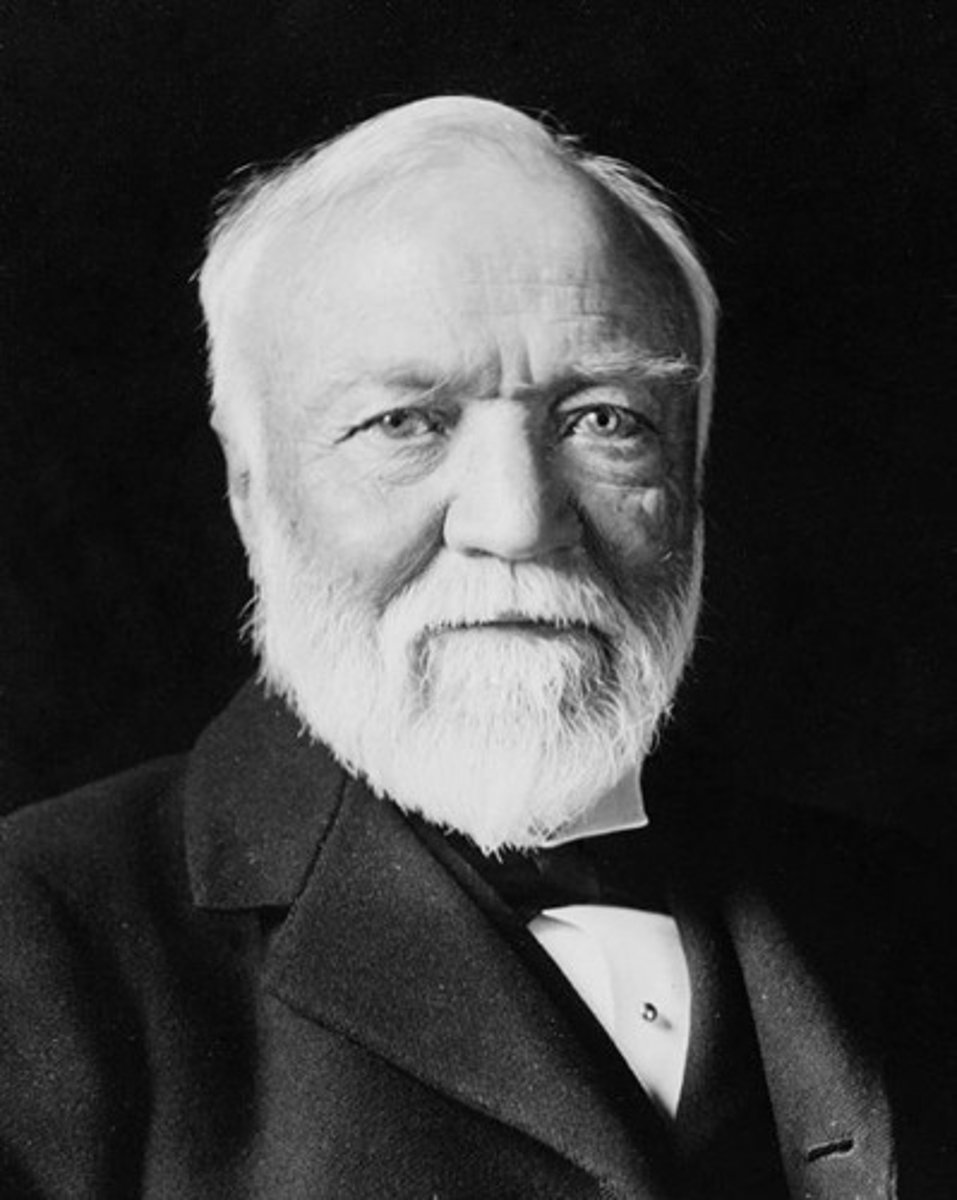
Cornelius Vanderbilt
Captain of Industry in charge of railroad and steamship lines.
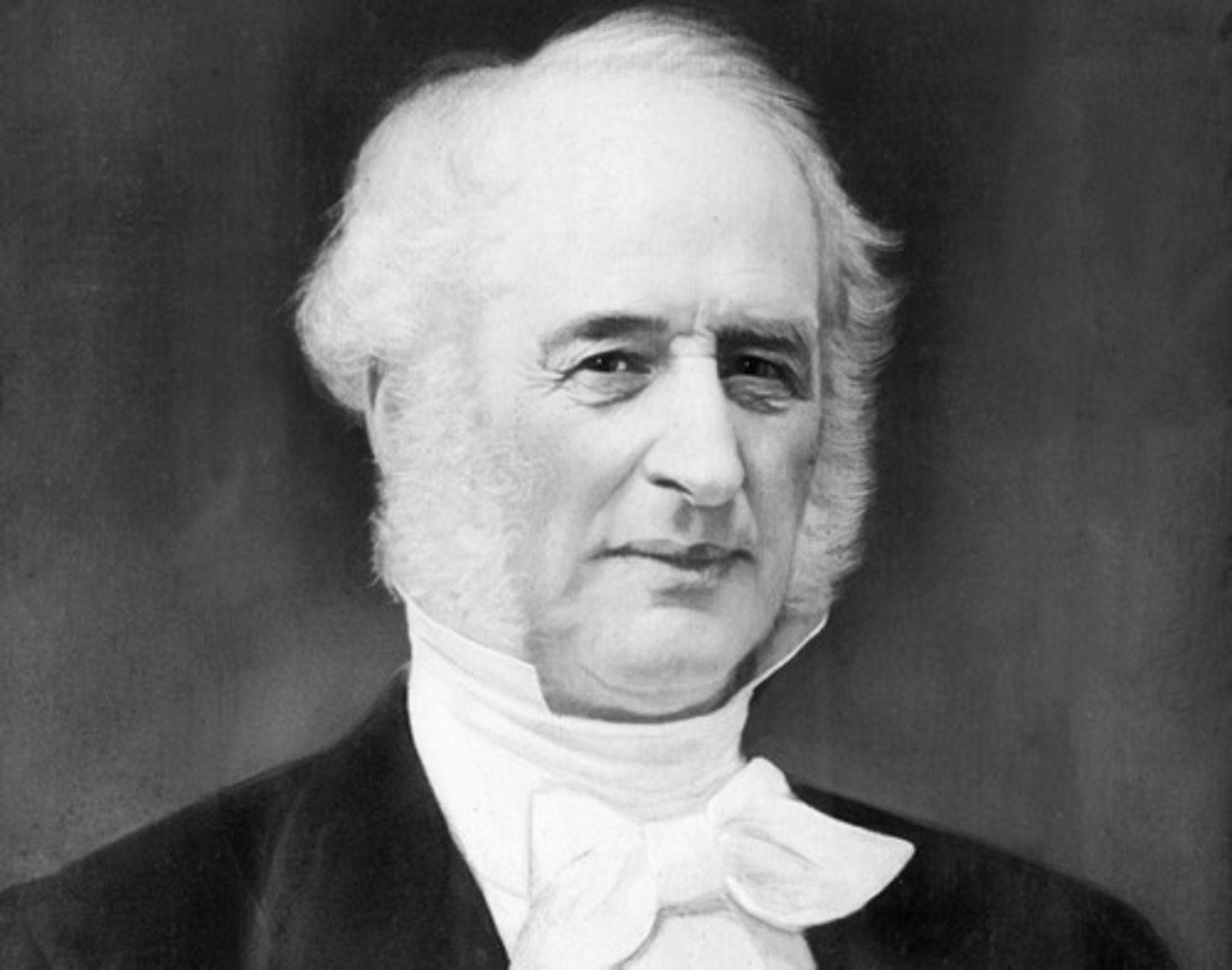
Tenement
A building in which several families rent rooms or apartments, often with little sanitation or safety.
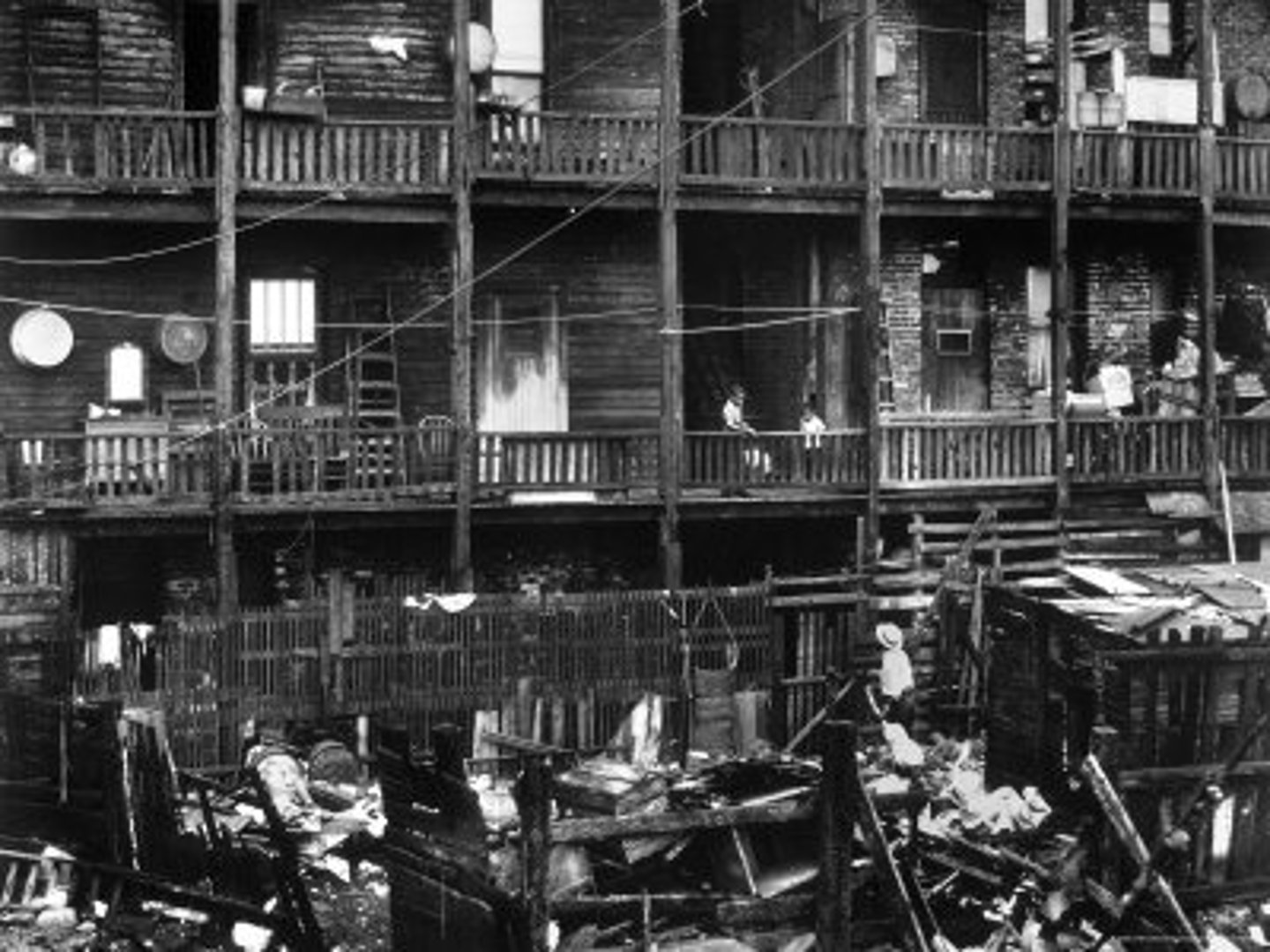
Nativism
American movement that feared immigrants would take jobs and impose their Roman Catholic beliefs on society, thereby degrading their version of American society and the Protestant Ethic.
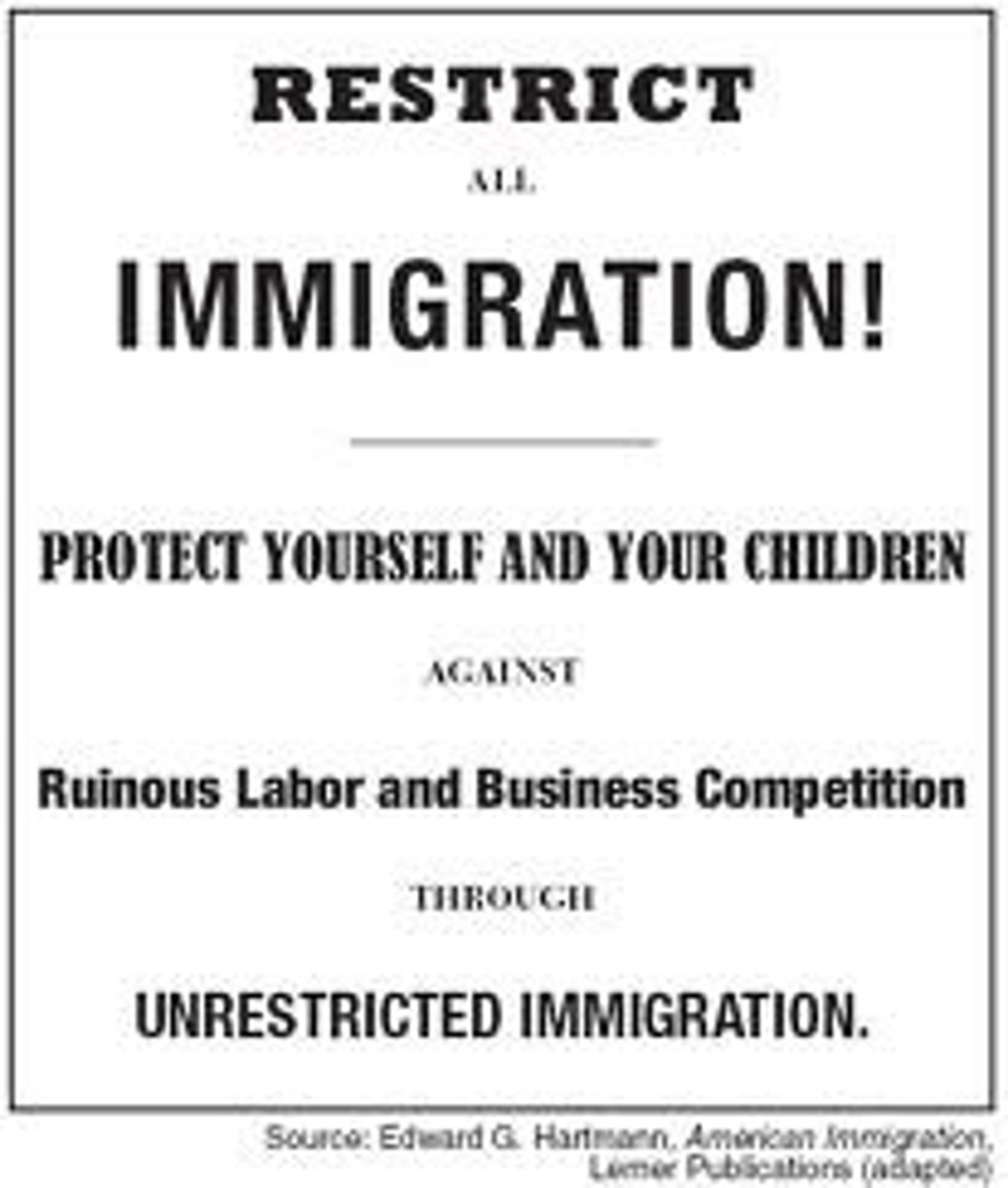
Americanization
Belief that assimilating immigrants into American society would make them more loyal citizens.
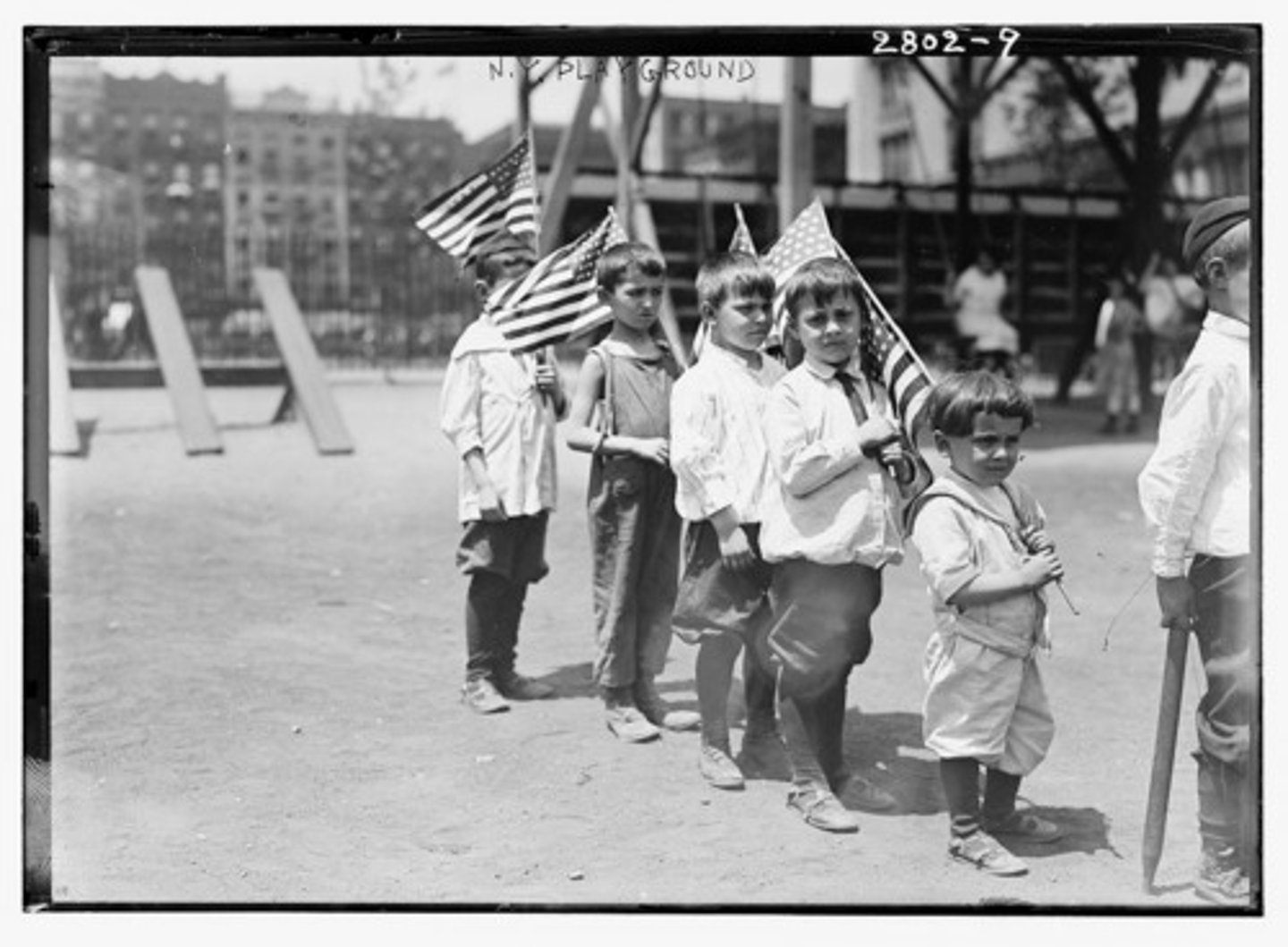
push-pull factors
Conditions that draw people to another location (pull factors) or cause people to leave their homelands and migrate to another region (push factors)

Ellis Island
An immigration center in New York that opened in 1892, in the shadow of the Statue of Liberty, for all incoming immigrants journeying across the Atlantic ocean. Opened to conduct more rigorous tests on incoming immigrants in order to restrict immigration.
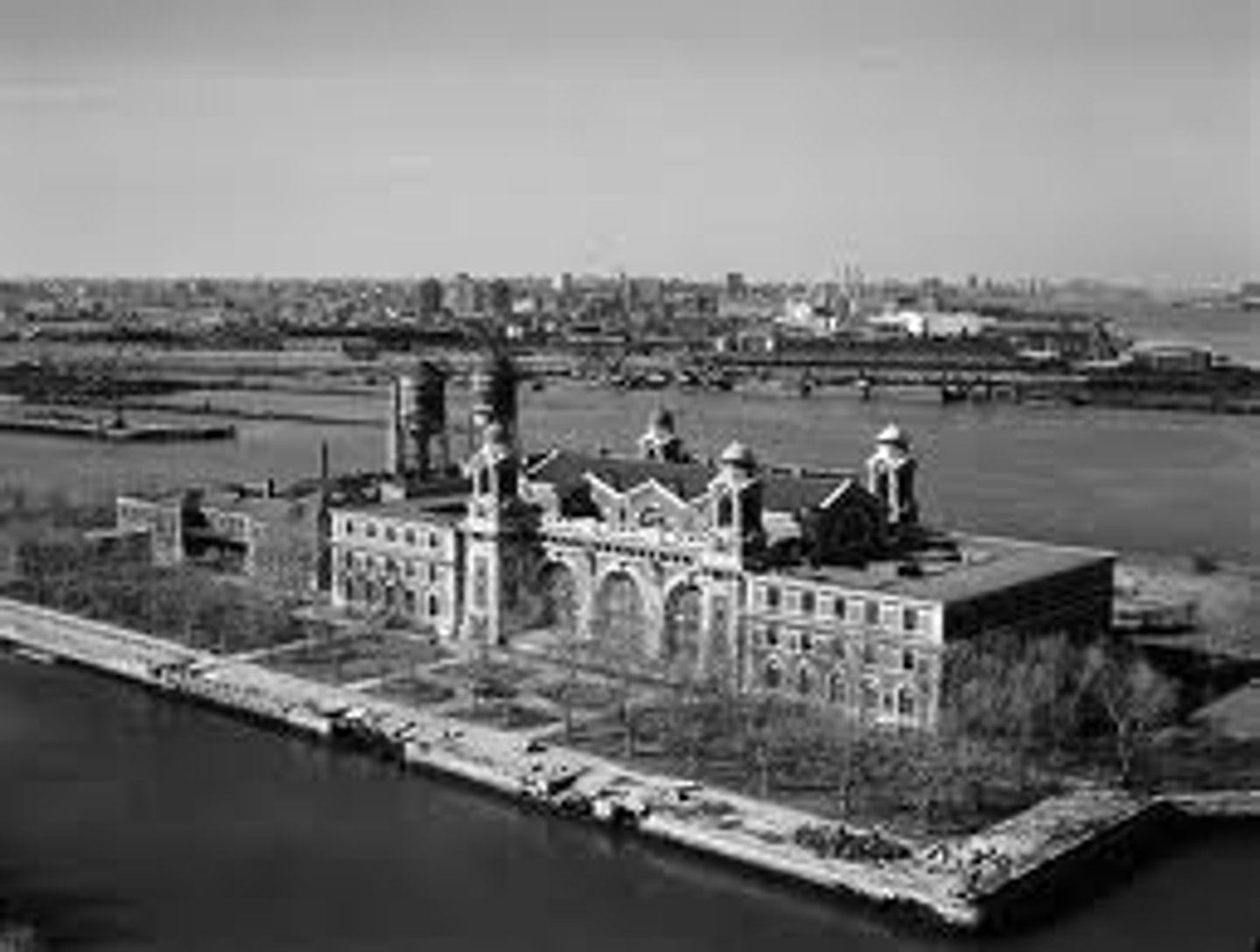
Angel Island
The immigration station on the west coast where Asian immigrants, mostly of Chinese heritage, gained admission to the U.S. via the San Francisco Bay. Between 1910 and 1940 more than 50,000 Chinese immigrants entered through Angel Island. Harsh interrogation and conditions at Angel Island were much more strict than those at Ellis Island in New York.
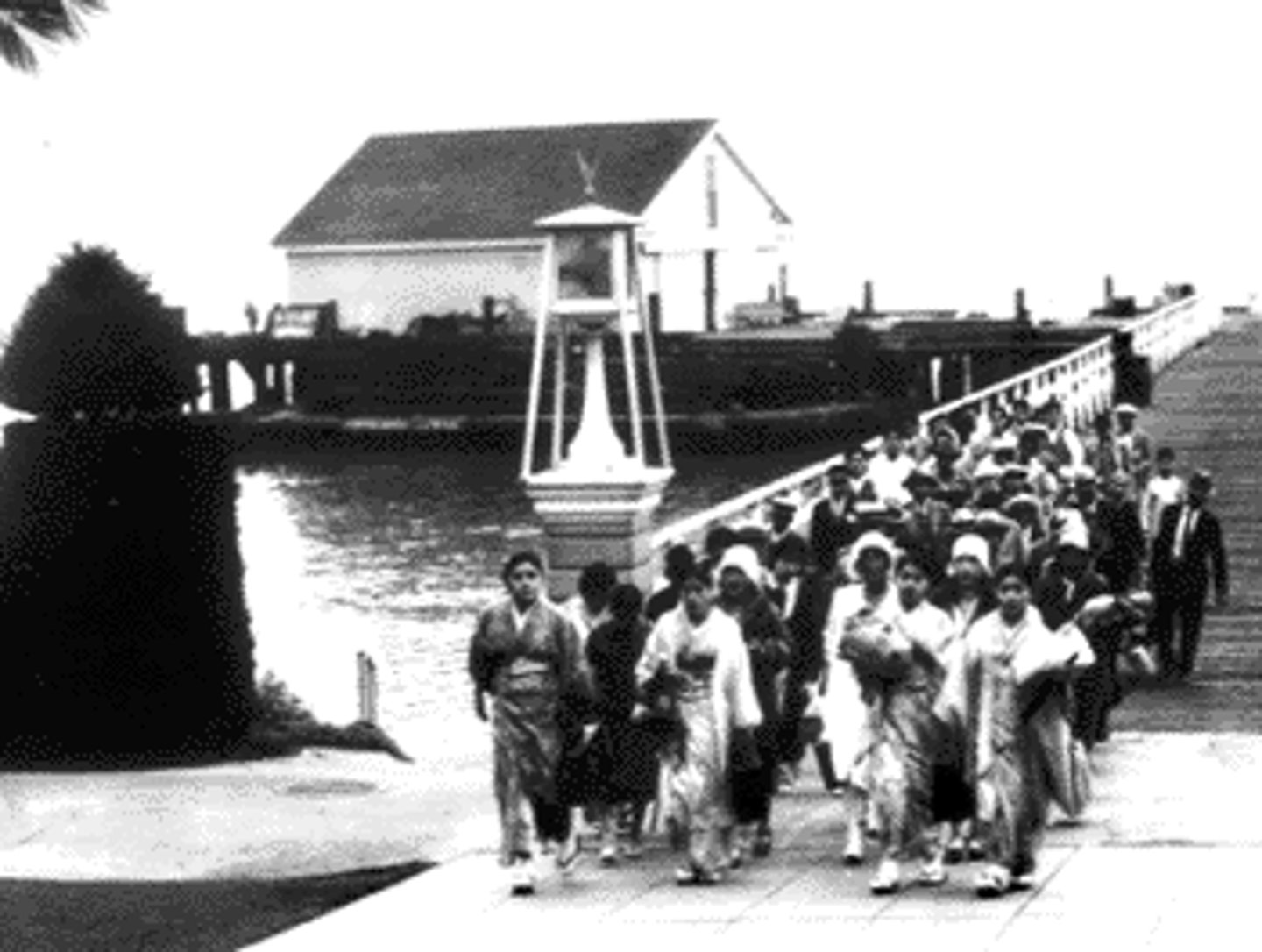
Mexican Immigration
As Mexicans arrived in the United States, most became poorly paid agricultural, mining, and railroad laborers, with little prospect of upward economic mobility.
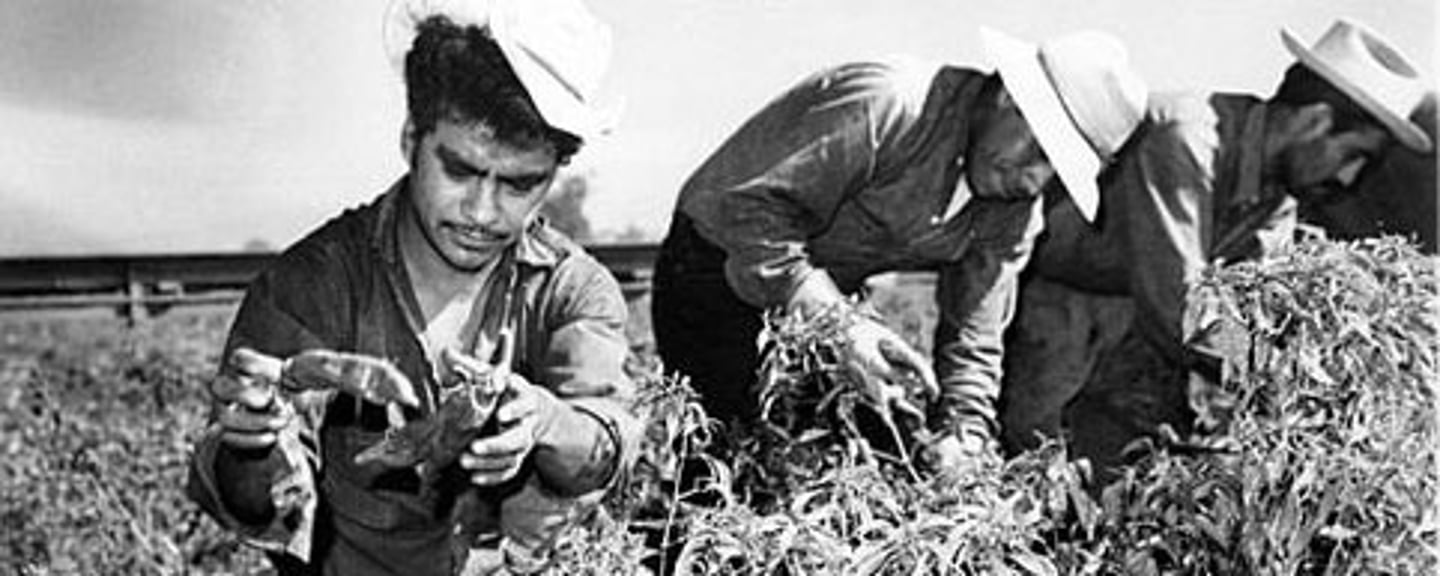
Chinese Exclusion Act of 1882
(1882) Denied any additional Chinese laborers to enter the country while allowing students and merchants to immigrate.
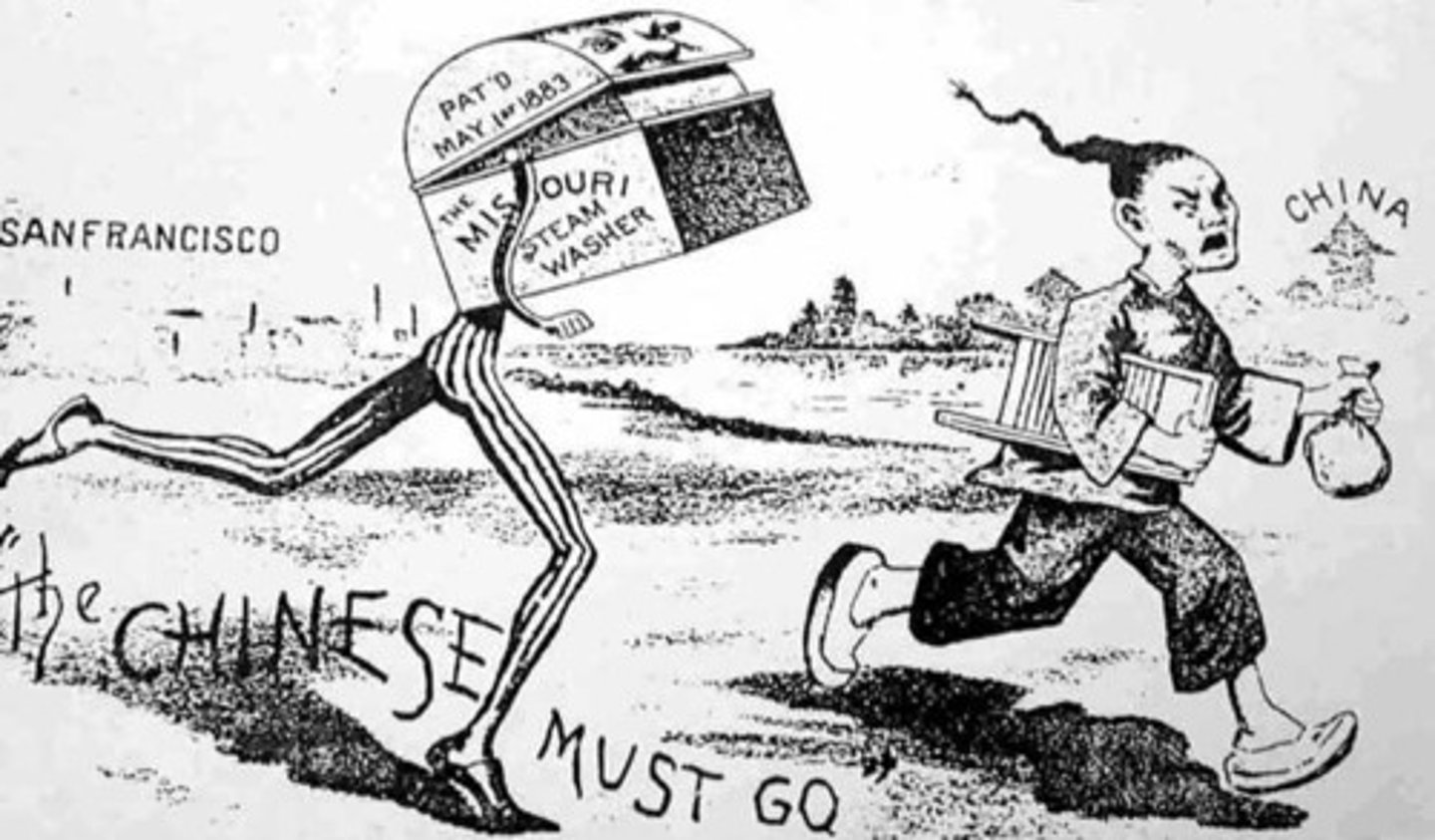
Settlement Houses
Community centers located in the slums and near tenements that gave aid to the poor, especially immigrants.
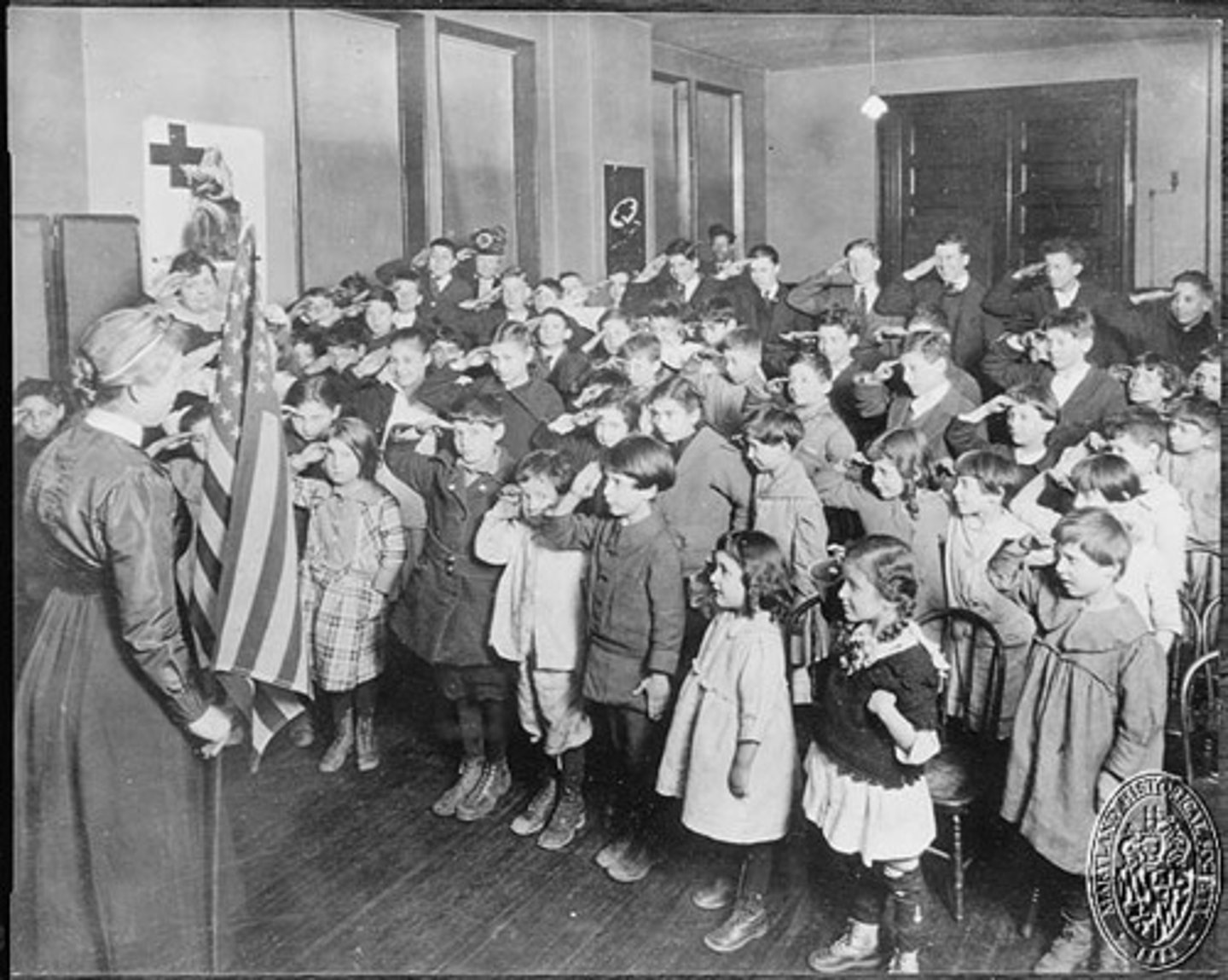
Jane Addams
1860-1935. Founder of Settlement House Movement. First American Woman to earn Nobel Peace Prize in 1931 as president of Women's International League for Peace and Freedom.
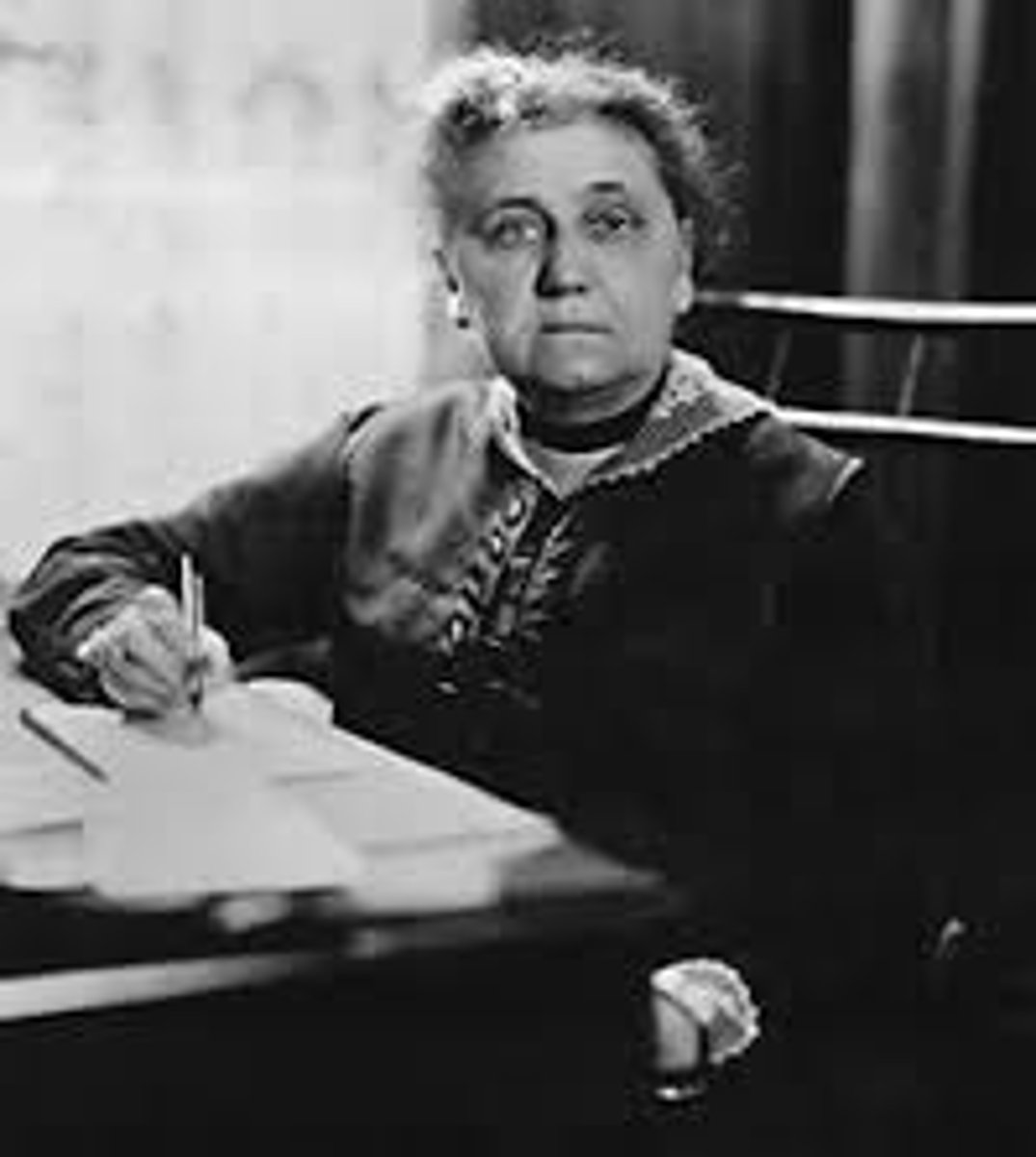
Florence Kelley
reformer who worked to prohibit child labor and to improve conditions for female workers
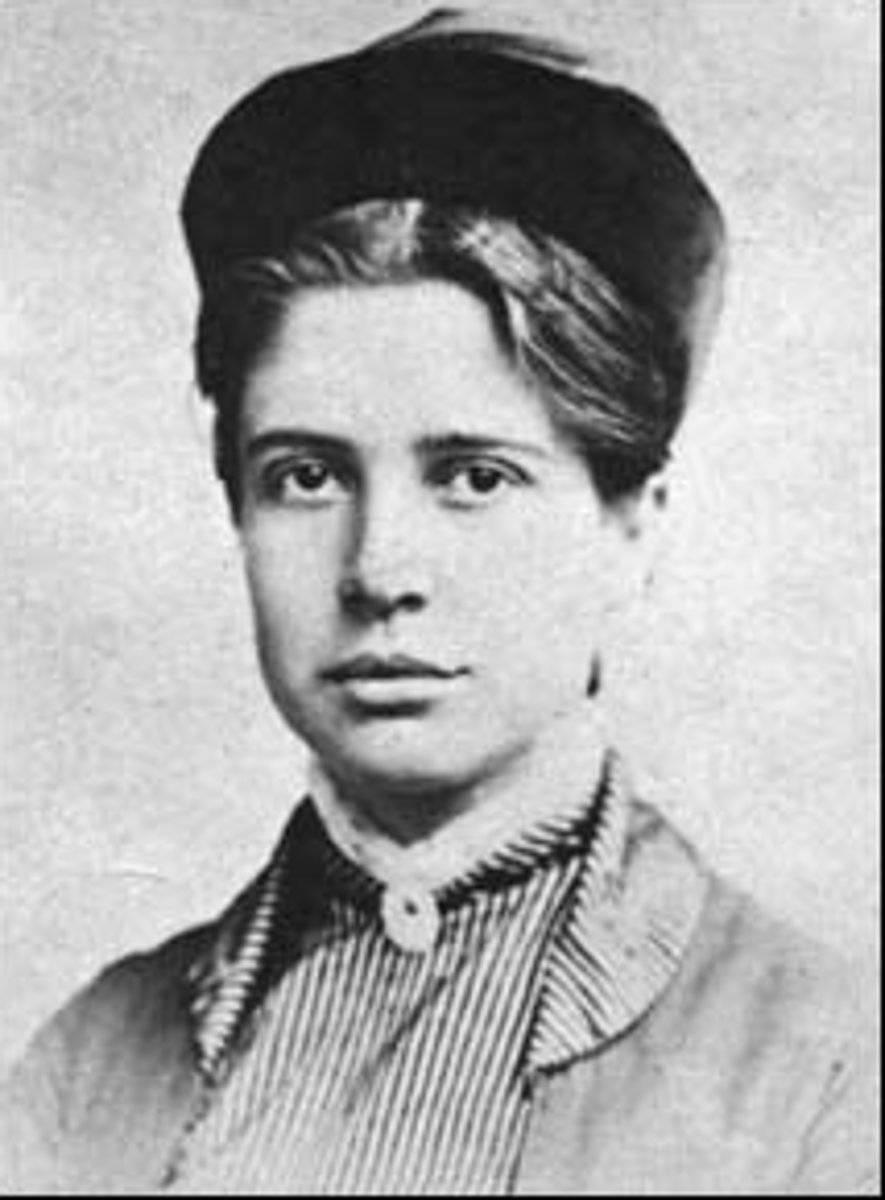
Lincoln Steffens
United States journalist who in 1906 started an era of muckraking journalism (1866-1936). Writing for McClure's Magazine, he criticized the trend of urbanization with a series of articles under the title 'The Shame of the Cities'.
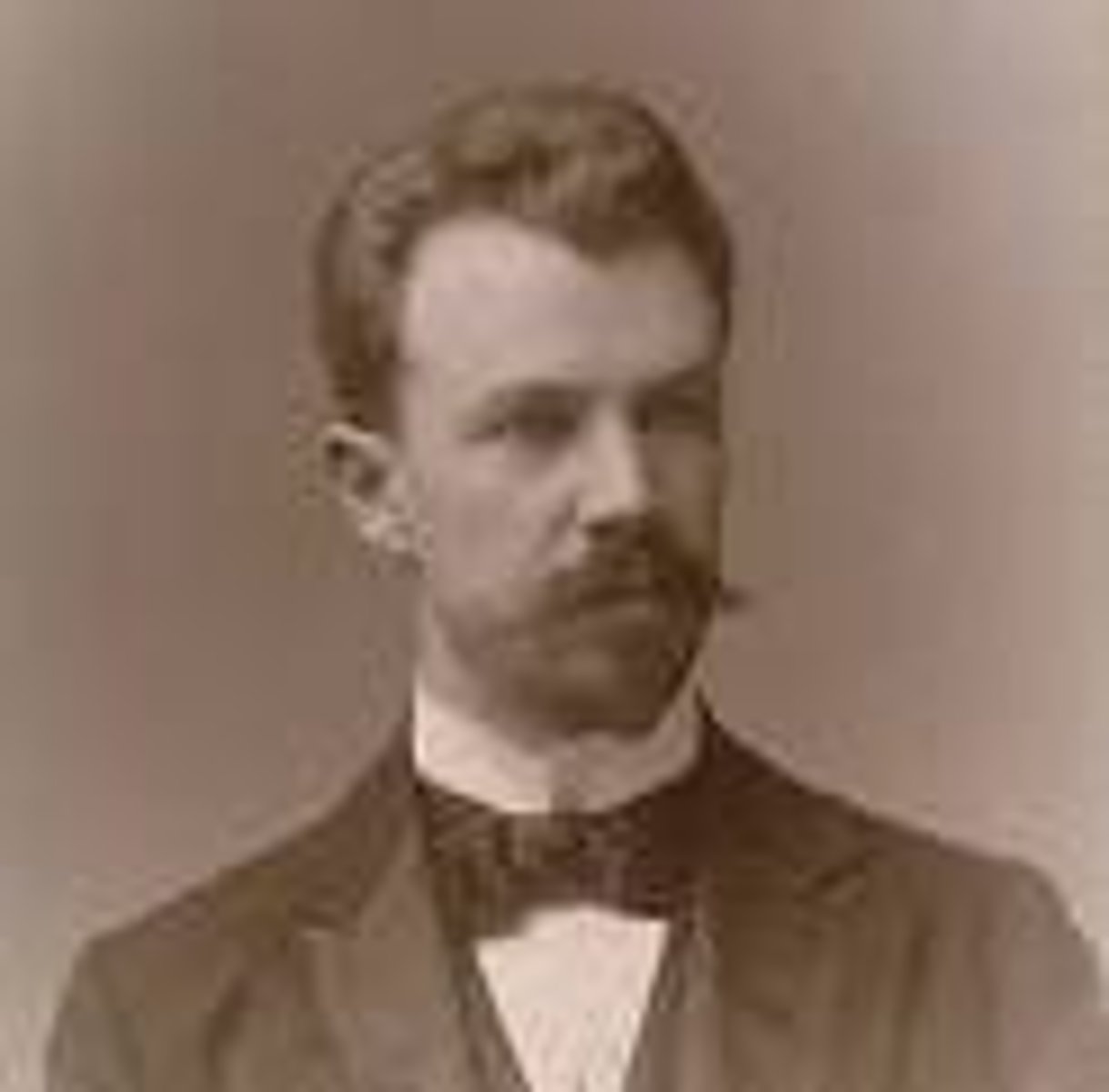
Social Gospel Movement
A social reform movement that developed within religious institutions and sought to apply Christian teachings directly to society.
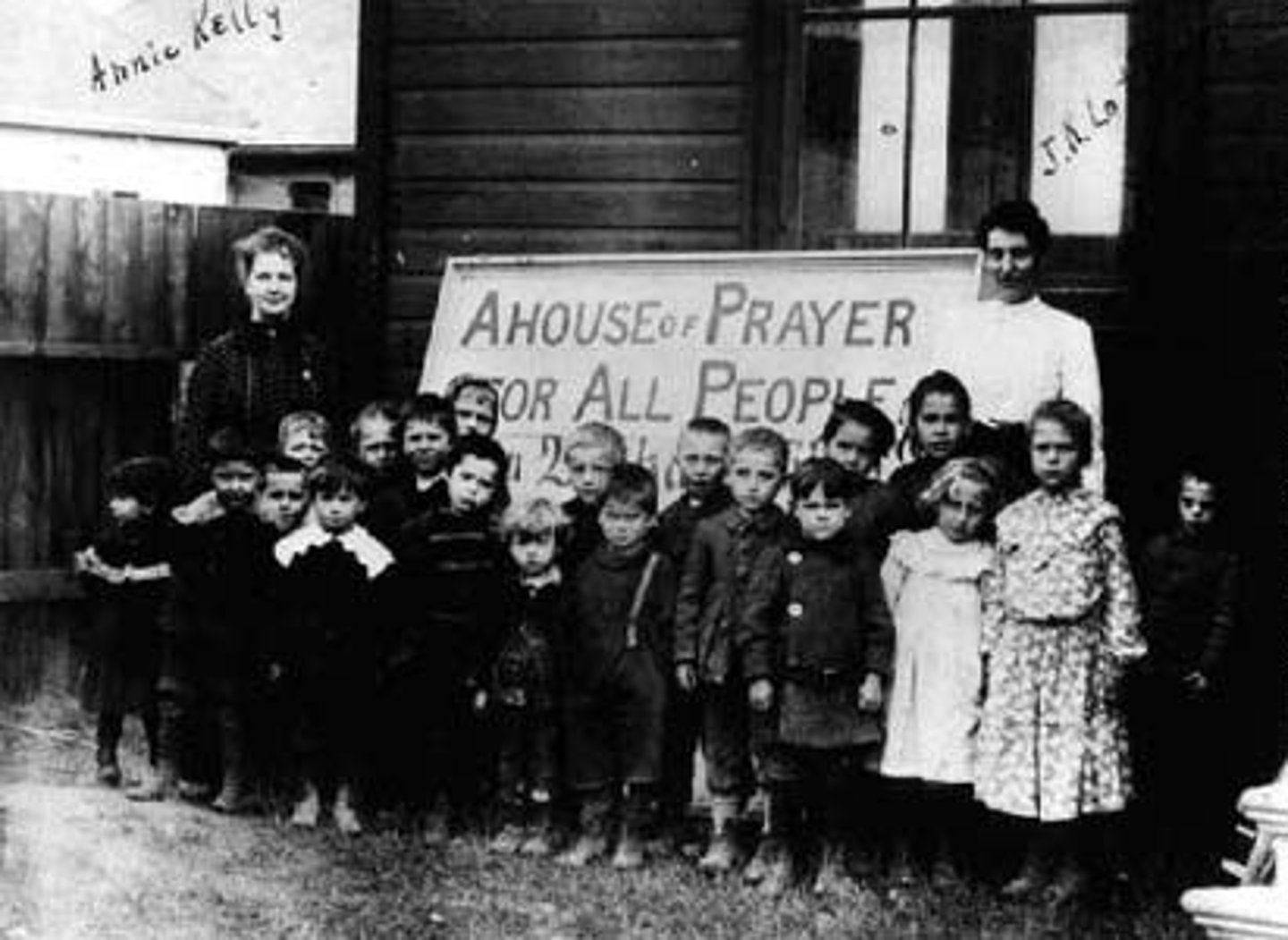
Political Machines/Bosses
Political bosses that garnered support of large immigrant communities and won votes for by providing social services for immigrants (food), jobs for unemployed, and patronage for their followers (city gov't agency positions).
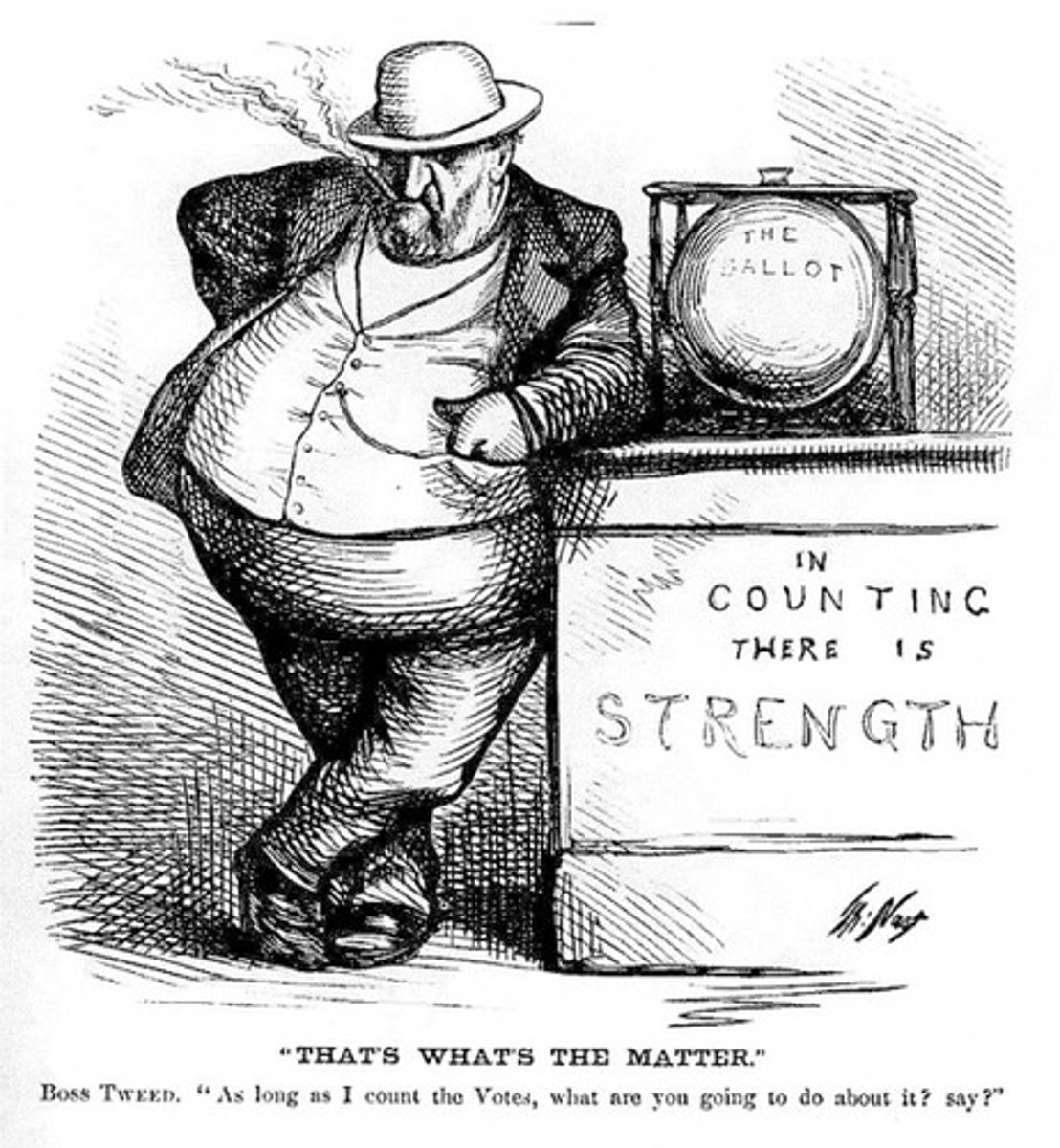
Tammany Hall
A political organization within the Democratic Party in New York city (late 1800's and early 1900's) seeking political control by corruption.
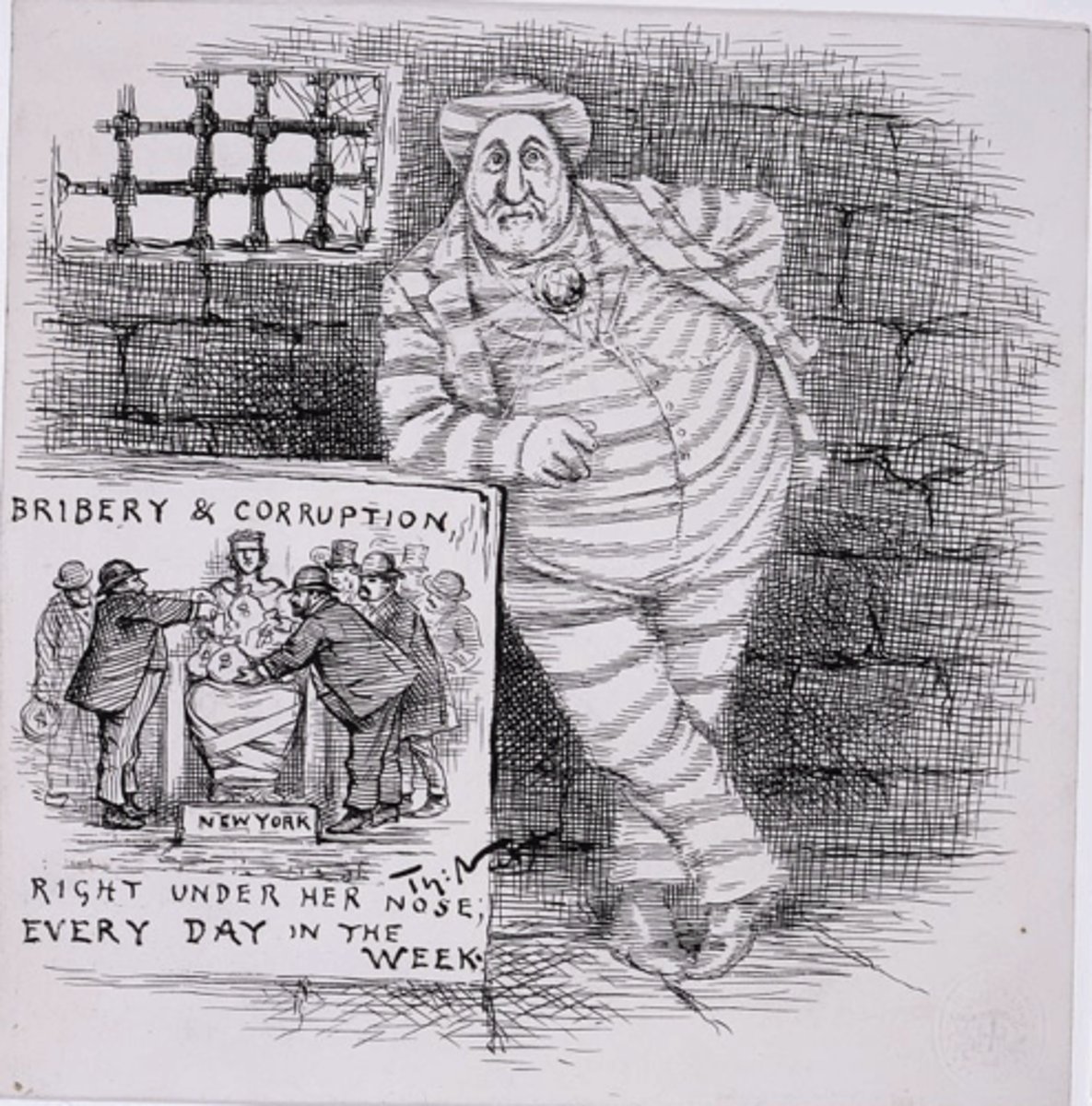
Boss Tweed
William Tweed, head of Tammany Hall, NYC's powerful democratic political machine in 1868. Between 1868 and 1869 he led the Tweed Reign, a group of corrupt politicians in defrauding the city. Example: Responsible for the construction of the NY court house; actual construction cost $3 million. Project cost tax payers $13 million.
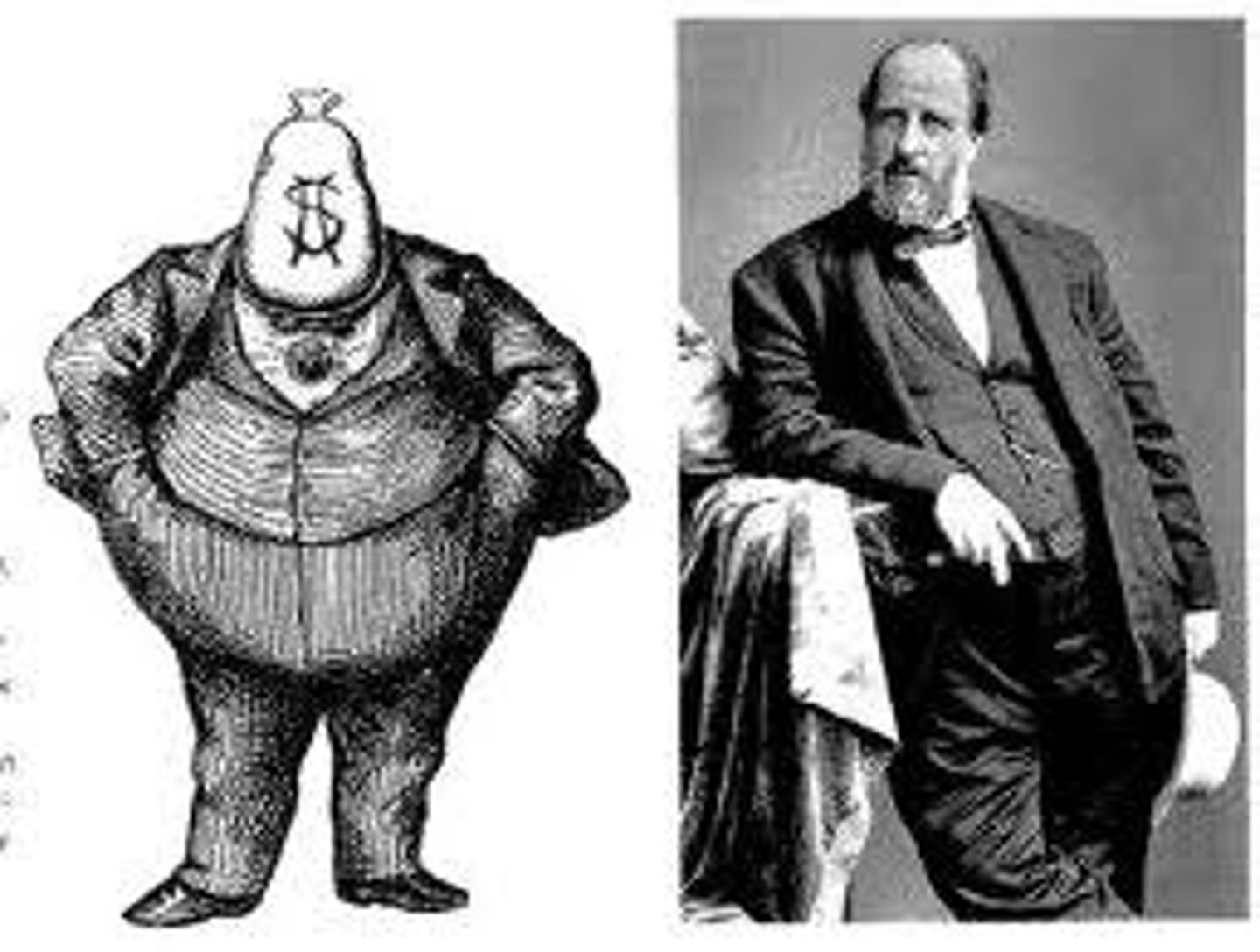
Booker T. Washington
African American progressive who preached a philosophy of self-help, racial solidarity and accommodation, Washington supported segregation and demanded that African Americans better themselves individually to achieve racial equality. Founded the Tuskegee Institute. Often conflicted with W.E.B. DuBois' views of African Americans' roles in US society.
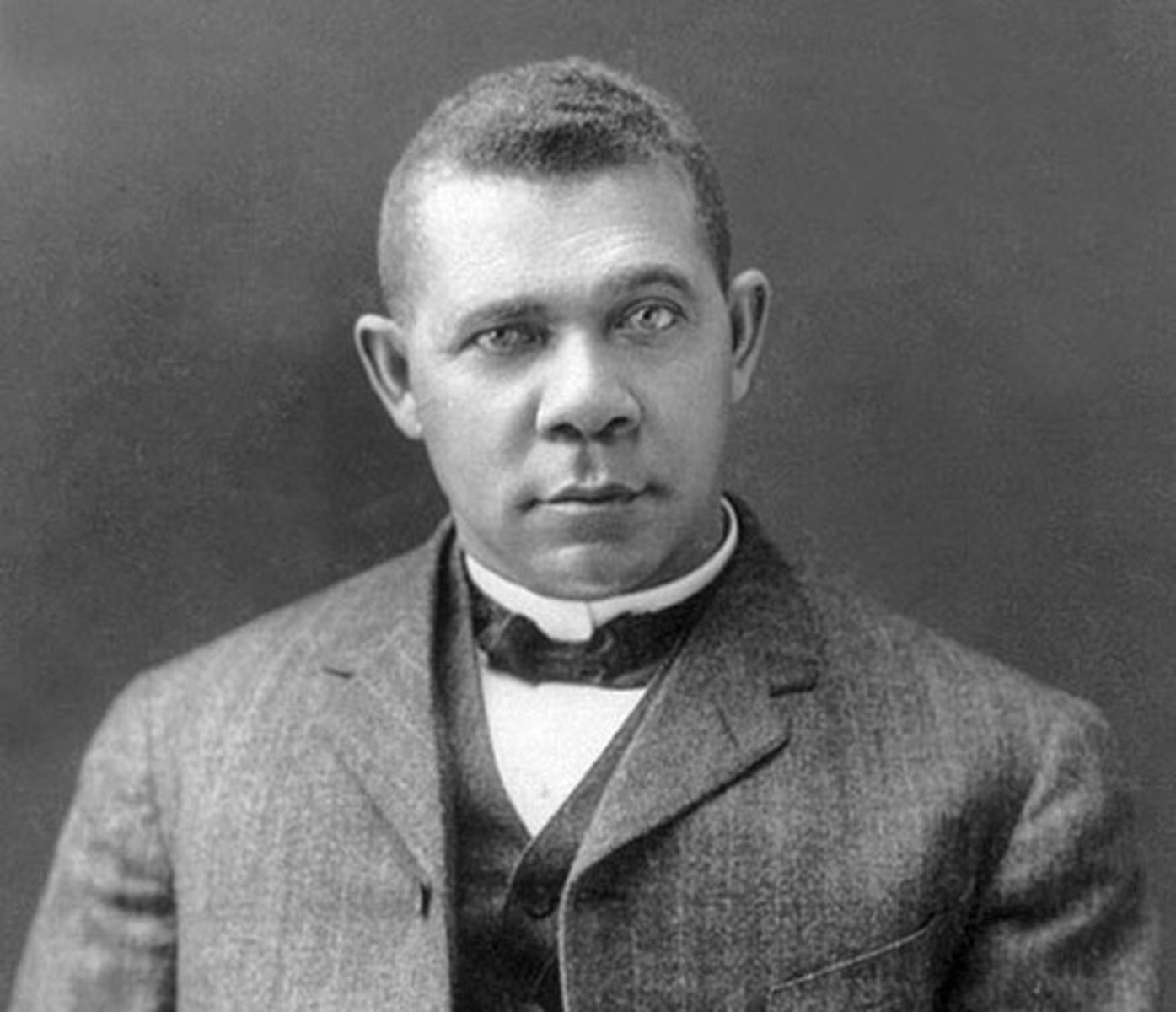
Tuskegee Institute in Alabama
Founded by Booker T. Washington to train Black teachers and to provide practical education to African Americans.
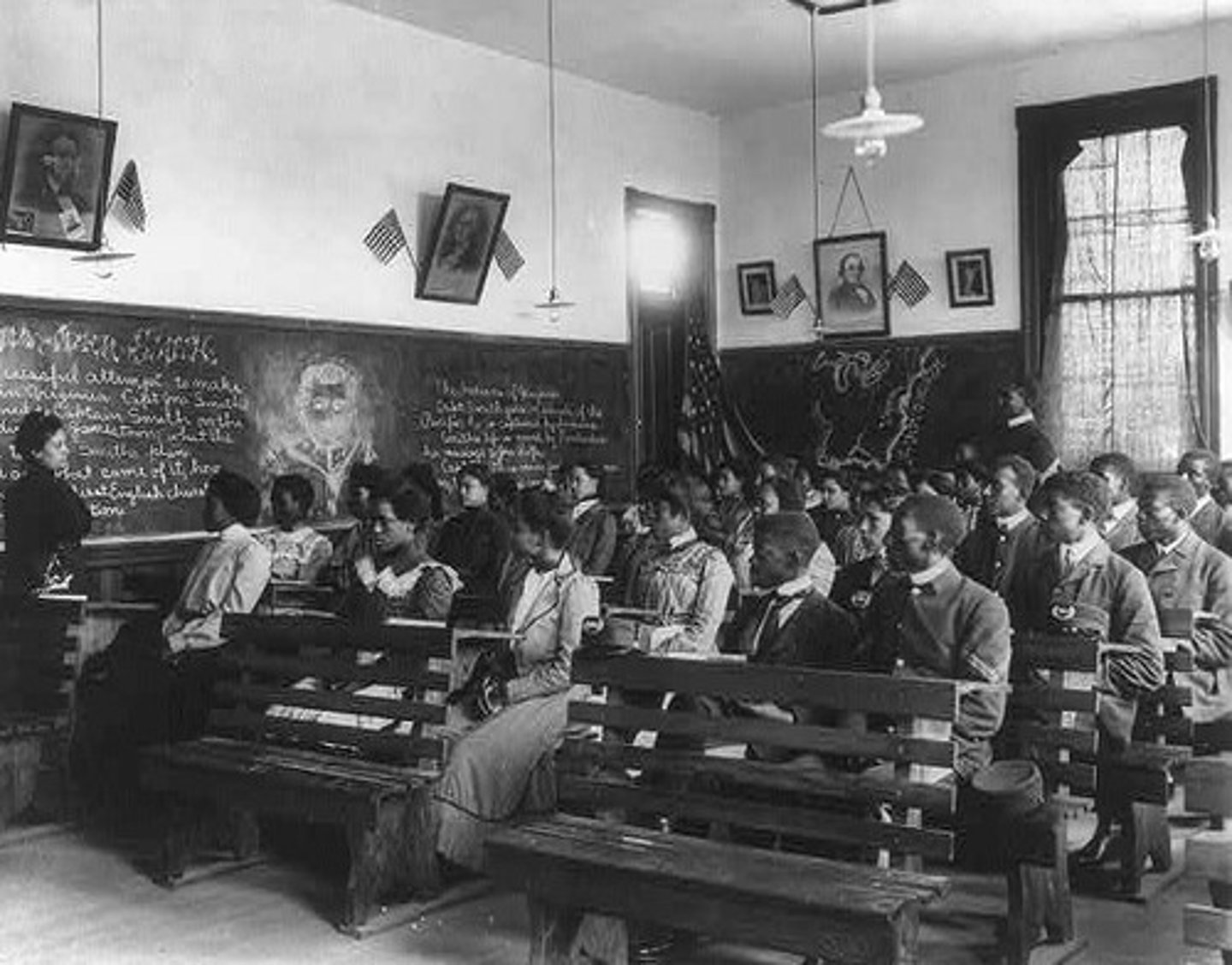
W.E.B. DuBois (1868-1963)
Black historian and sociologist and author a several books, DuBois was a leader in the movement to win social justice for African Americans. In The Souls of Black Folks, he expressed his sadness, rage, and frustration with the hardships that black people encountered. Harvard educated, DuBois was considered a radical in that he demanded racial equality should be immediate. He was devoted to teaching, training, and mentoring college-educated black people to become leaders. He formed the Niagara Movement in 1906. This group later became the National Association for the Advancement of Colored People (NAACP), possibly the most influential civil rights group in American history.
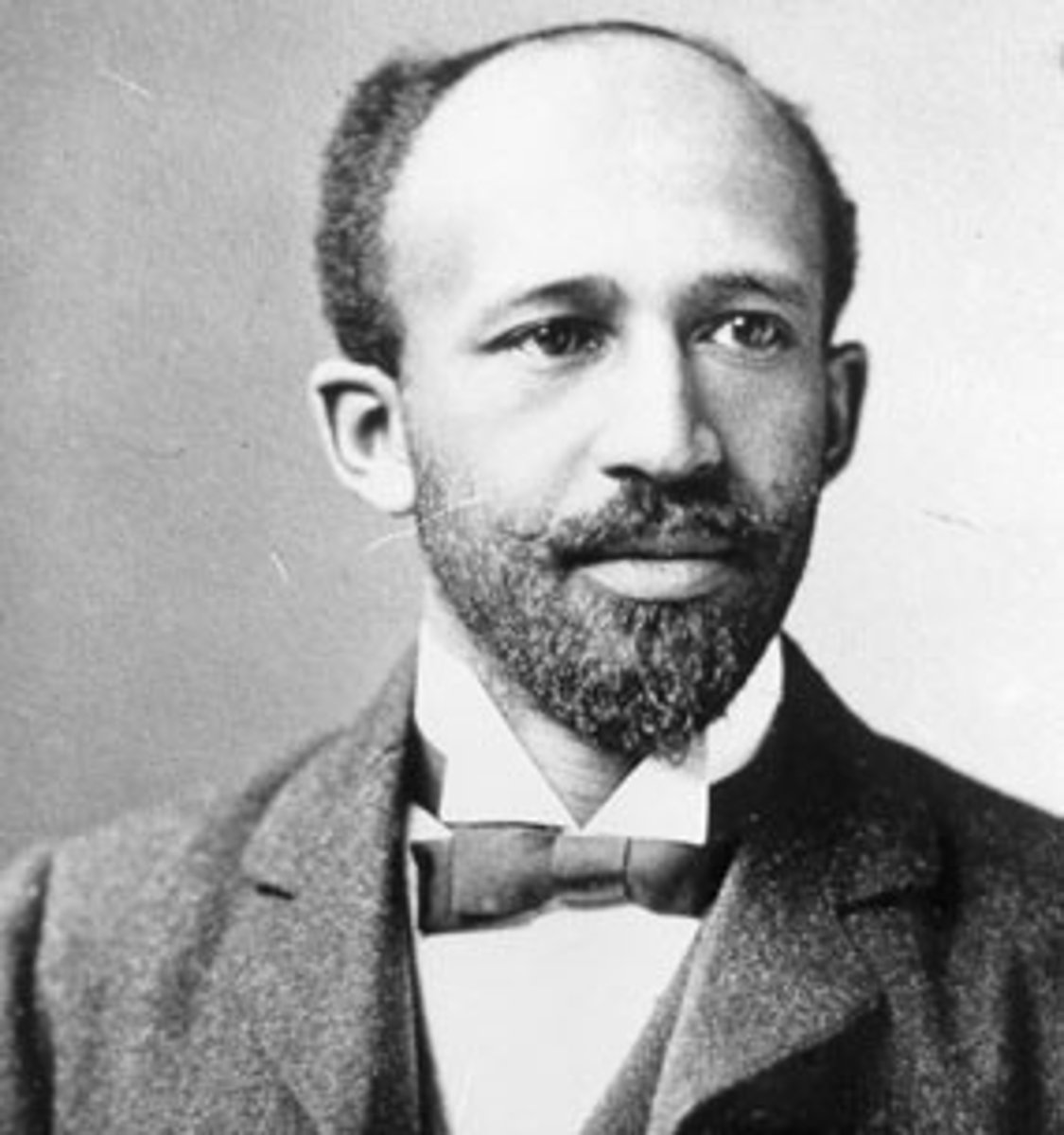
NAACP
National Association for the Advancement of Colored People
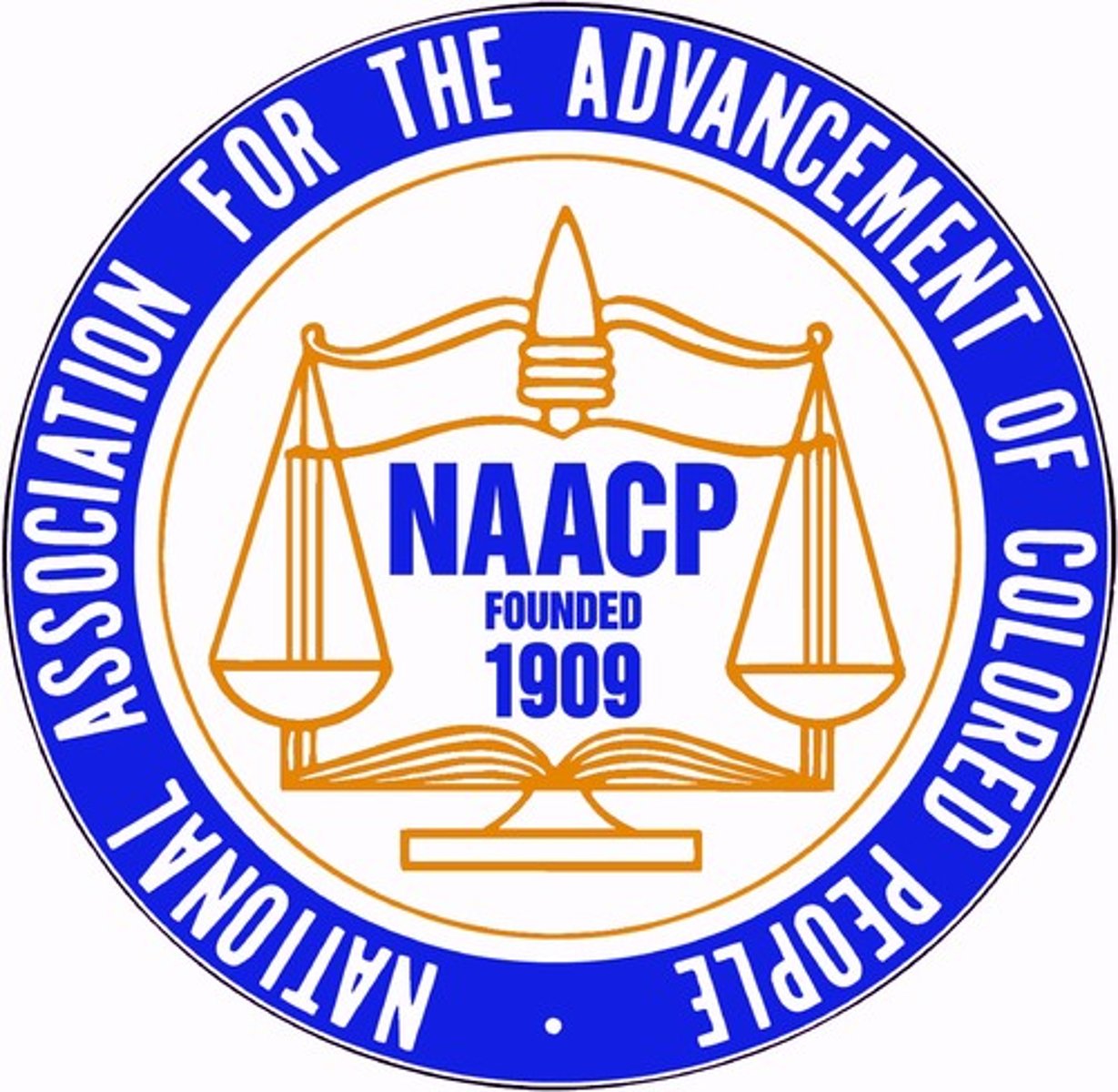
Lynching
Putting a person to death by mob action without due process of law - usually by hanging. This affected African Americans throughout the South for decades after the Civil War, and throughout the 20th century, through the Civil Rights Movement.
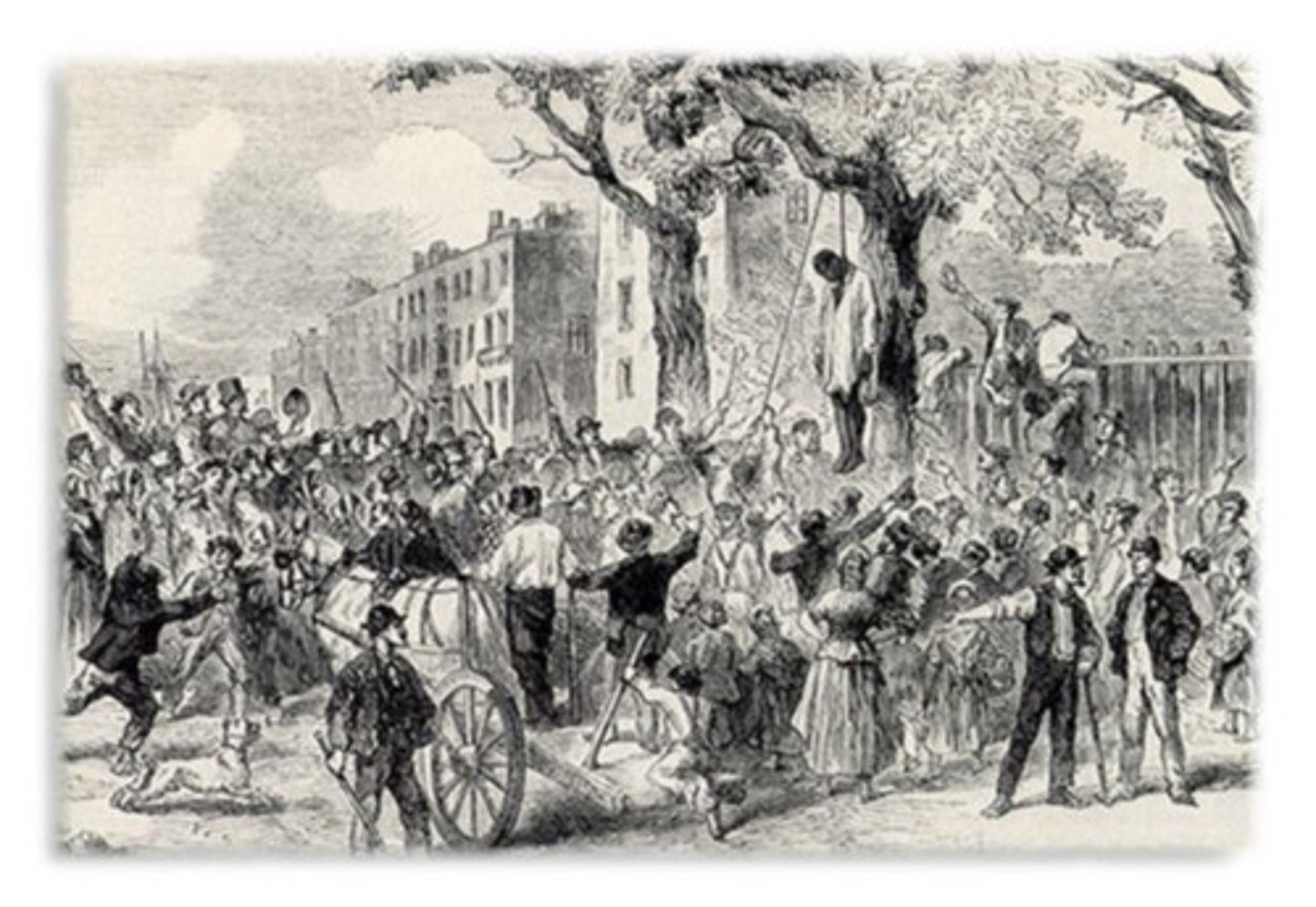
Anti-Defamation League (ADL)
Organization formed in 1913 to defend Jews against physical and verbal attacks and false statements.

National Association of Colored Women
An organization created in 1896 by African American women to provide community support. Through its local clubs, the NACW arranged for the care of orphans, founded homes for the elderly, advocated temperance, and undertook public health campaigns.
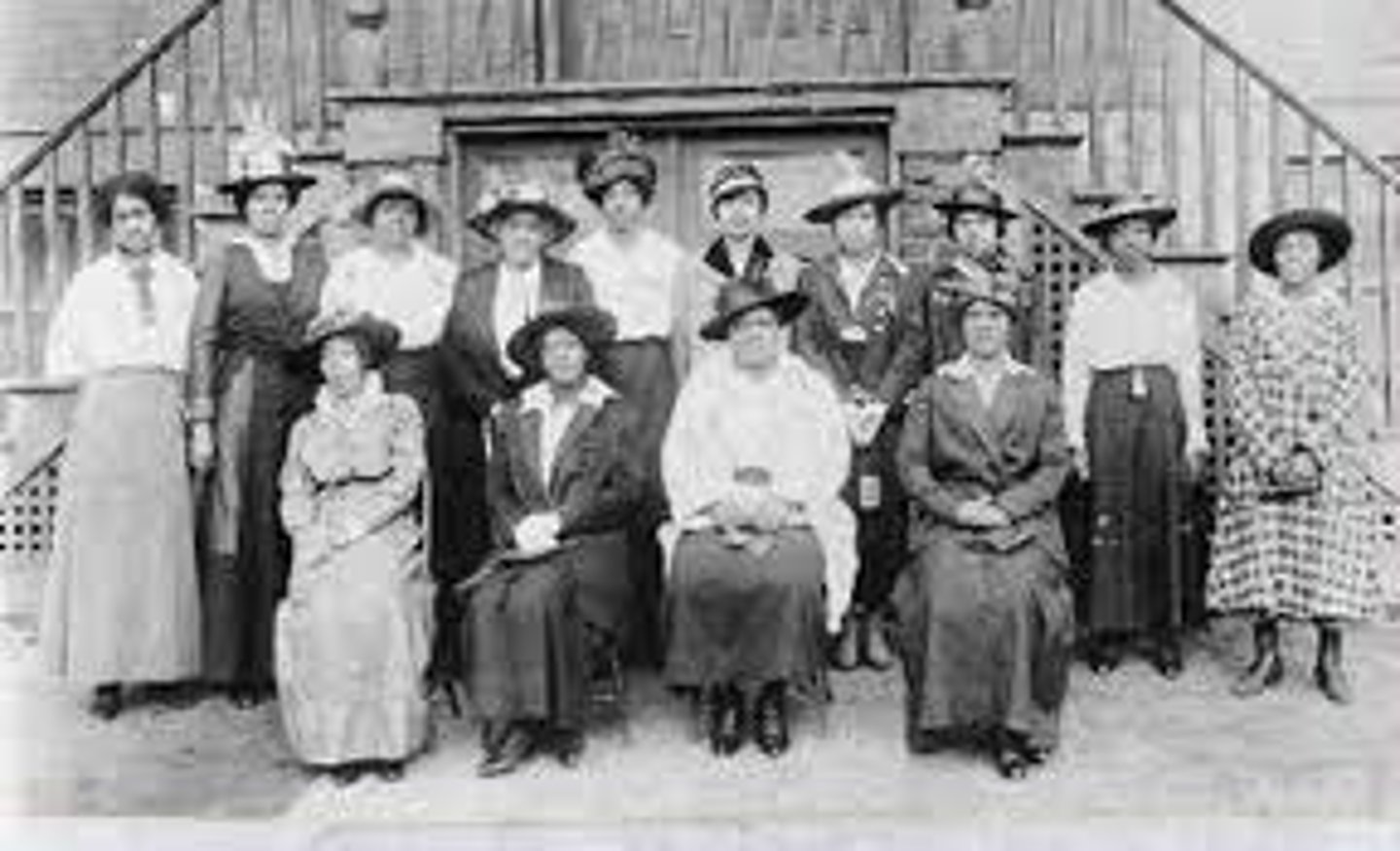
Ida B. Wells (1862-1931)
An African-American woman who achieved nationwide attention as leader of the anti-lynching crusade. A writer, she became part-owner of a newspaper, the Memphis Free Speech. In May 1892, in response to an article on a local lynching, a mob ransacked her offices and threatened her life if she did not leave town. Moving to Chicago, Wells continued to write about Southern lynchings. While investigating, she would go directly to the site of a killing, sometimes despite extreme danger. In 1895, she published The Red Record, the first documented statistical report on lynching. Wells was also a founder of the National Association for the Advancement of Colored People. She stands as one of America's most uncompromising leaders and most ardent defenders of democracy.
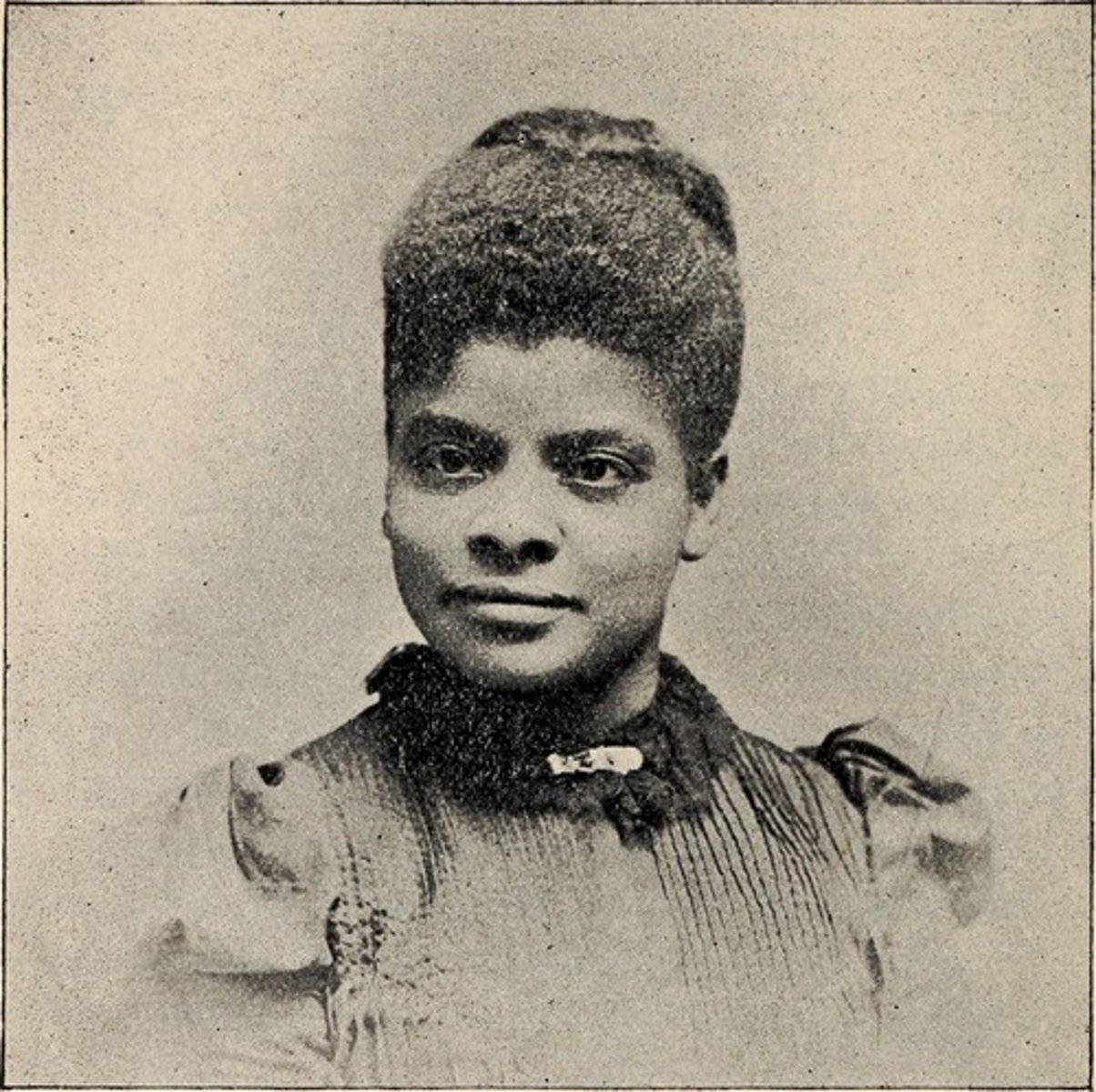
Jacob Riis
A Danish immigrant, he became a reporter who pointed out the terrible conditions of the tenement houses of the big cities where immigrants lived during the late 1800s. He wrote How The Other Half Lives in 1890.
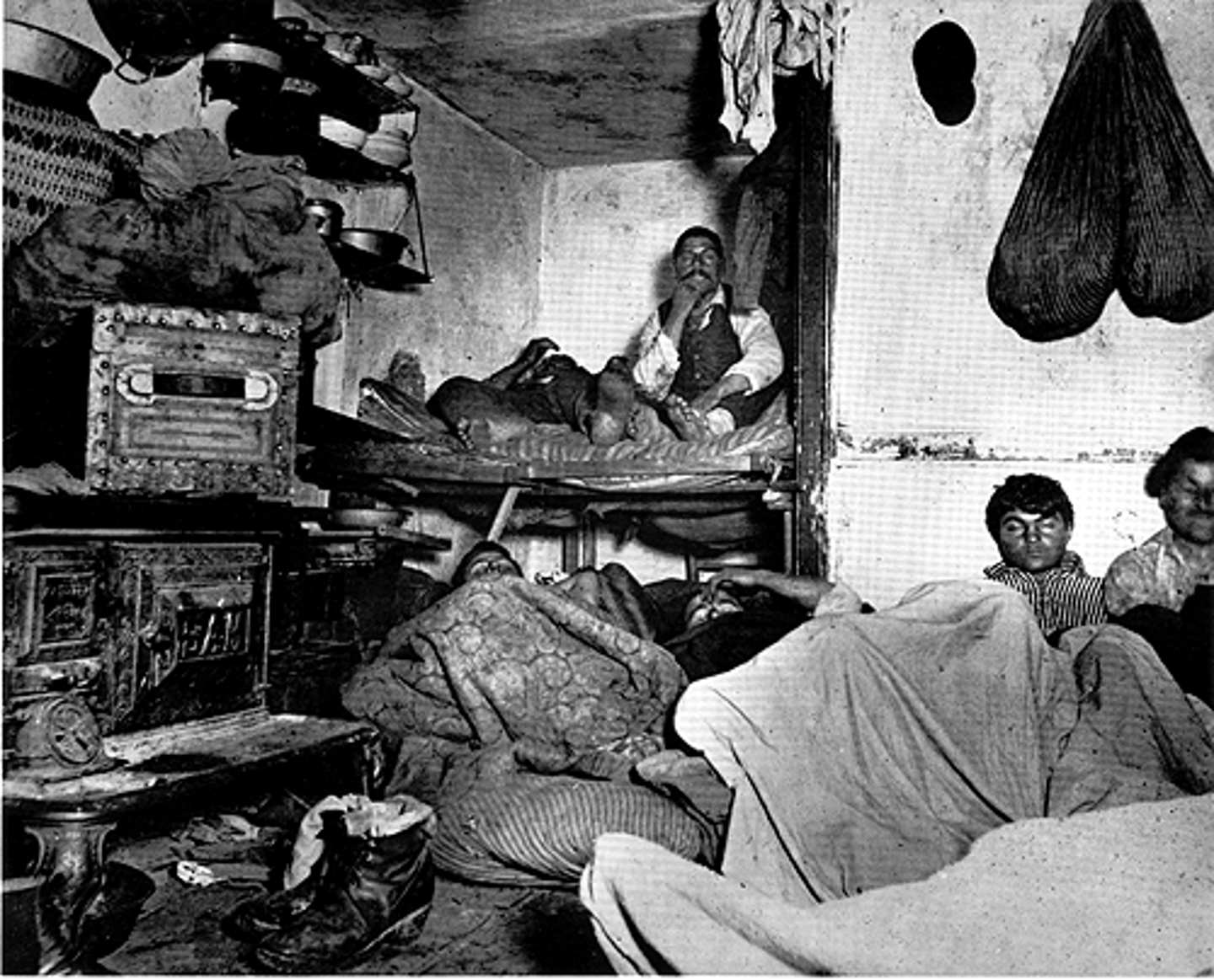
Progressivism
The movement in the late 1800s to increase democracy in America by curbing the power of the corporation. It fought to end corruption in government and business, and worked to bring equal rights of women and other groups that had been left behind during the industrial revolution.
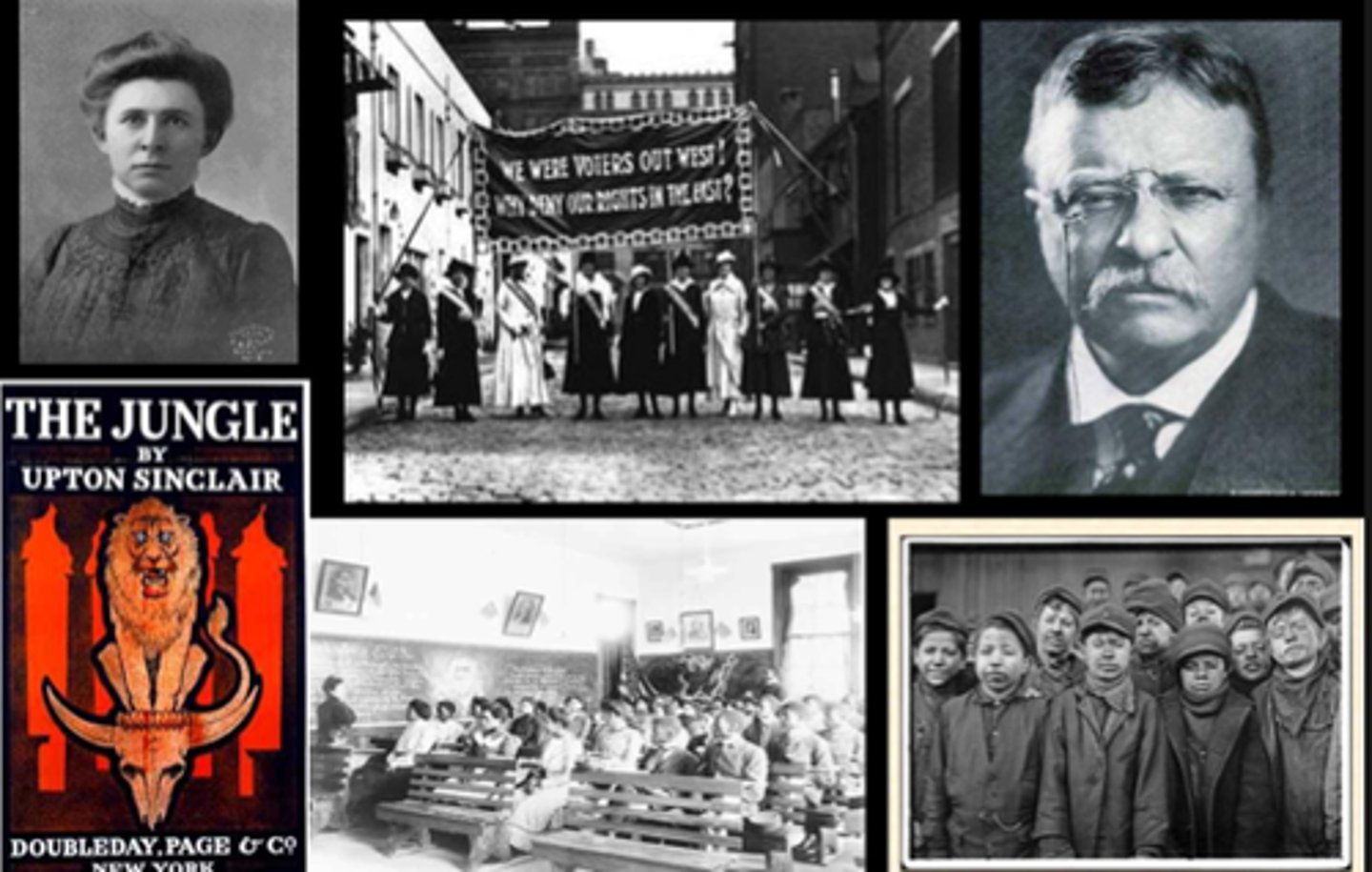
Muckrakers
Journalists who attempted to find corruption or wrongdoing in industries and expose it to the public.
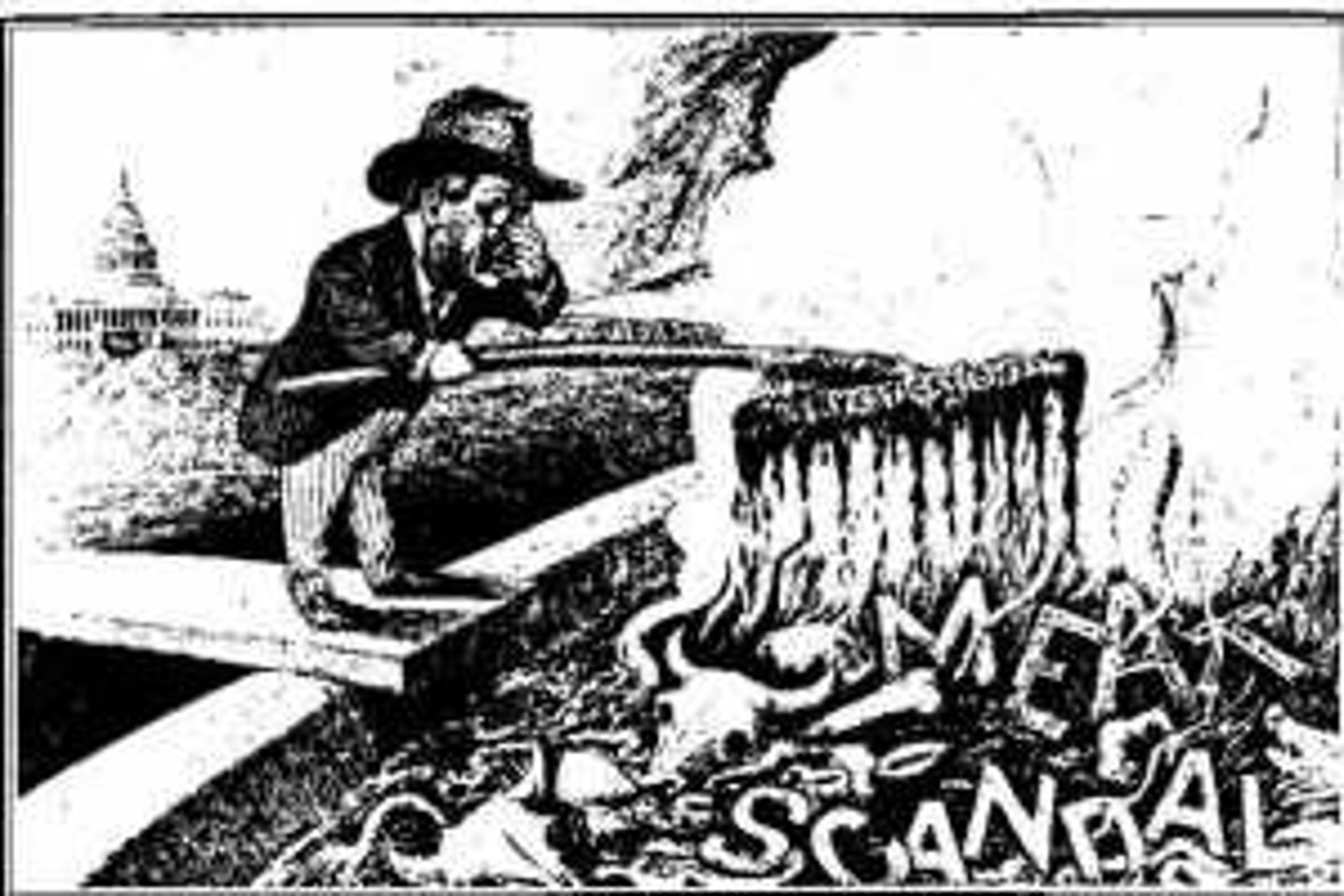
Tenement Act of 1901
This law forced landlords to install lighting in public hallways and to provide at least one toilet for every two families.
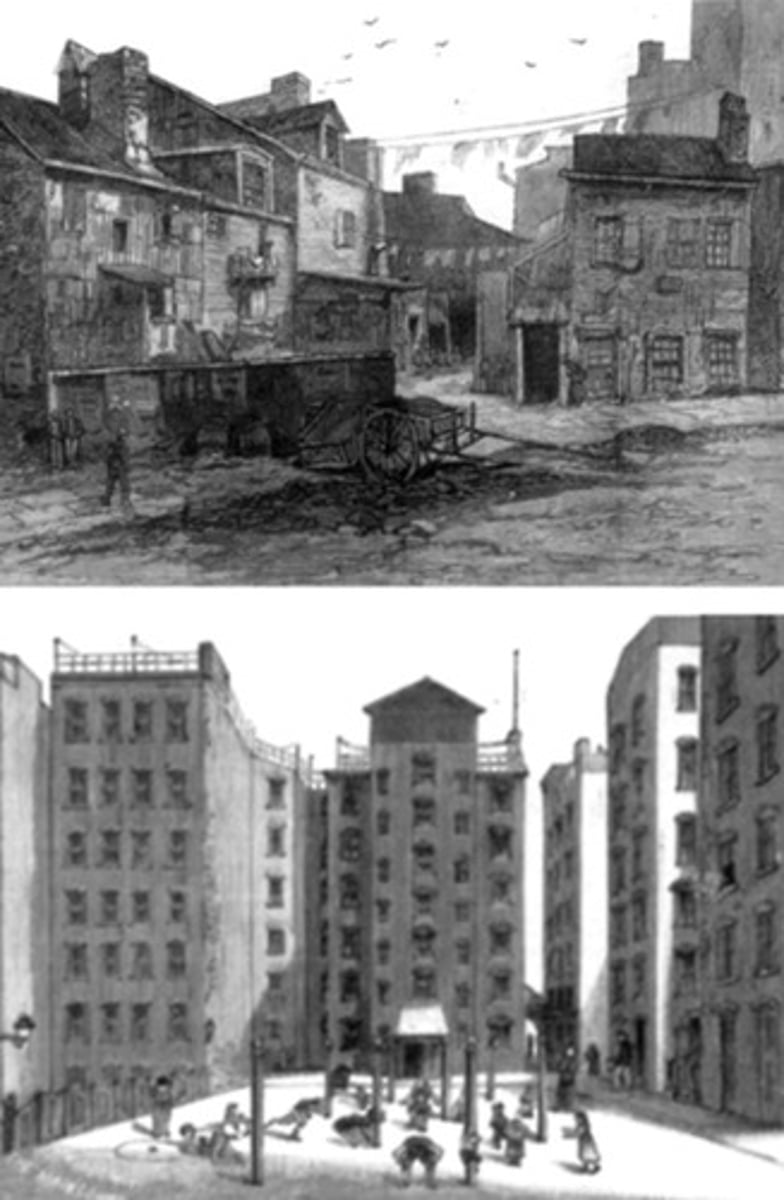
Triangle Shirtwaist Fire
March 1911 fire in a New York shirt factory that trapped young women workers inside locked exit doors; nearly 50 ended up jumping to their death; while 100 died inside the factory; led to the establishment of many factory reforms, including increasing safety precautions for workers.
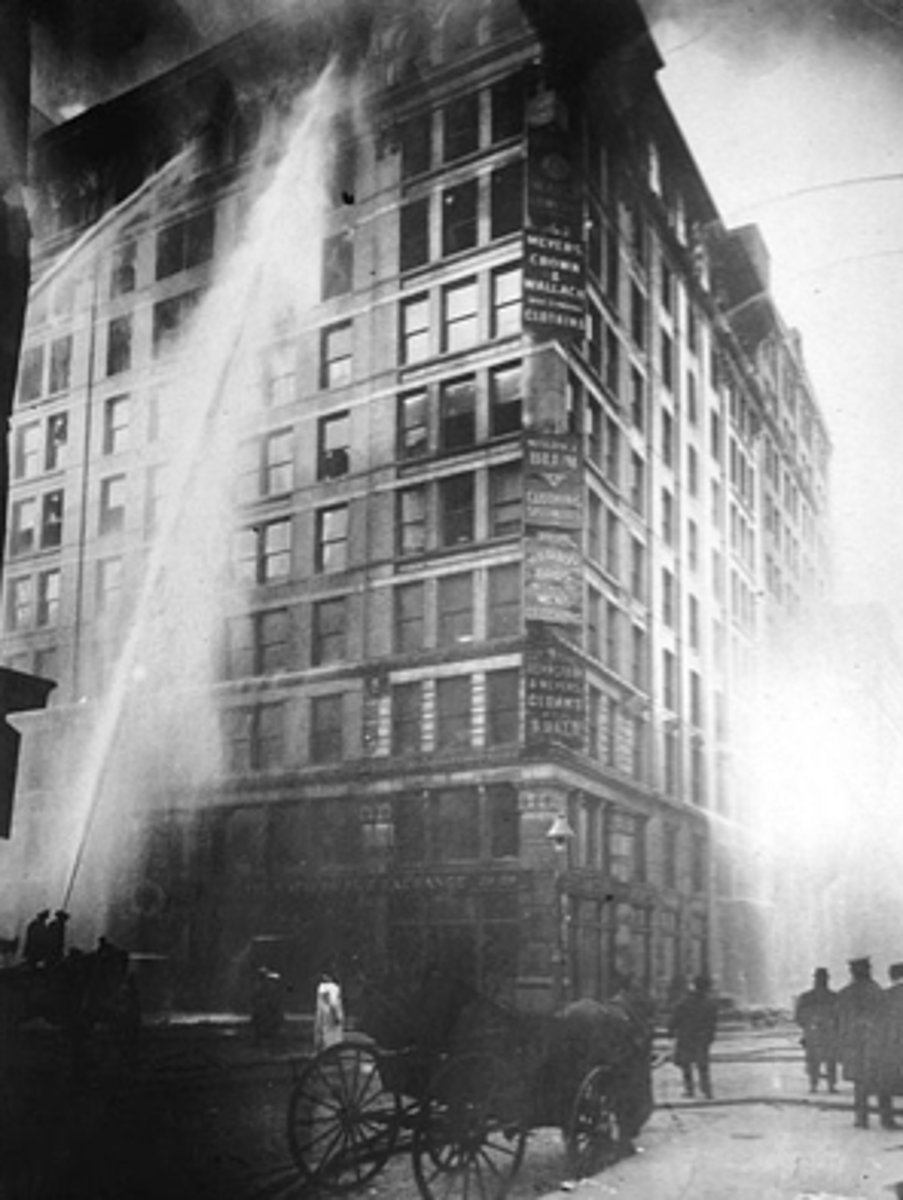
16th Amendment
Amendment to the United States Constitution (1913) gave Congress the power to tax income.
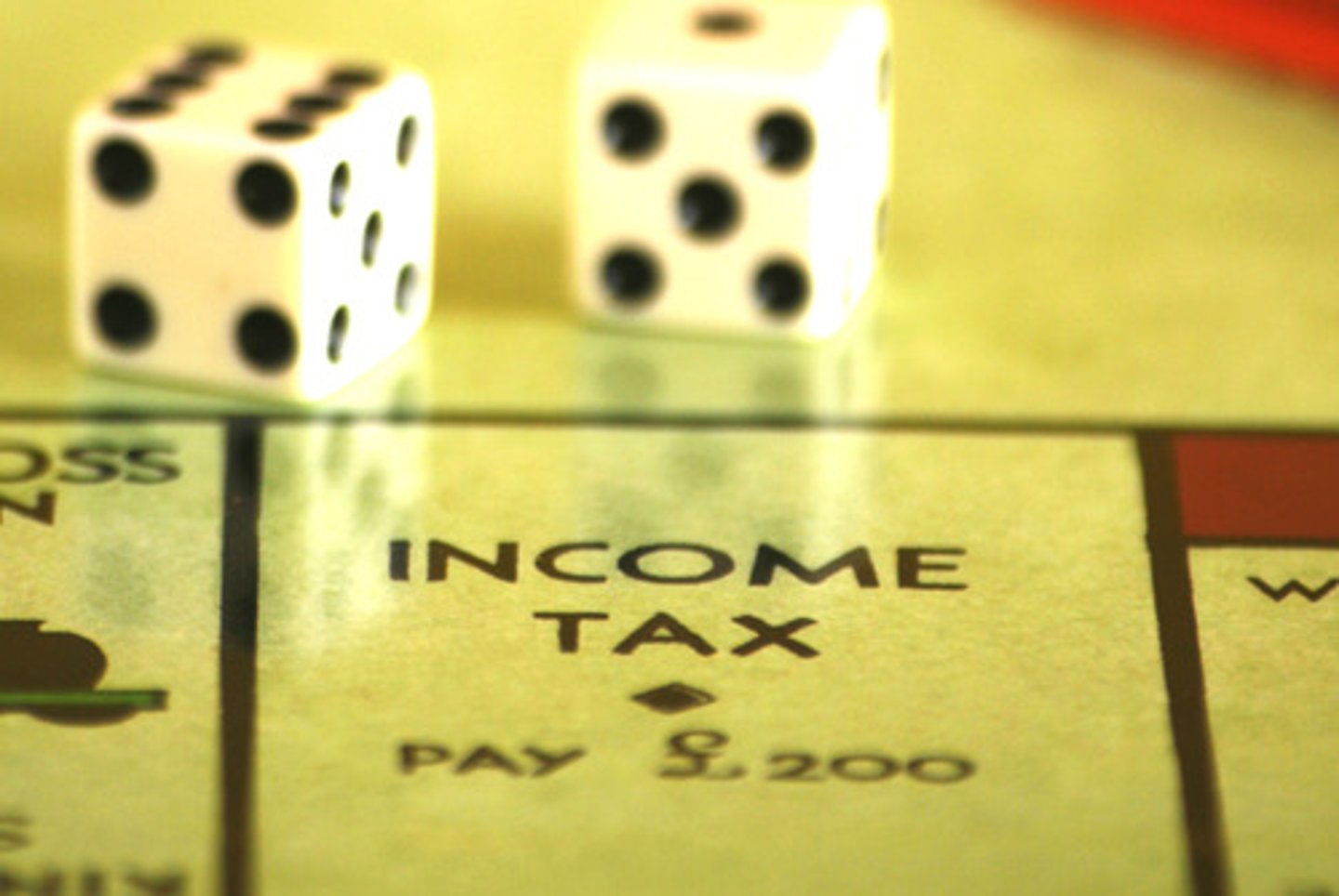
17th Amendment
Established the direct election of senators (instead of being chosen by state legislatures)
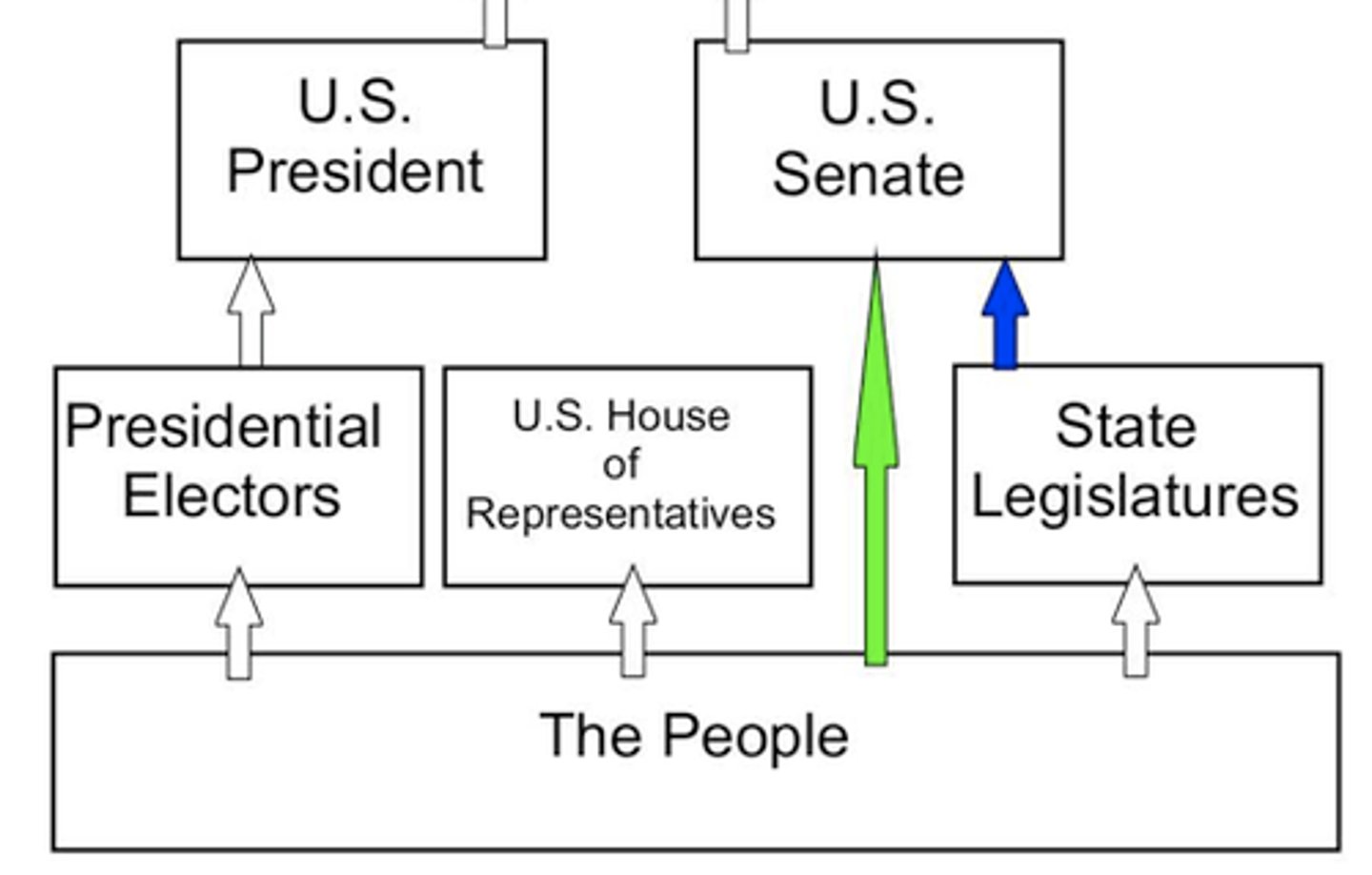
Initiative
A procedure by which voters can propose a law or a constitutional amendment.
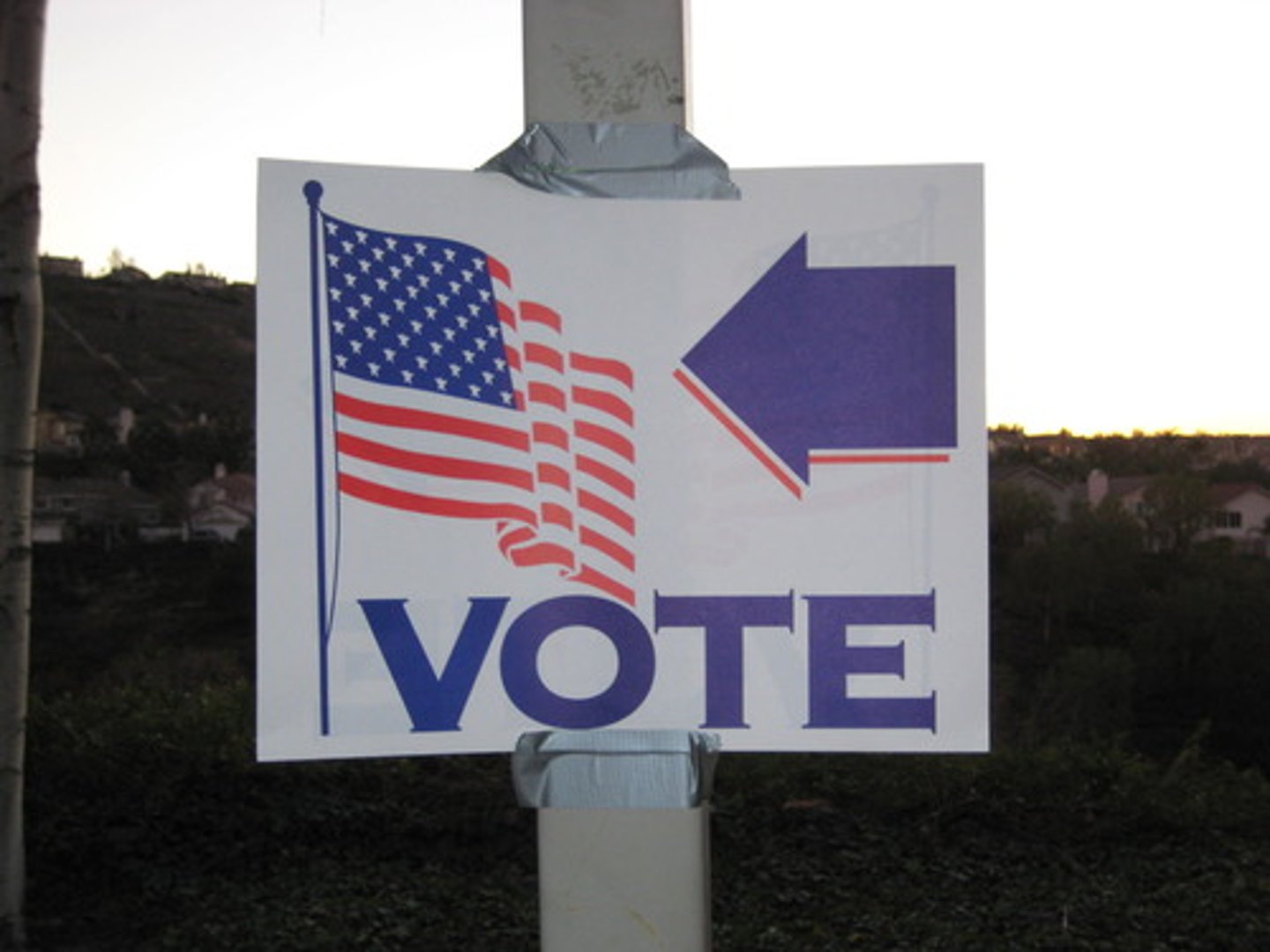
Referendum
A state-level method of direct legislation that gives voters a chance to approve or disapprove proposed legislation or a proposed constitutional amendment.
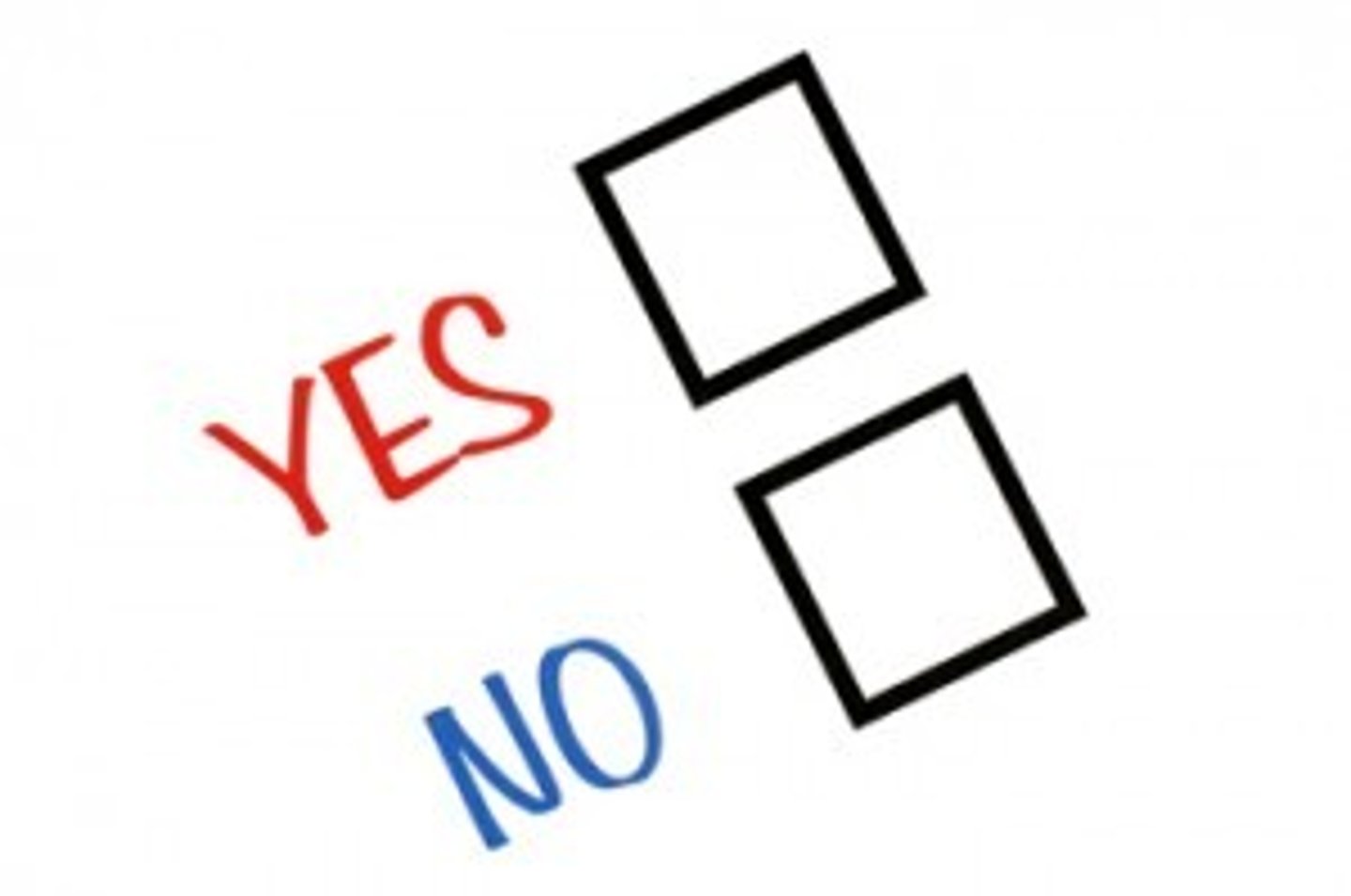
Recall
A procedure for submitting to popular vote the removal of officials from office before the end of their term.
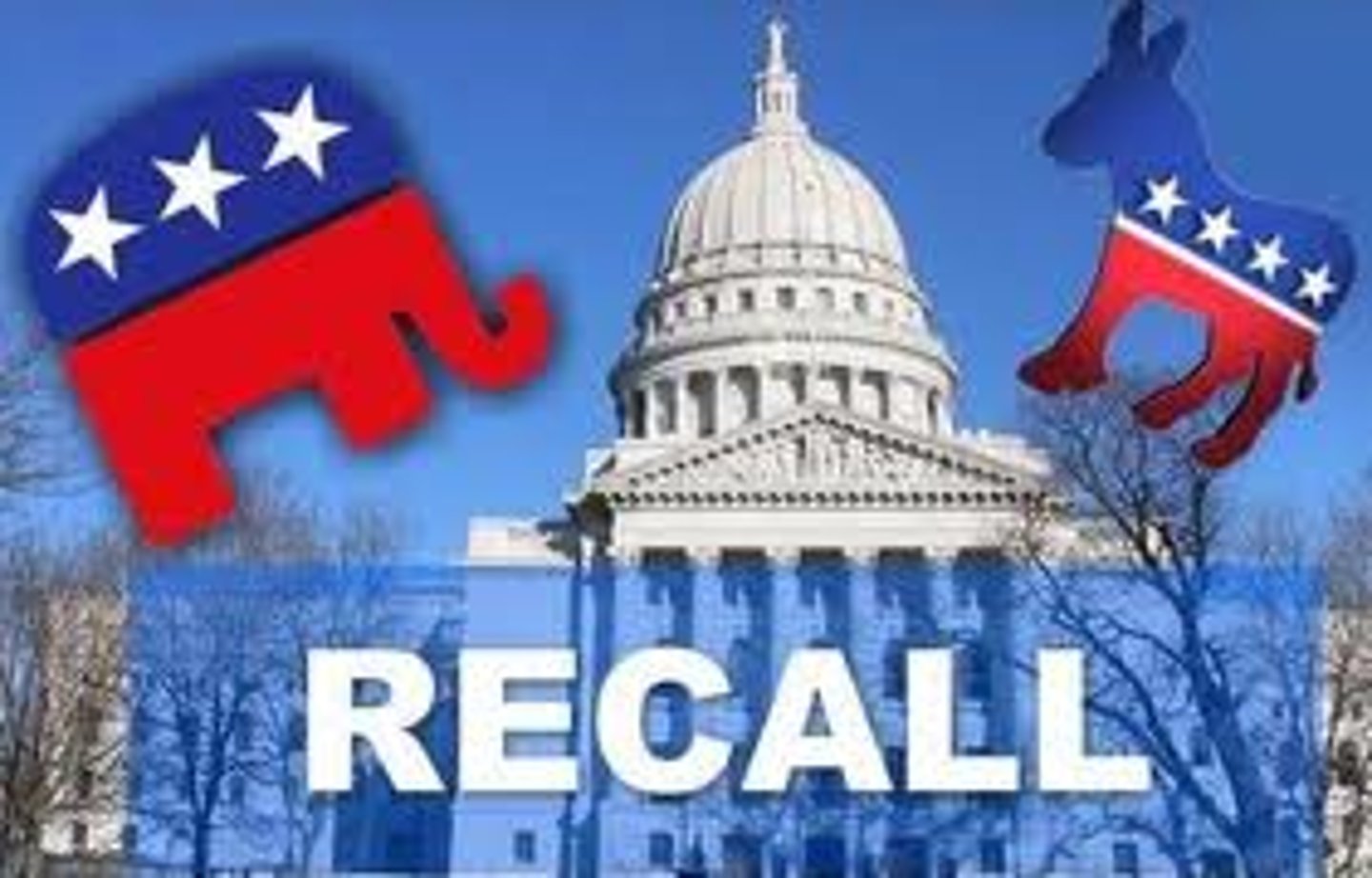
Upton Sinclair, The Jungle
The author who wrote a book about the horrors of food productions in 1906, the bad quality of meat and the dangerous working conditions.
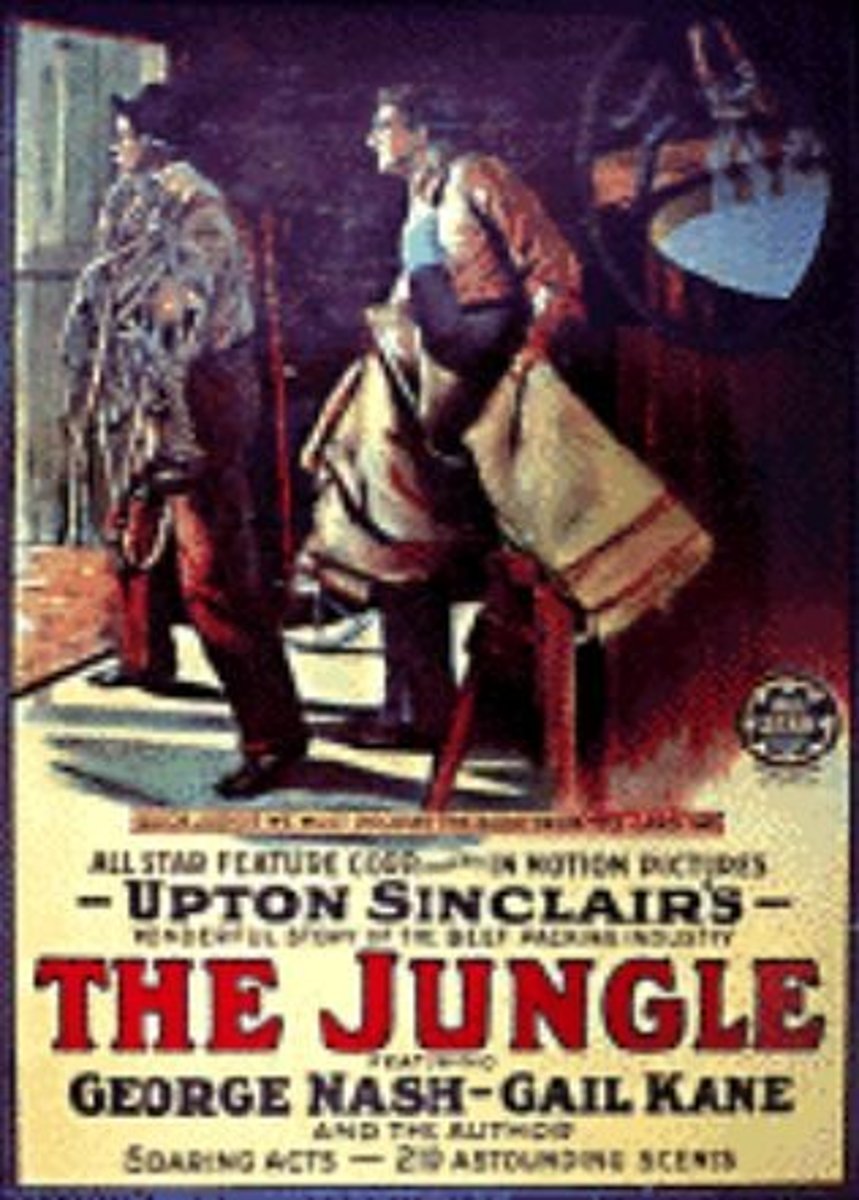
Women's Christian Temperance Union (WCTU)
A group of women who advocated total abstinence from alcohol and who worked to get laws passed against alcohol.
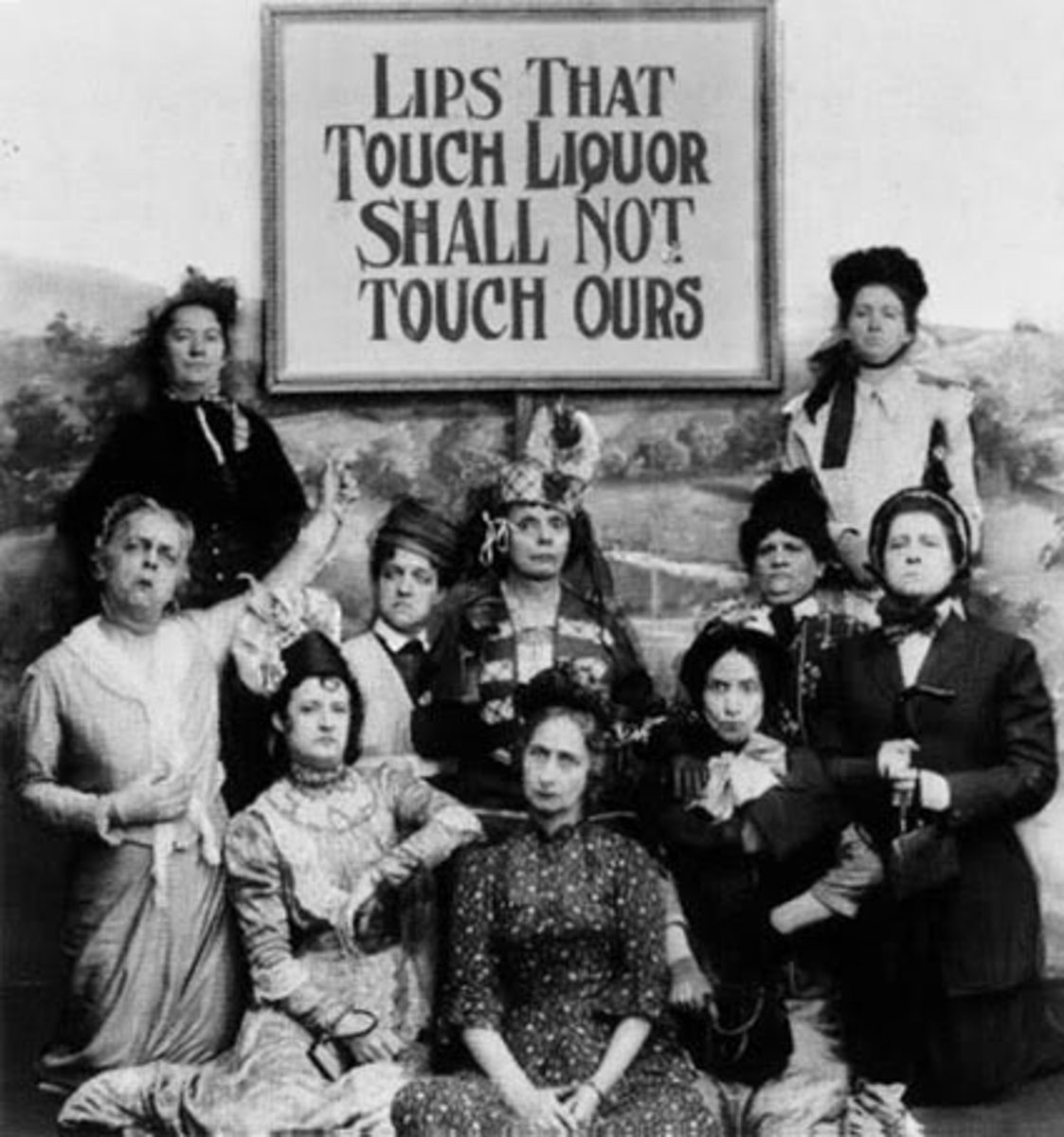
Carry A. Nation (1846-1901)
A prohibitionist who believed that bars and other liquor-related businesses should be destroyed, and was known for attacking saloons herself with a hatchet.
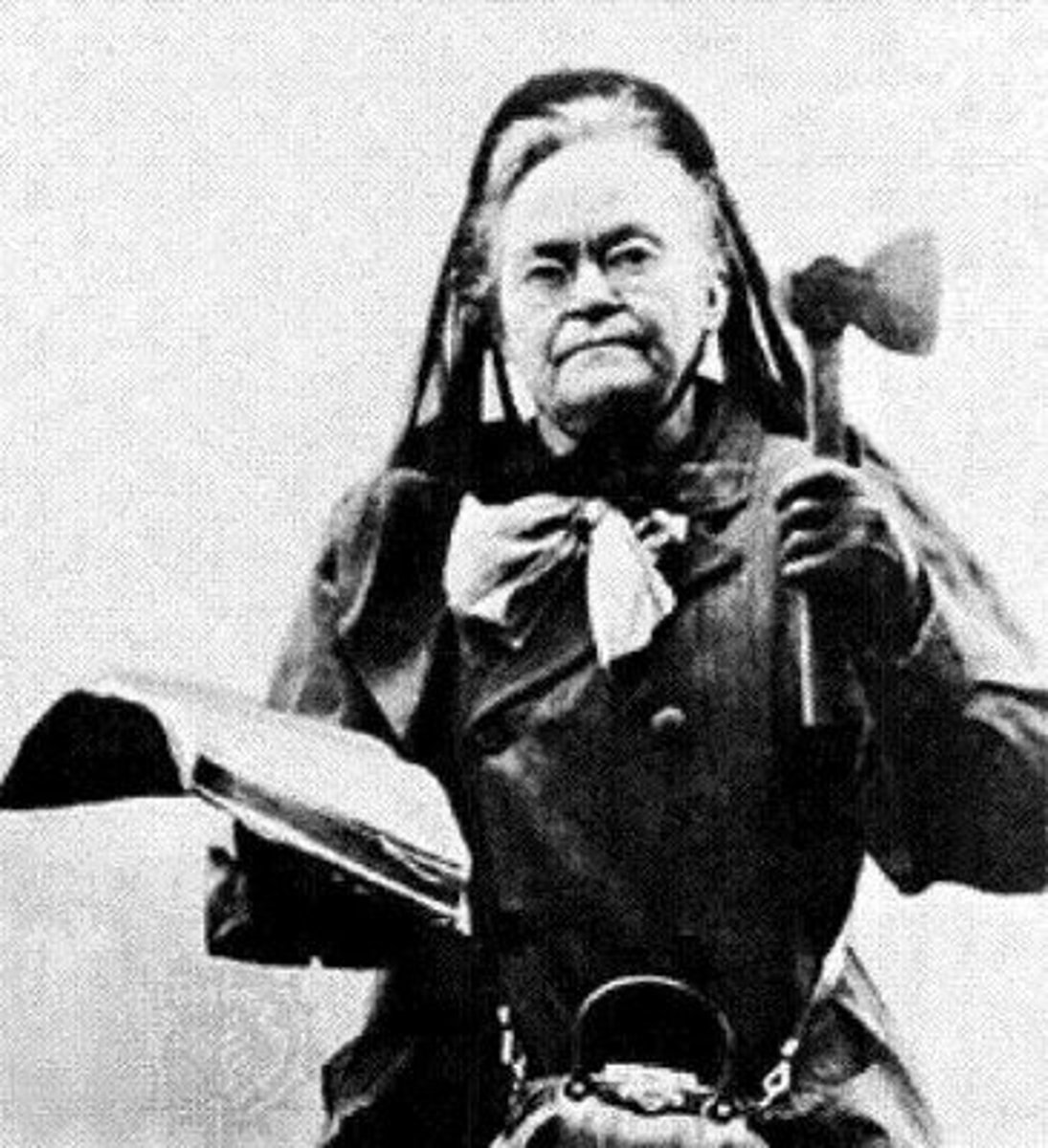
18th Amendment (1919)
The 18th Amendment (proposed by Congress on December 19, 1917) banned the manufacture, sale, and transportation of alcoholic beverages in the United States and its possessions. Contrary to common belief, it did not prohibit the purchase or consumption of alcohol. The Amendment was ratified on January 18, 1919, went into effect one year later, and was repealed by the 21st Amendment on December 5, 1933. Small-time operators were faced with competition from the organized crime and criminal gangs that fought each other for market control.
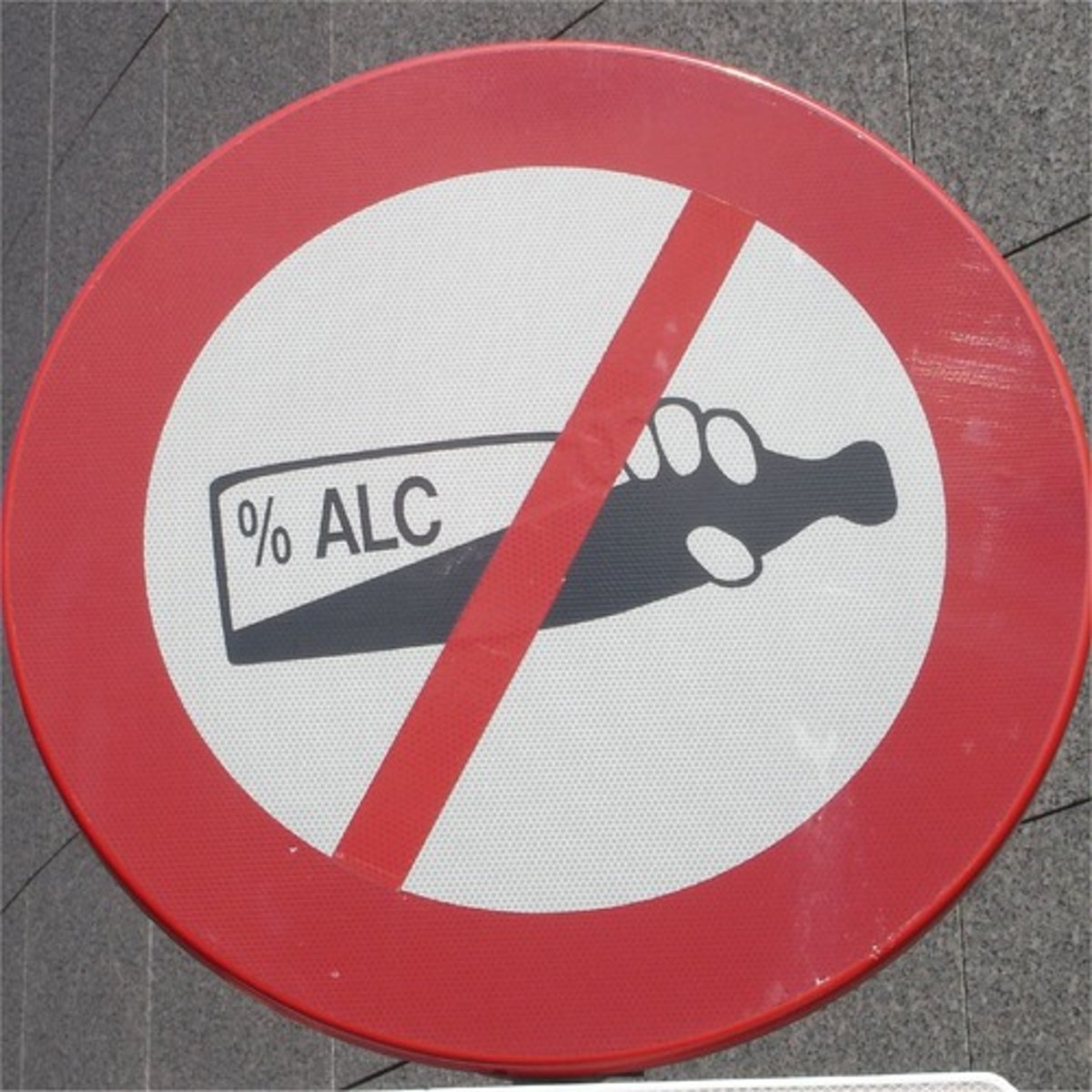
Susan B. Anthony
An American social reformer and feminist who played a pivotal role in the women's suffrage movement.
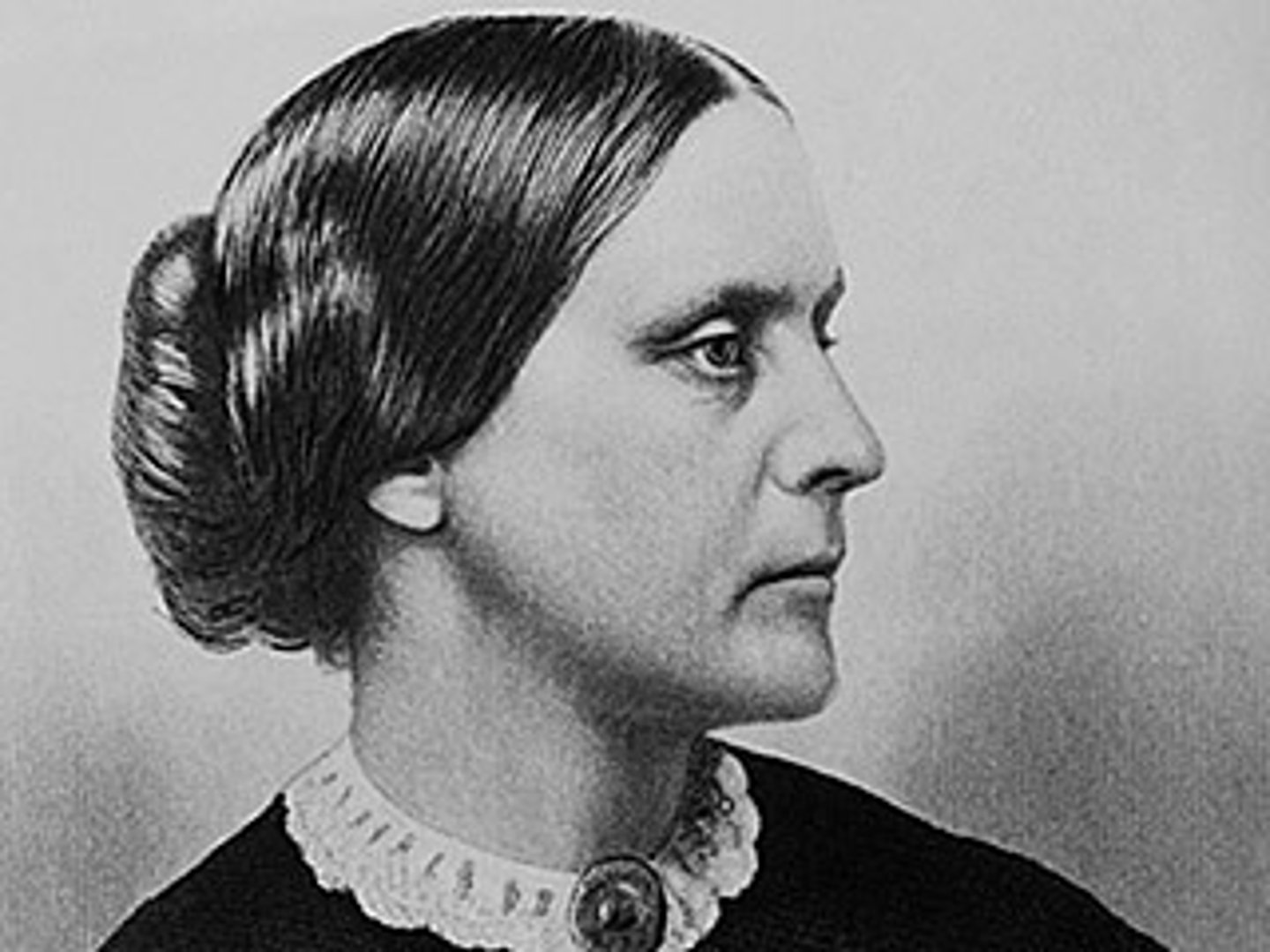
National American Woman Suffrage Association (NAWSA)
The National American Woman Suffrage Association was an organization formed on February 18, 1890, to advocate in favor of women's suffrage in the United States. It was created by the merger of two existing organizations, the National Woman Suffrage Association and the American Woman Suffrage Association.
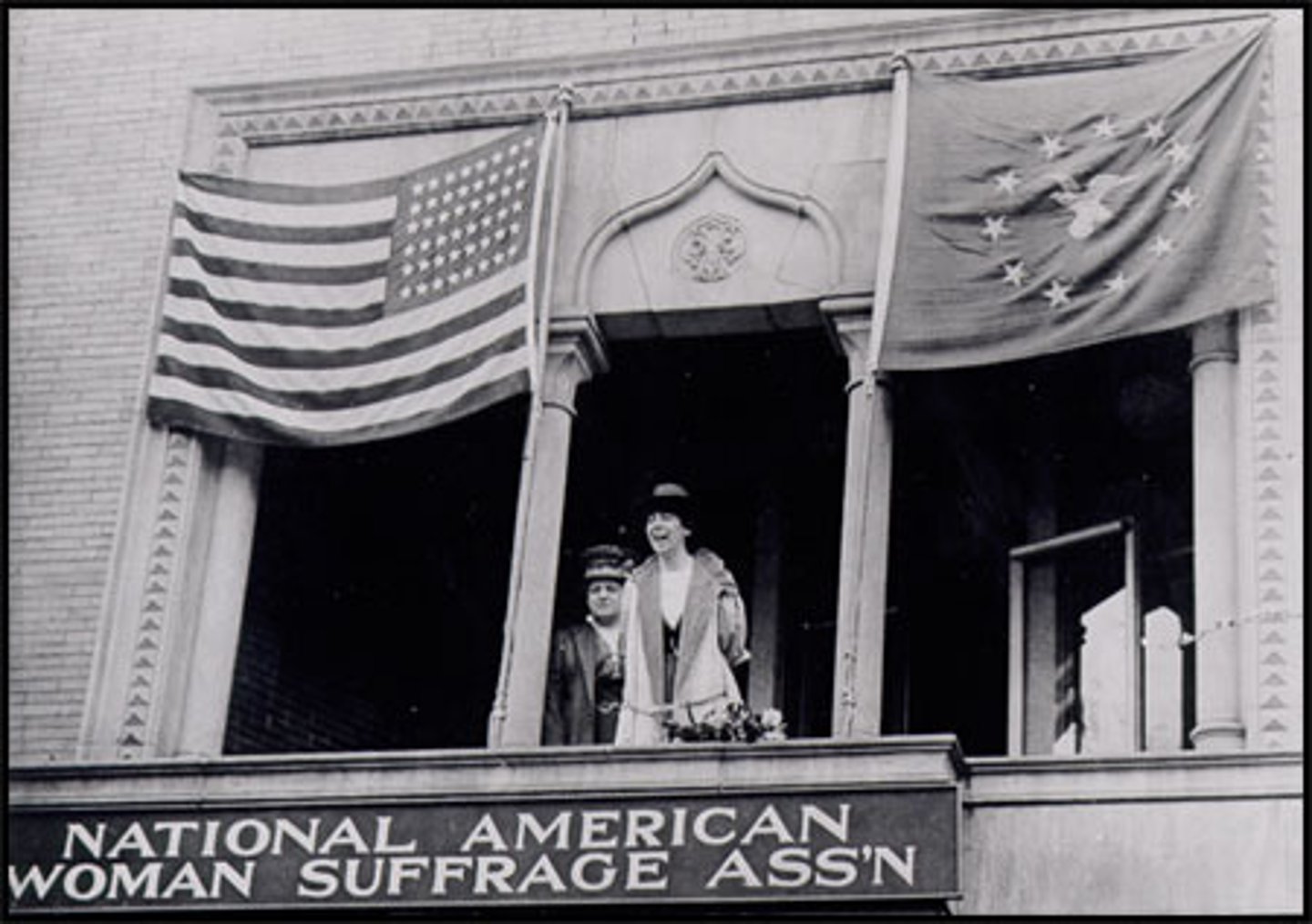
Alice Paul
Head of the National Woman's party that campaigned for an equal rights amendment to the Constitution. She opposed legislation protecting women workers because such laws implied women's inferiority. Most condemned her way of thinking.
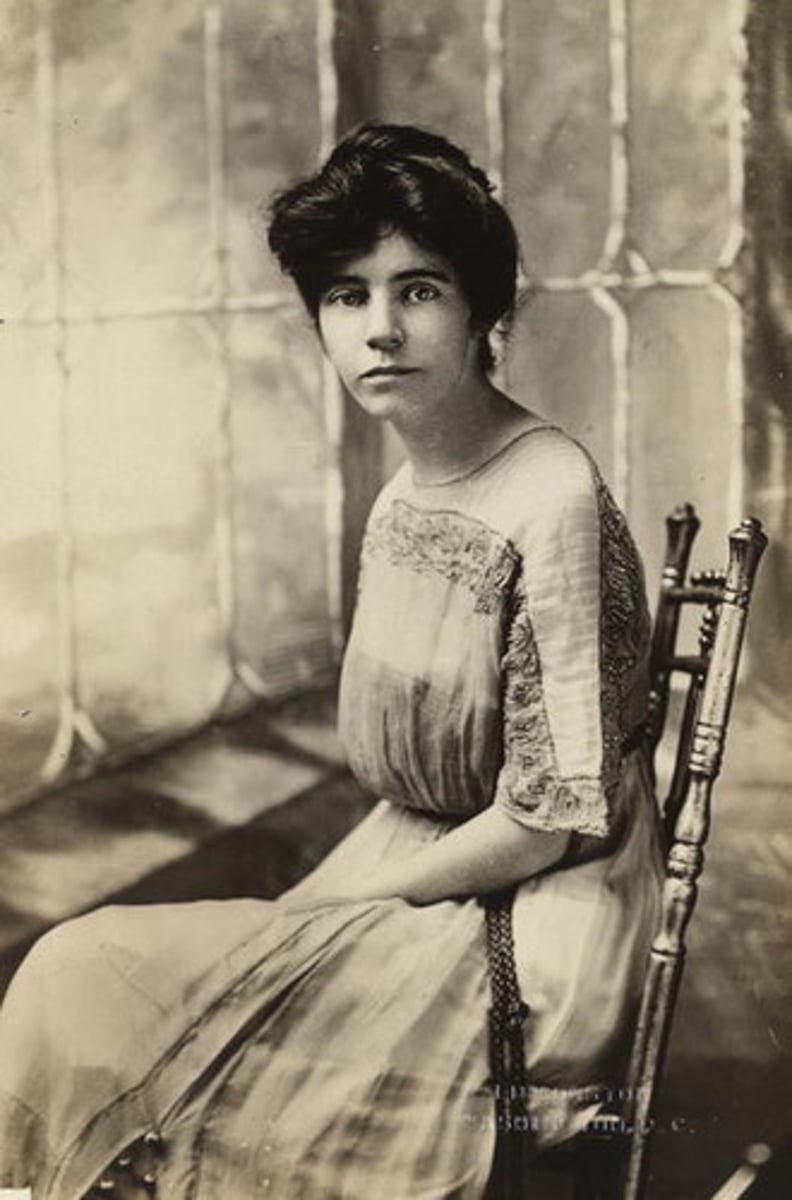
19th Amendment/Women's Suffrage
Proposed in 1919, and added as an Amendment to the U.S. Constitution in 1920, it extended the right to vote to women in federal or state elections.
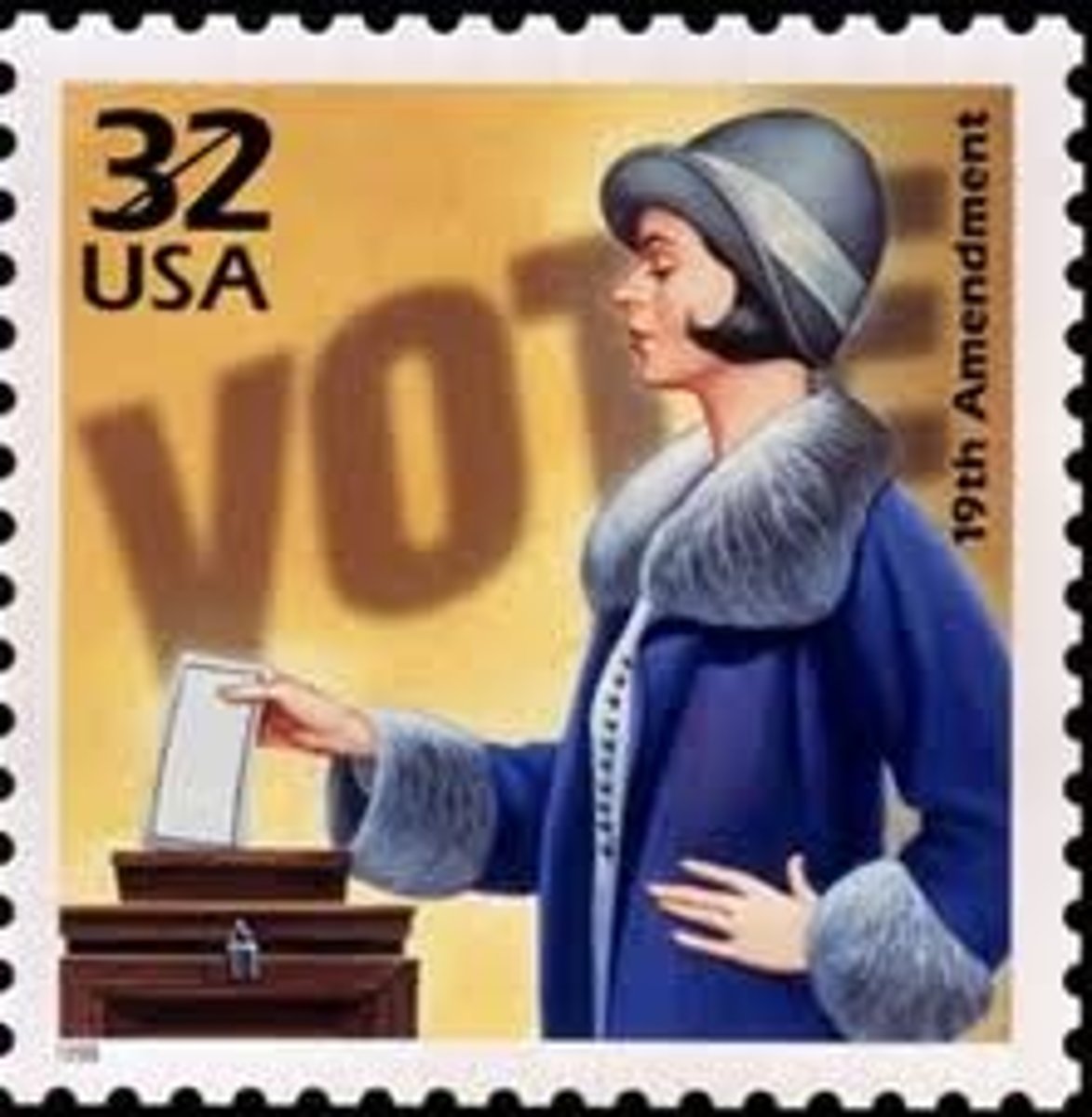
Theodore Roosevelt
1858-1919. 26th President. Increased size of Navy, "Great White Fleet". Added Roosevelt Corollary to Monroe Doctrine. "Big Stick" policy. Received Nobel Peace Prize for mediation of end of Russo-Japanese war. Later arbitrated split of Morocco between Germany and France.
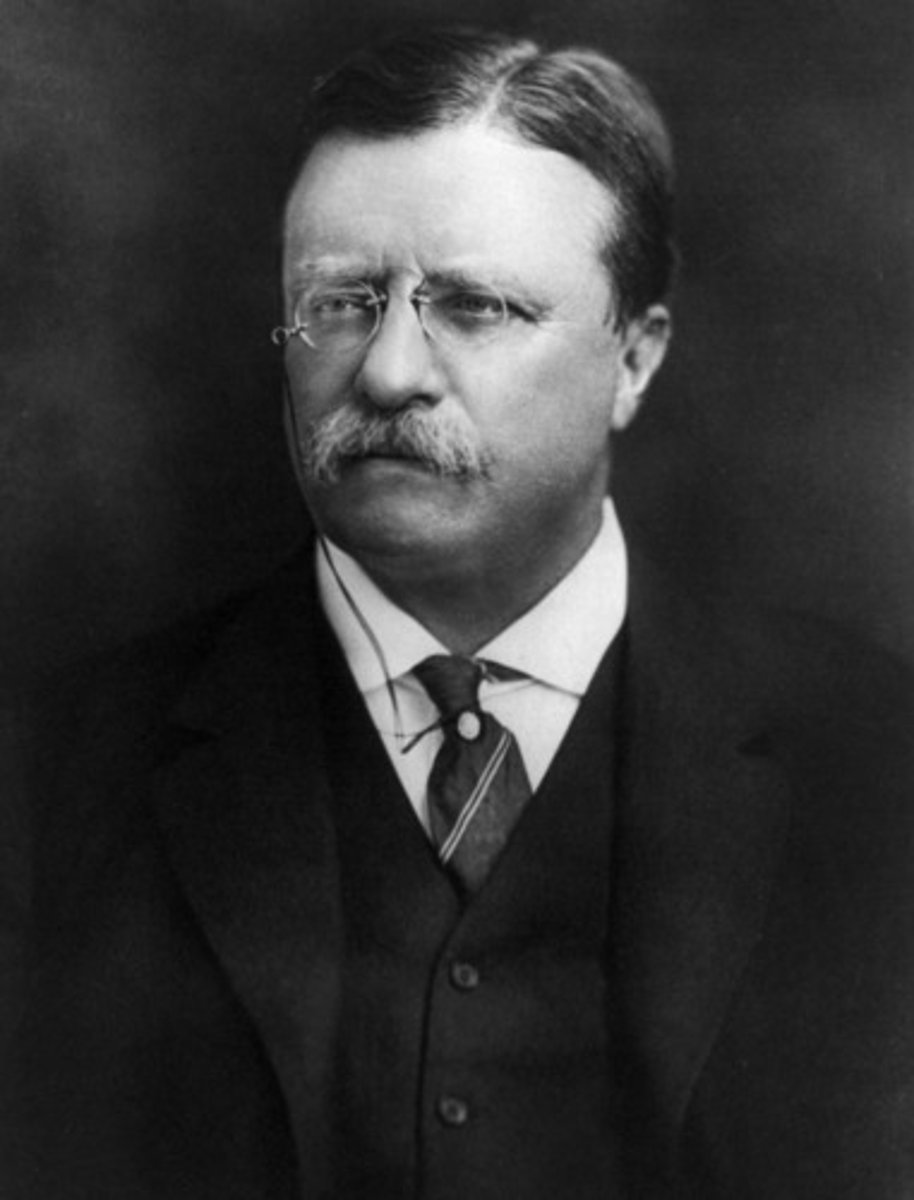
Bully Pulpit
The president's use of his prestige and visibility to guide or enthuse the American public. Used most notably by Teddy Roosevelt.
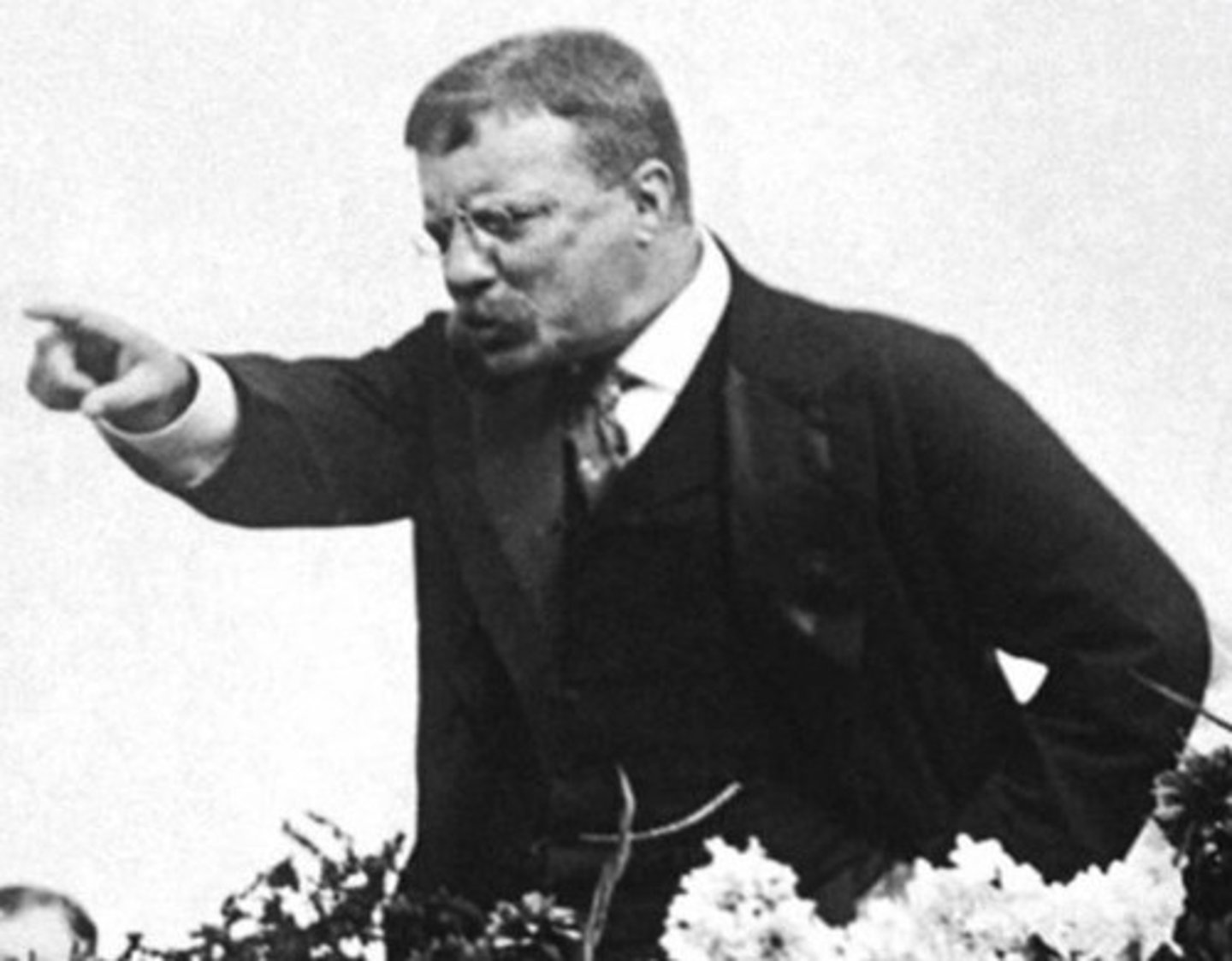
Square Deal
Economic policy by Roosevelt that favored fair relationships between companies and workers
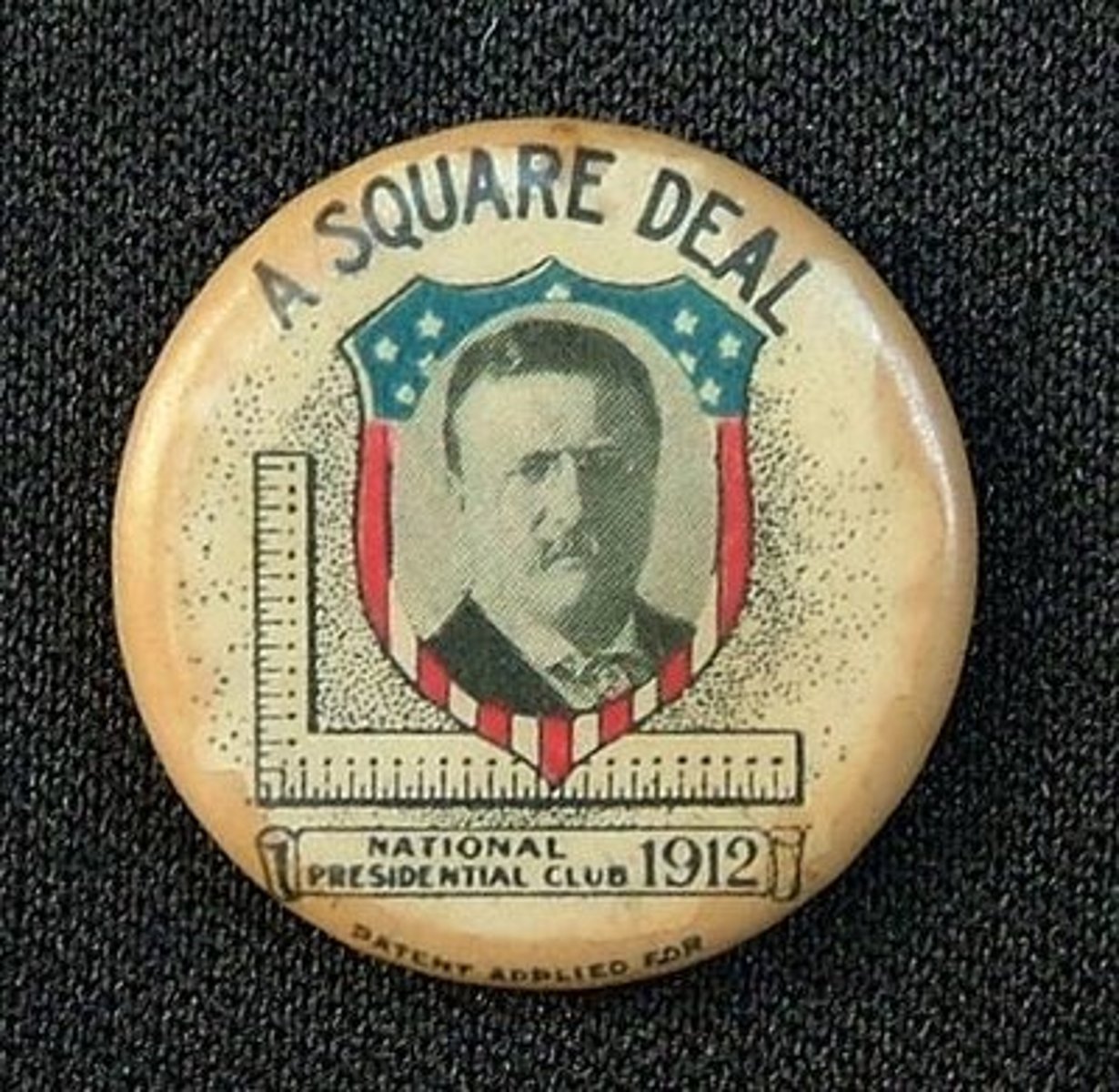
Meat Inspection Act (1906)
Made it so that meat would be inspected by the government from coral to can. It began a quality rating system as well as increased the sanitation requirements for meat producers.
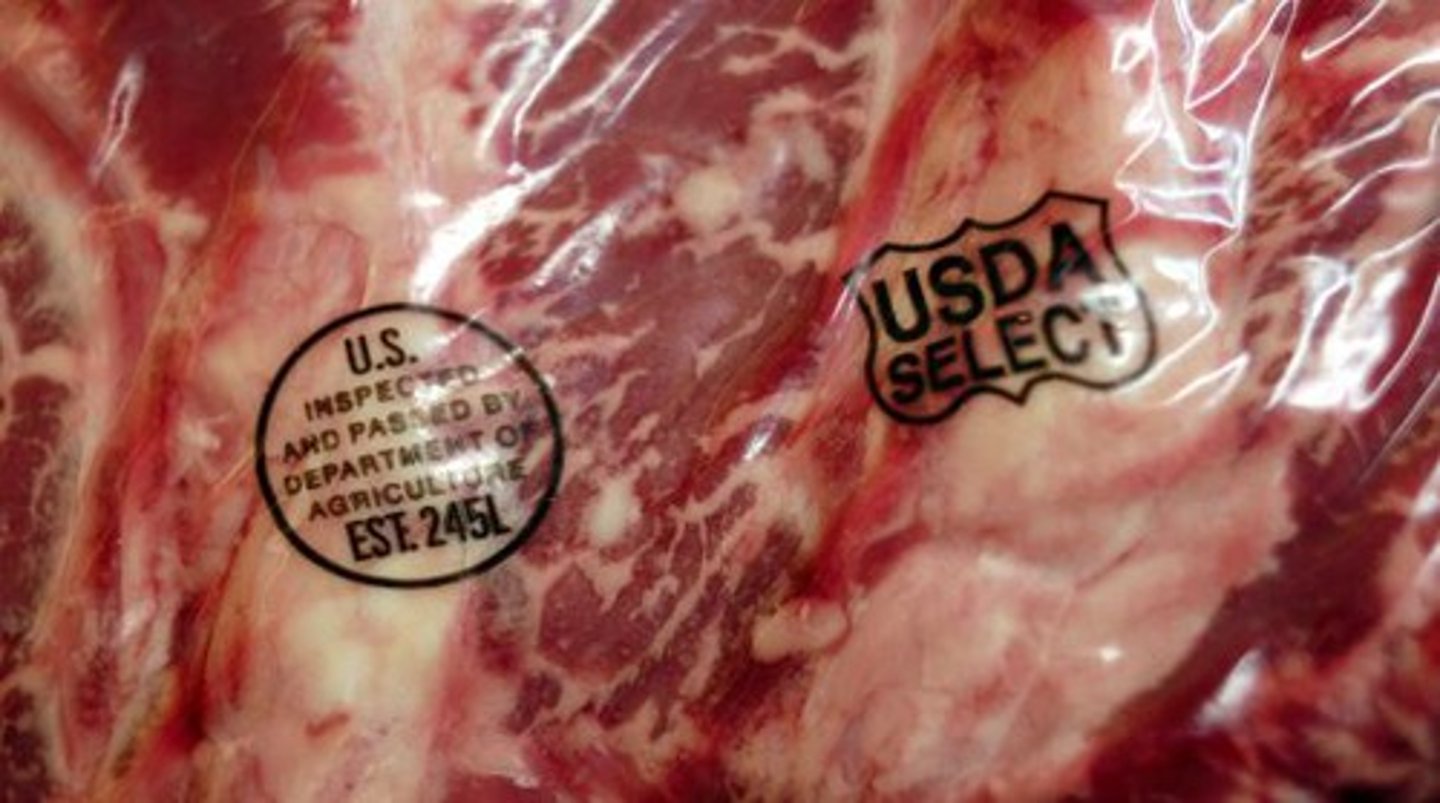
Pure Food and Drug Act of 1906
1906 - Forbade the manufacture or sale of mislabeled or adulterated food or drugs, it gave the government broad powers to ensure the safety and efficacy of drugs in order to abolish the "patent" drug trade. Still in existence as the FDA.

John Muir (1838-1914)
This noted naturalist split with conservationists like Gifford Pinchot by trying to protect natural "temples" like the Hetch Hetchy Valley from development. In 1892 he founded the Sierra Club, which is now one of the most influential conservation organizations in the United States. His writings and philosophy shaped the formation of the modern environmental movement. Unfortunately, John Muir has recently been noted for his myopic views on race, which has recently added controversy to his legacy among some social scientists and social justice advocates.
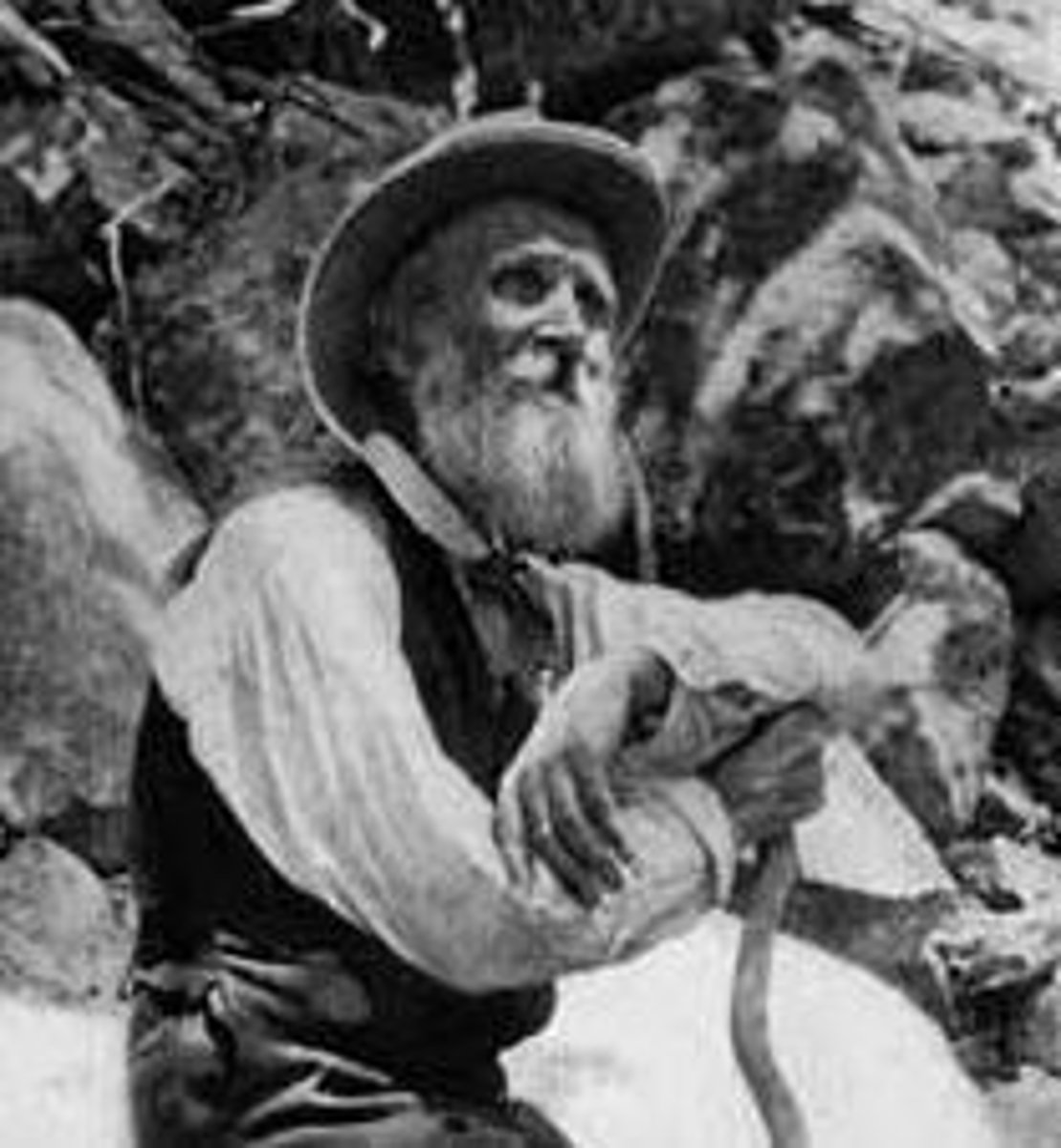
William Taft
27th President of the United States and later chief justice of the United States Supreme Court (1857-1930). He replaced Teddy Roosevelt as President and would later lose to Woodrow Wilson in the 1912 election.
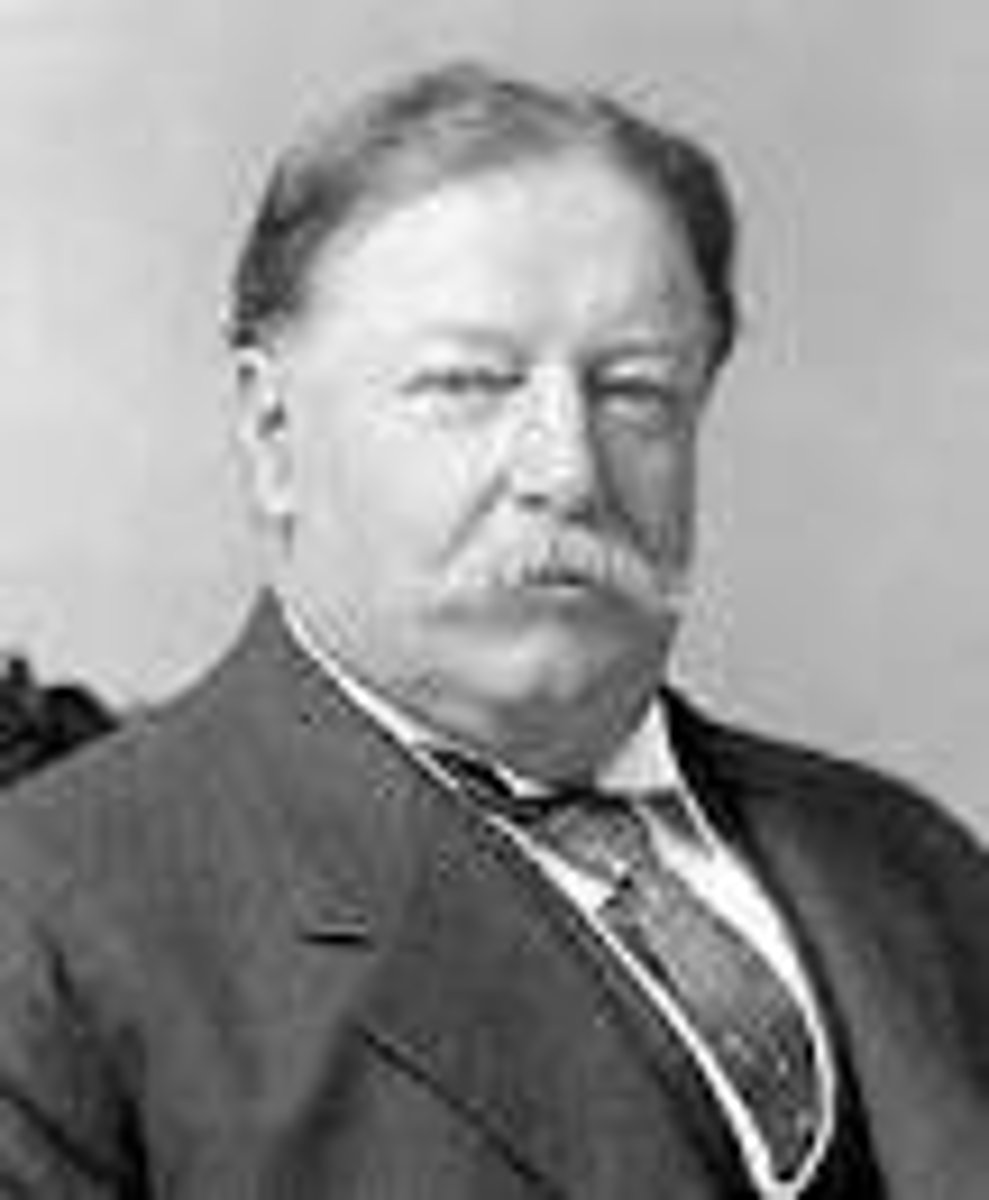
Woodrow Wilson
28th president of the United States, known for World War I leadership, created Federal Reserve, Federal Trade Commission, Clayton Antitrust Act, progressive income tax, lower tariffs, women's suffrage (reluctantly), Treaty of Versailles, sought 14 points post-war plan, League of Nations (but failed to win U.S. ratification), won Nobel Peace Prize
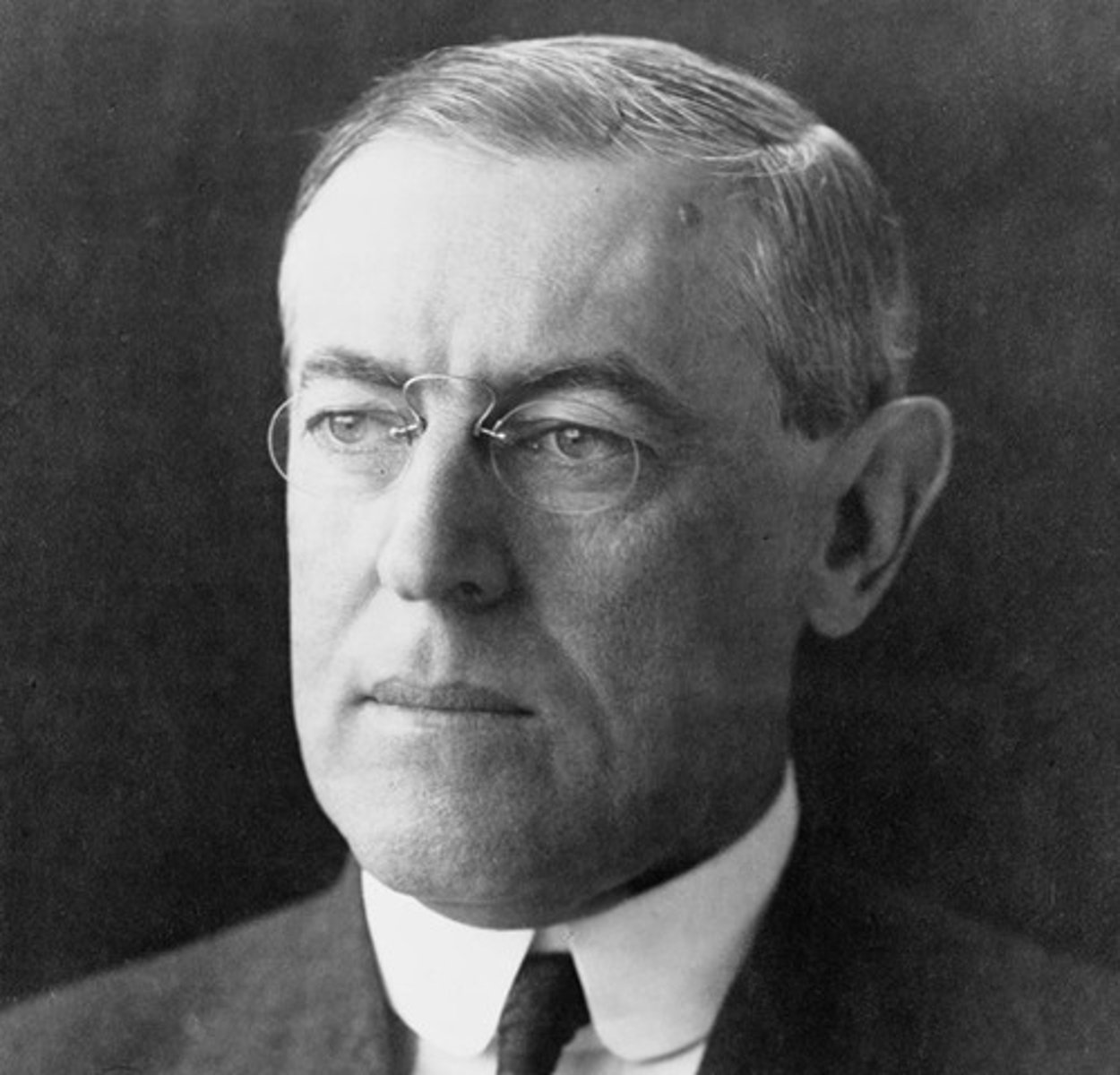
Trust Busting
Government activities aimed at breaking up monopolies and trusts.
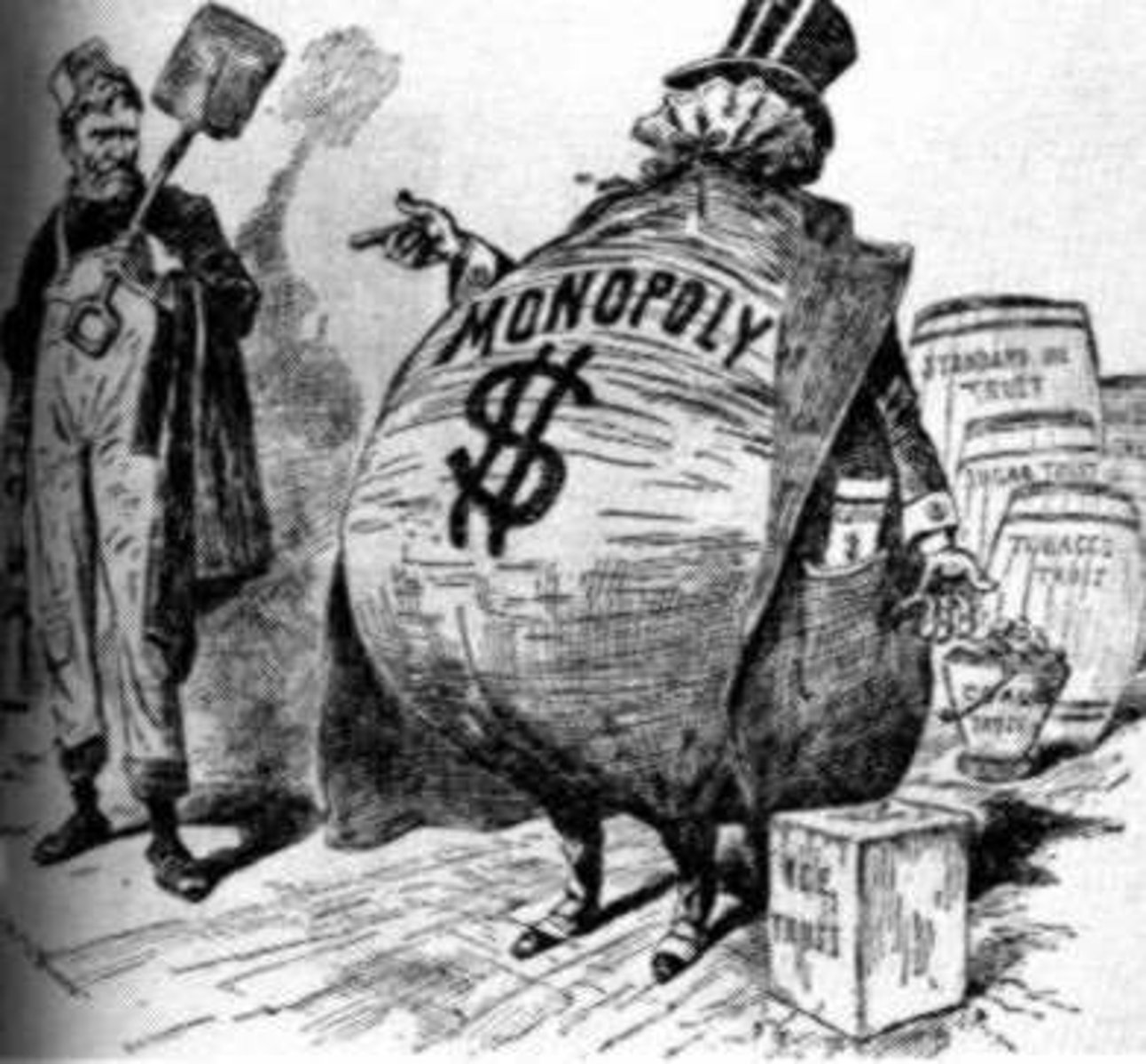
preservation
Maintenance of a resource in its present condition, with as little human impact as possible.
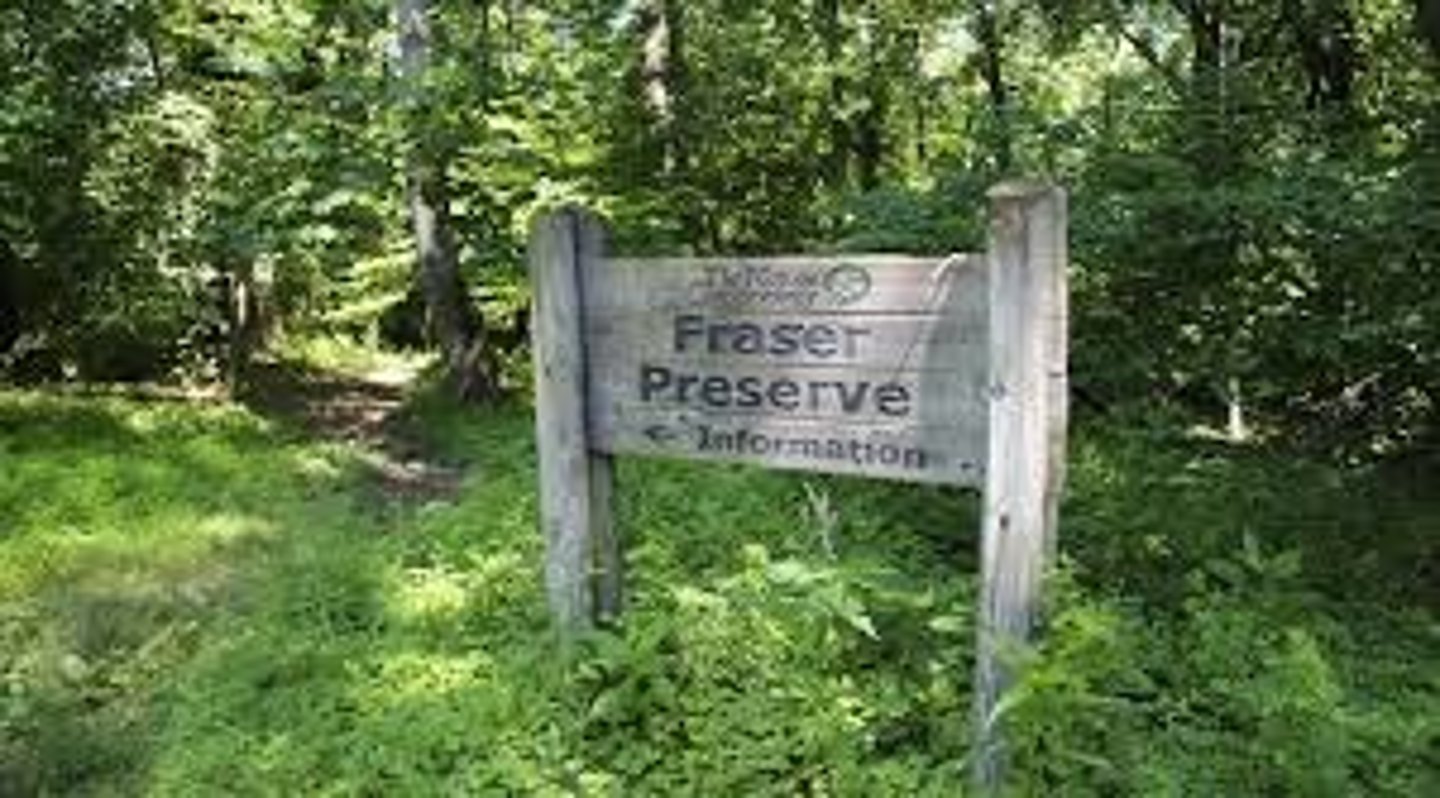
conservation
Protecting and preserving natural resources and the environment
